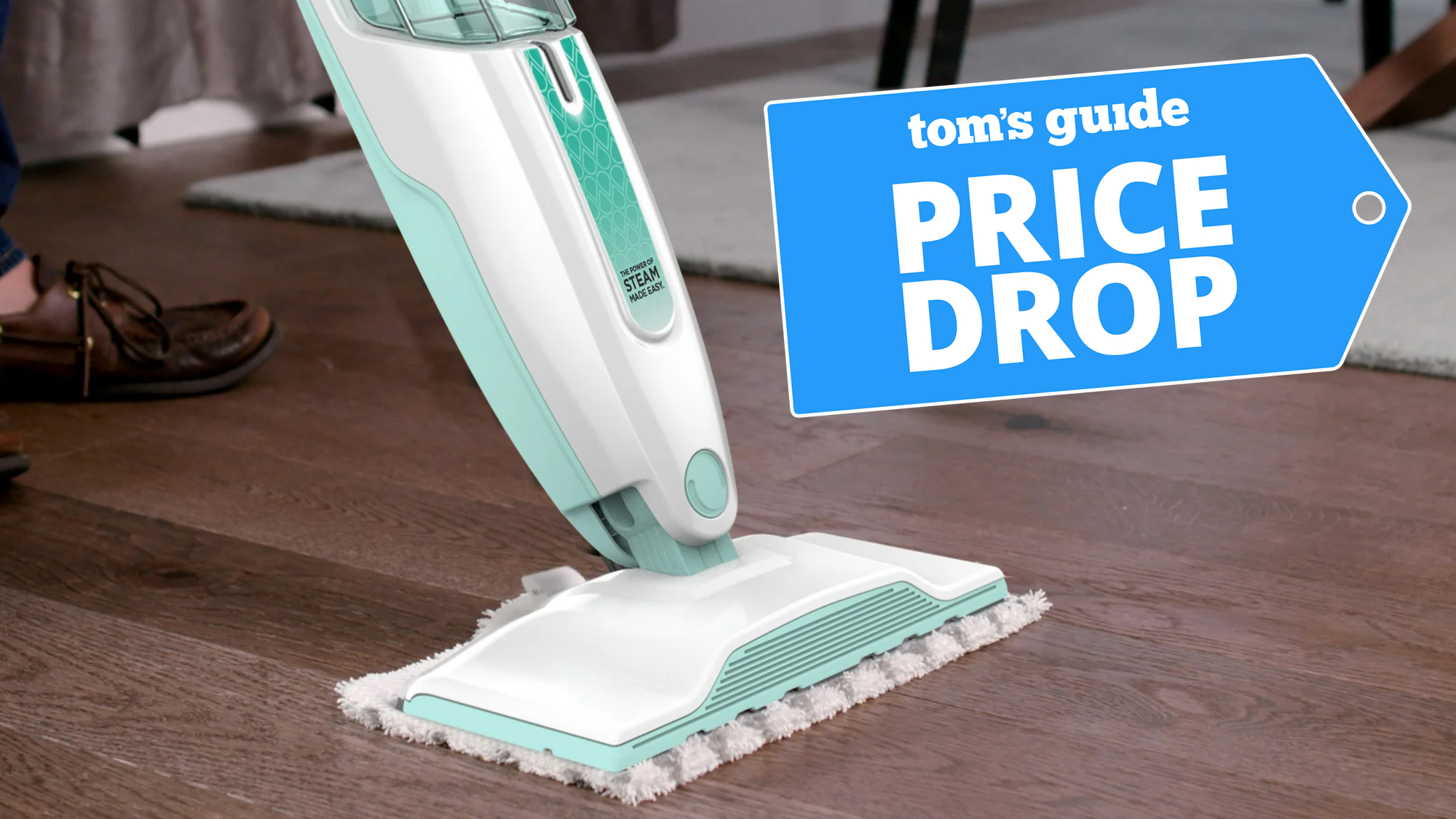Best phones 2025 tested — April top picks
We've reviewed dozens of handsets to find the best phones at a wide range of prices
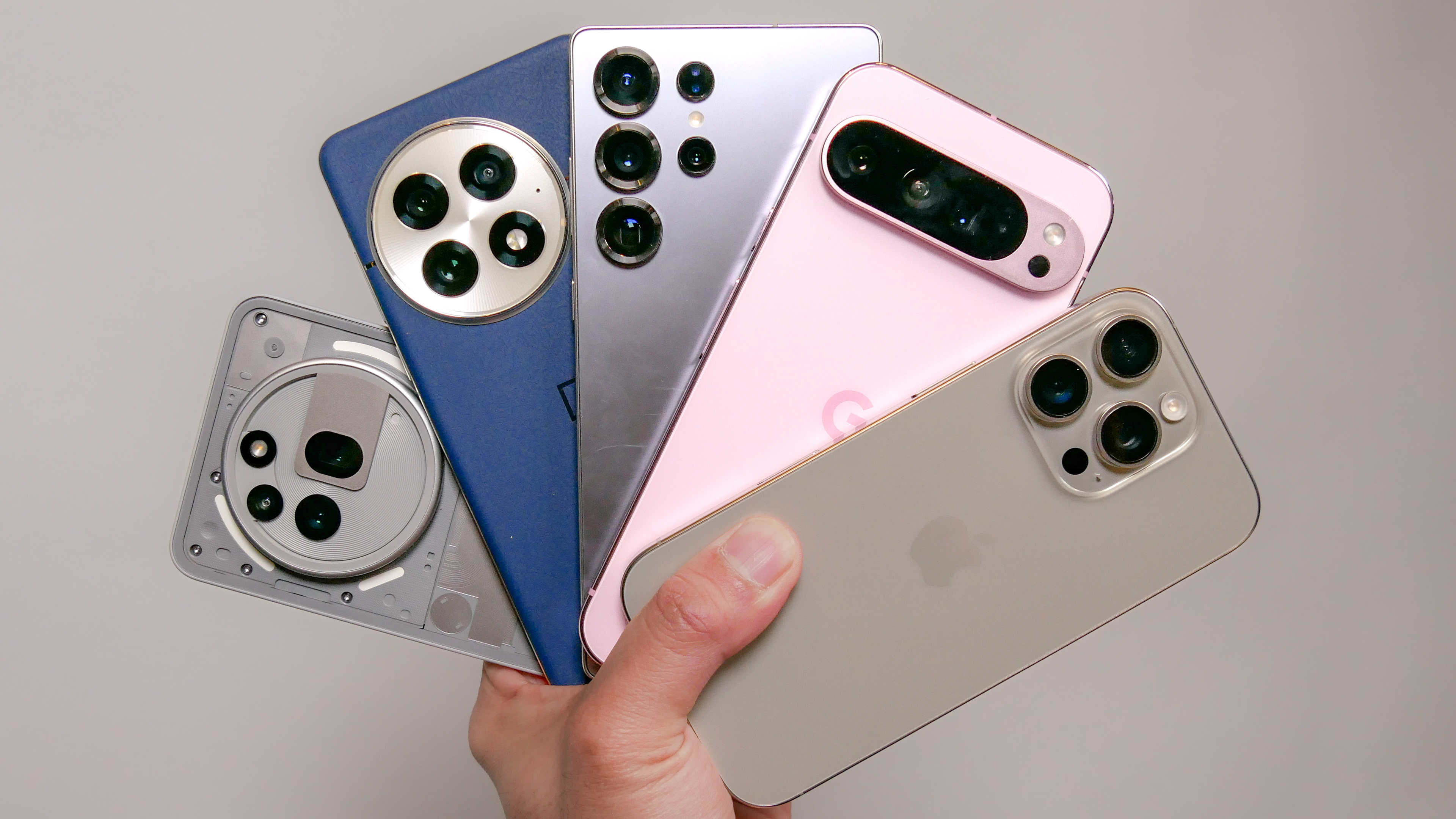
After the first big phone release of 2025 brought a new device to the top of our best phones rankings — take a bow, Galaxy S25 Ultra — the spring has given us a lot of low-cost phones to consider, including a new pick for the best phone under $500.

1. Galaxy S25 Ultra: Best overall
2. iPhone 16 Pro Max: Best iPhone
3. Pixel 9 Pro: Smartest phone
4. Pixel 9a: Best under $500
5. OnePlus 13: Best Android flagship value
6. iPhone 16: Best iPhone value
7. Nothing Phone 3a Pro: Best alternative value
8. Galaxy S25: Most affordable Samsung flagship
9. OnePlus Open: Best foldable
10. iPhone 16e: Affordable AI
While flagship models still dominate the list, many of the best cheap phones make for strong contenders as well. Case in point, the Pixel 9a and iPhone 16e. The latter is the cheapest new iPhone you can get, while the Pixel 9a remains a standout for the fact that Google keeps its price firmly at $499.
If money is no object, the Galaxy S25 Ultra is clearly the phone to get. Samsung's premium device benefits from hardware improvements, but its AI is where it really makes its mark. And if you don't want to pay $1,299 for your next phone, the Samsung Galaxy S25 offers those same AI features for less.
That's not to take away from our previous pick for the best phone, Apple's iPhone 16 Pro Max. The top iPhone has outstanding cameras and epic battery life. It also offers AI tricks of its own via Apple Intelligence.
If you want to break out of the Samsung vs. Apple mindset, the Pixel 9 Pro and OnePlus 13 offer some strong alternatives.
I've reviewed many of these phones first-hand, with the rest of the phones team at Tom's Guide adding their thoughts and insights for an in-depth look at which devices you should consider. Between every one of our phone reviewers, we've got more than four decades of experience evaluating phones from every possible angle.
Our best phone picks are based on our lab tests and real-world use of each phone we get our hands on. Here are the 10 phones you should consider if you're looking to get a new handset right now.
The best phones — quick list
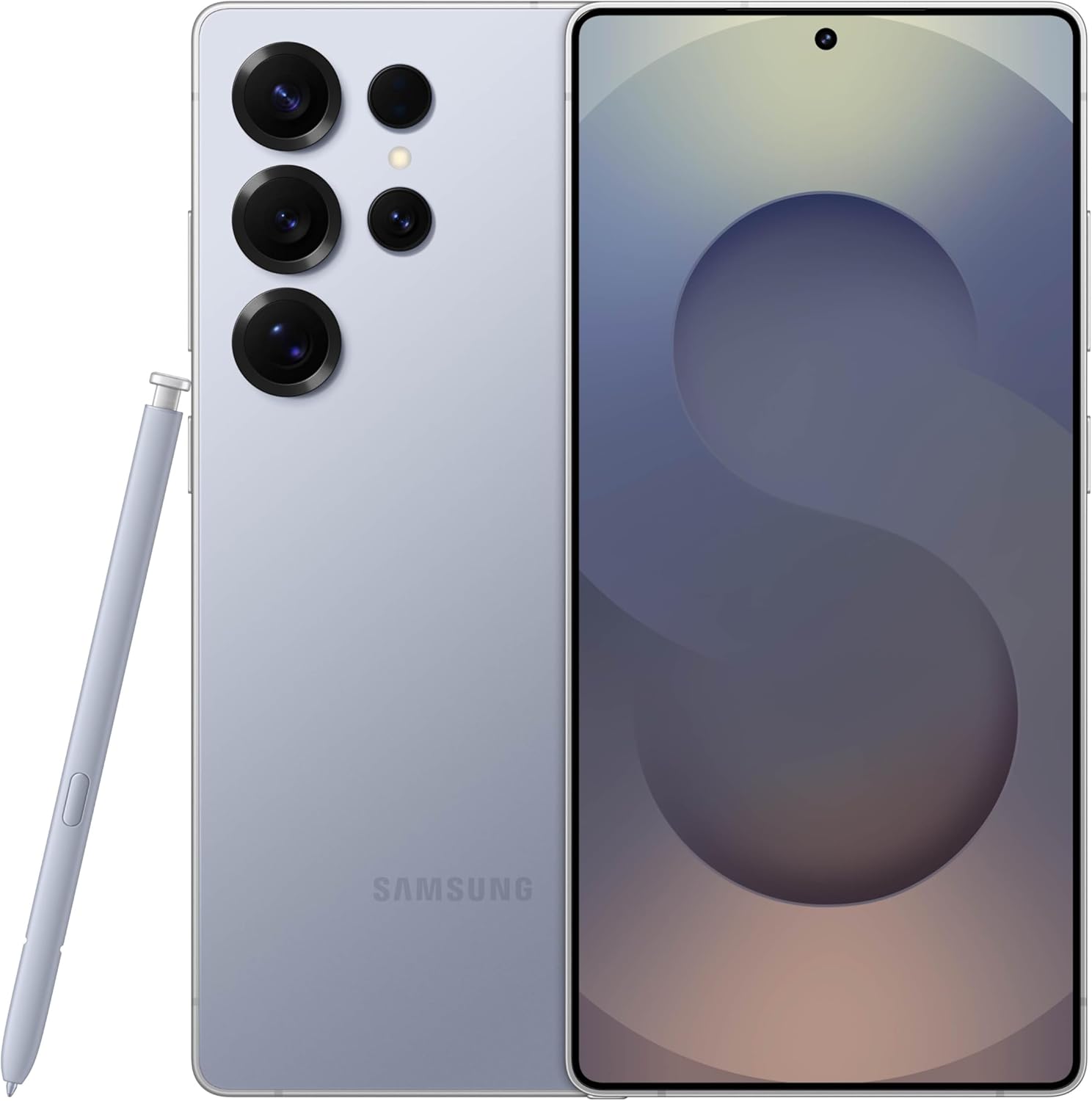
When it comes to giving you the best performance and the most features, you can't top the Galaxy S25 Ultra with its quadruple camera system, the utility of its S Pen, useful Galaxy AI features, and the desktop PC-like experience of Samsung DeX.
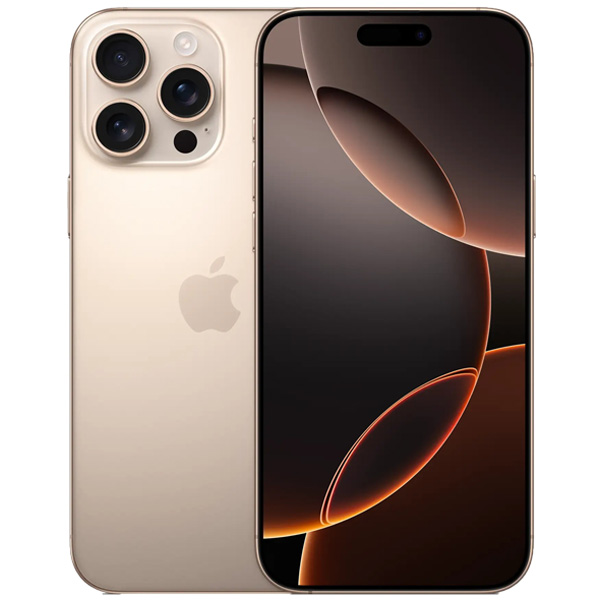
The biggest iPhone comes with the best performance as well. If you're after that best in class experience, look no farther than the iPhone 16 Pro Max, which is packed with Apple Intelligence features, obscenely long battery life, and excellent cameras.
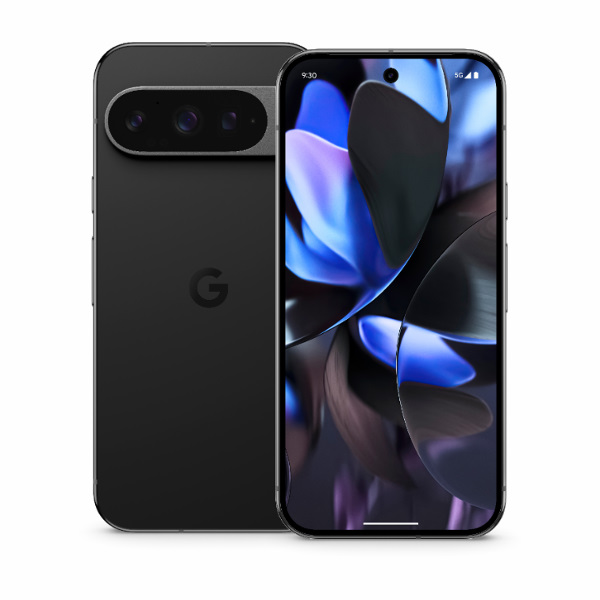
Why pay more when the Pixel 9 Pro gets the job done at a lower cost? This is the phone to get with the best AI features around to help summarize voice recordings, take phone calls for you with Screen Call, and generate images of people with Pixel Studio.

I'm the managing editor for mobile at Tom's Guide, where I've been working since 2015. In total, I've covered technology for 25 years now — I was even there when Steve Jobs showed off the original iPhone back in 2007. I've been looking at and testing phones since that day, and if you visit my Northern California home, you can marvel at the stacks of phones I keep handy for head-to-head testing.
The best phone overall
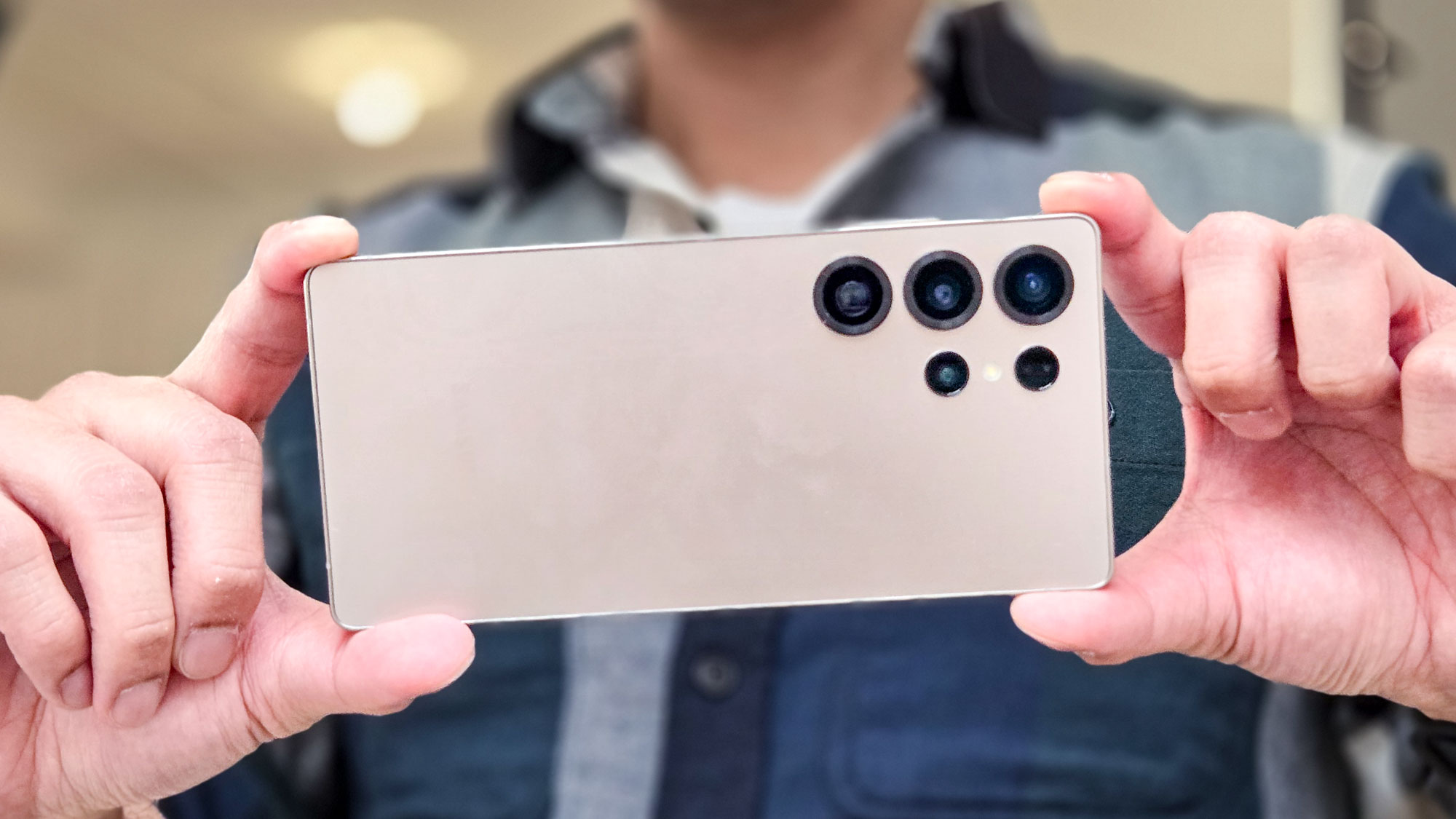
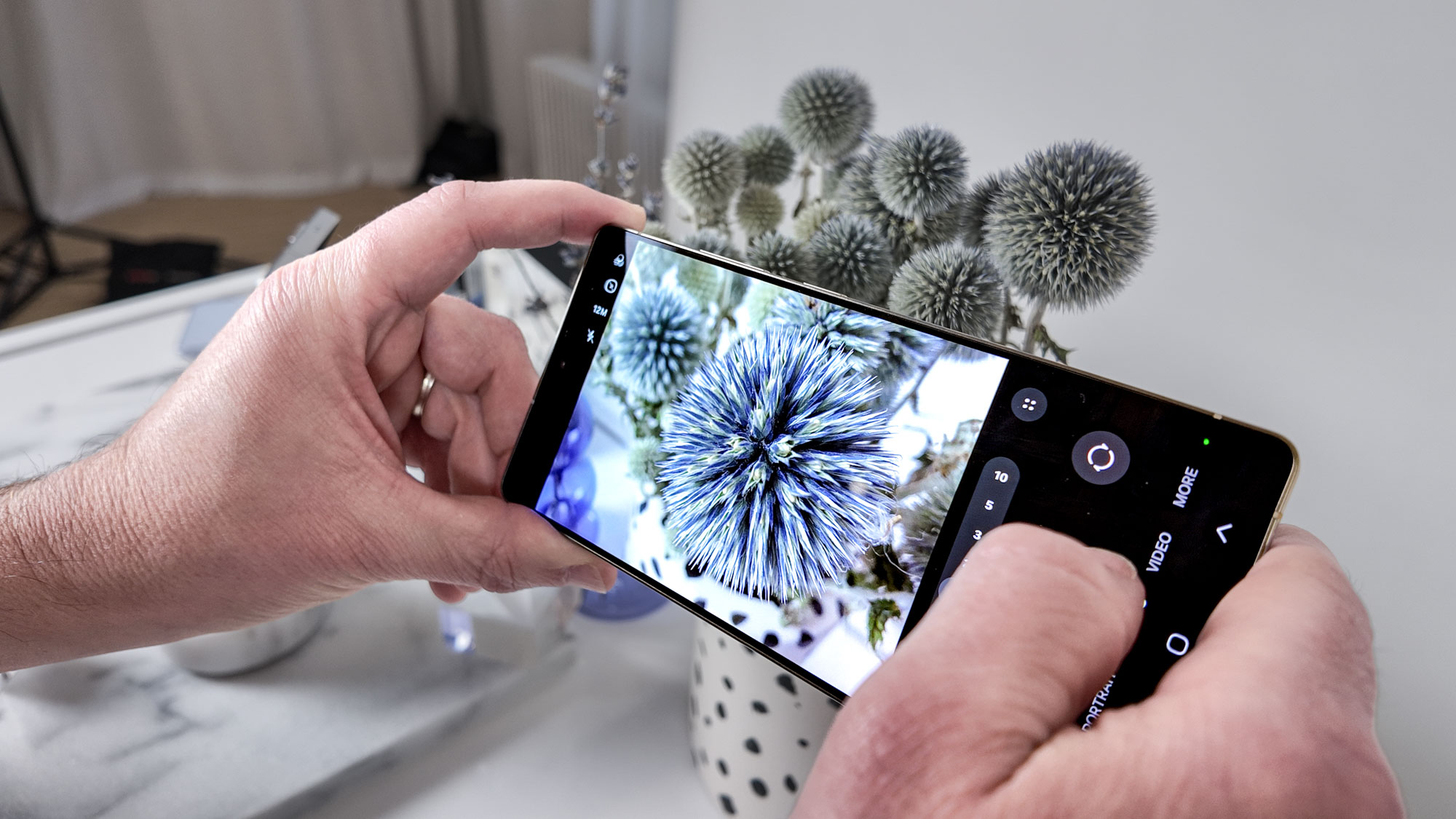
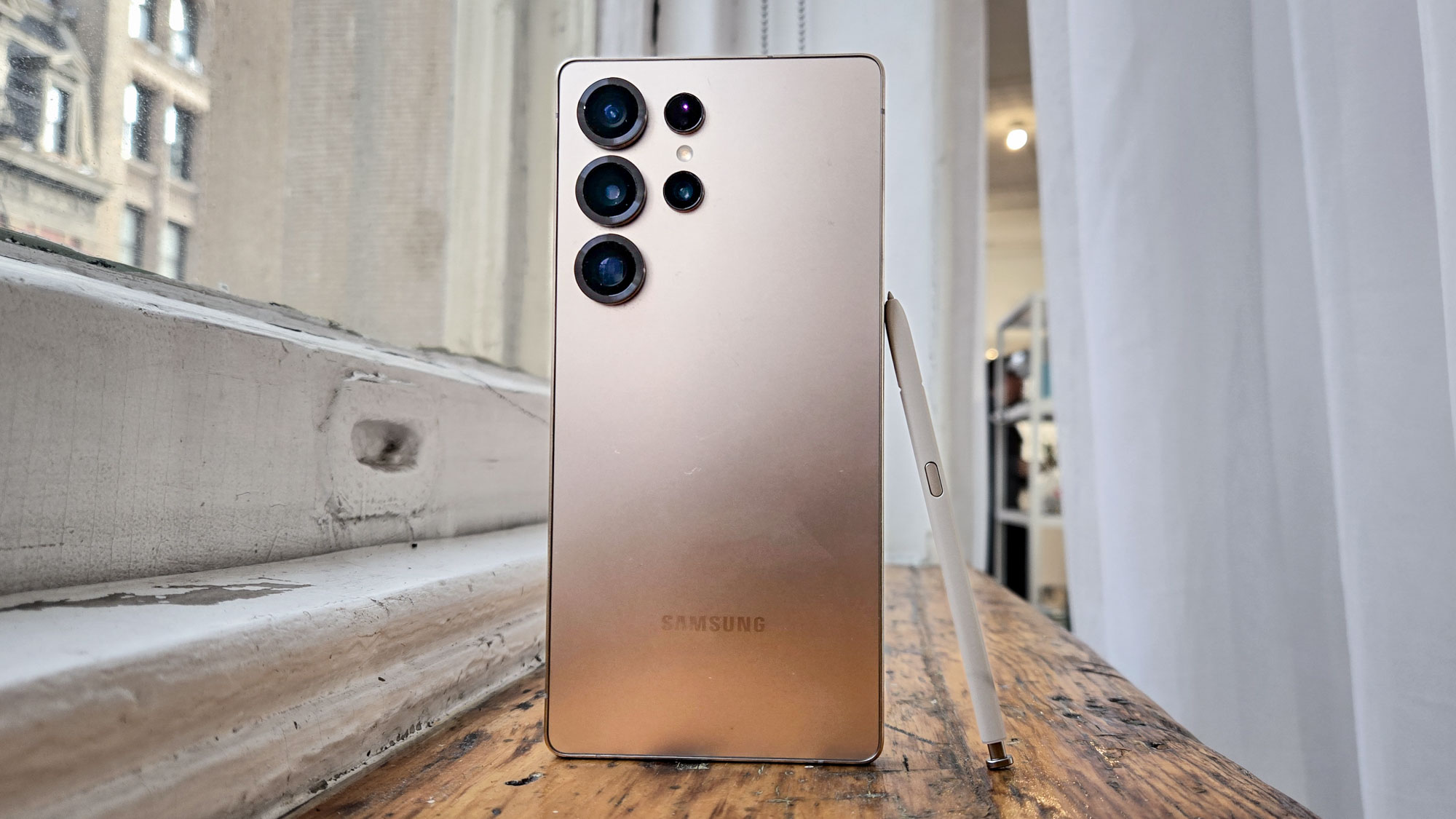
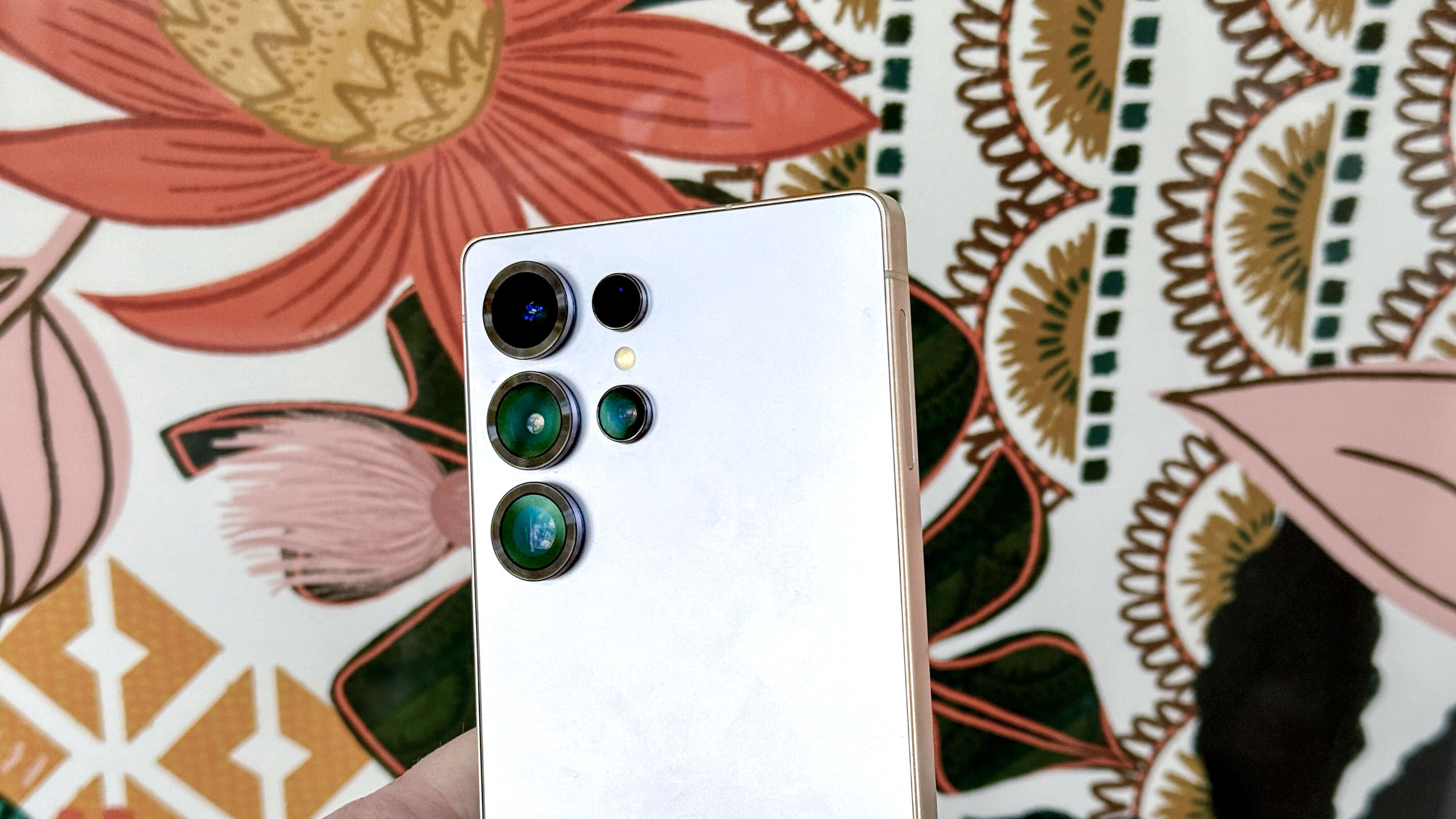
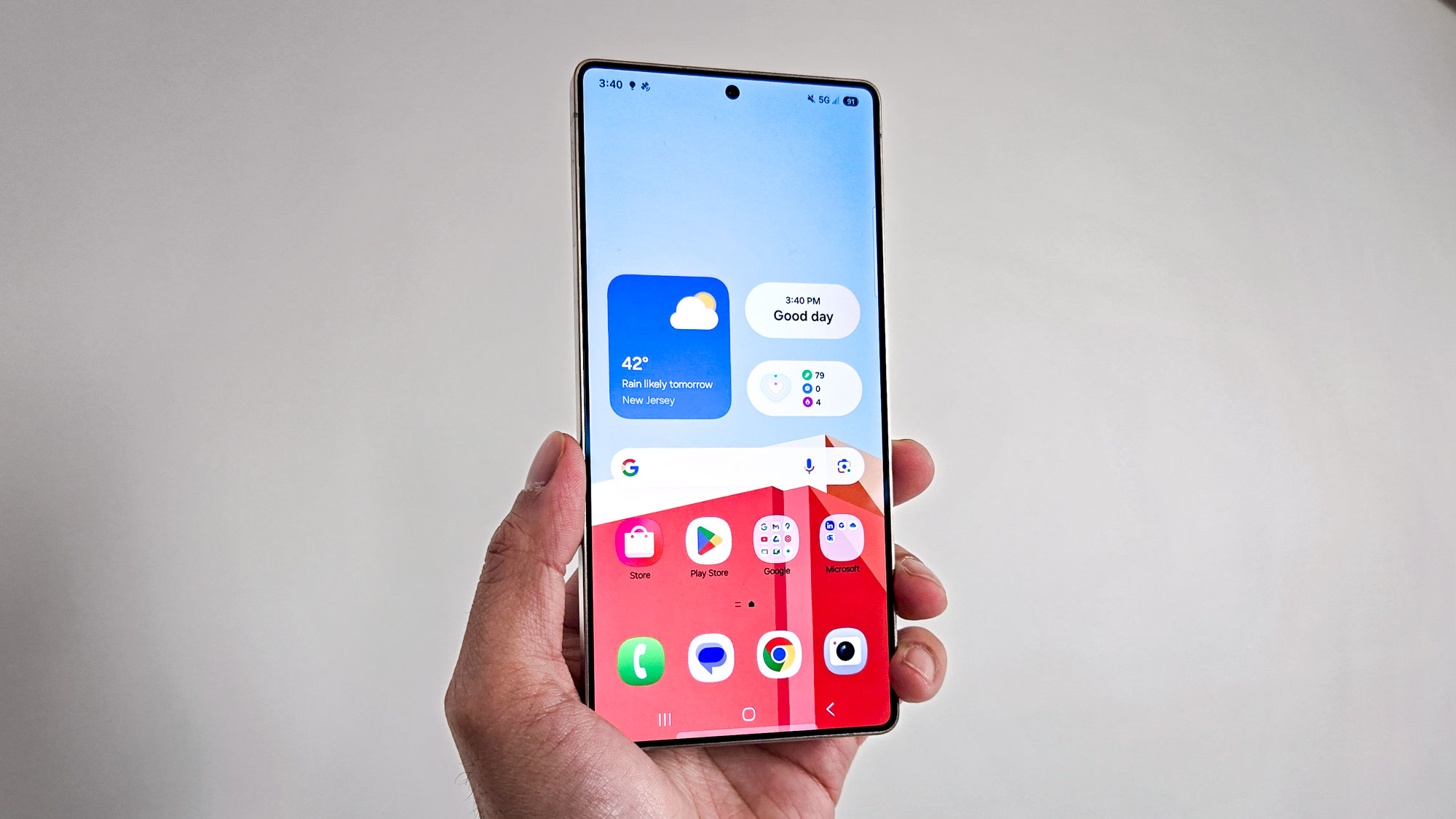
Specifications
Reasons to buy
Reasons to avoid
Don't look for big hardware changes with the Galaxy S25 Ultra compared to last year's model. instead, Samsung has put the focus on building out its Galaxy AI features to excellent effect. In fact, it's fair to say, that mobile AI gets to the next level with the Galaxy S25 Ultra.
That's because Samsung has added important features like cross app actions, where you can use the on-board digital assistant to interact with apps on your phone — both Samsung and Google apps, initially, along with Whatsapp and Spotify. Even better, you can give one command that triggers multiple actions, like looking up the date of an event, adding it to your calendar and texting the info to a friend.
A Personal Data Engine on board the phone learns your preferences, interests and activities and fills a new Now Brief screen with relevant information about upcoming appointments, weather forecasts or more. Now Brief is pretty bare bones at this point, but the promise is that it's going to learn more about you over time and adjust its recommendations accordingly. We'll circle back after using the Galaxy S25 Ultra to see if that's true.
Other AI favorites like Circle to Search gain new powers and new features like the Now Bar serve as Samsung's version of Live Activities on the iPhone, helping you track ongoing notifications from your lock-screen. None of this is to diminish the hardware changes that are present on the Galaxy S25 Ultra, but AI takes the starring role here. And it's quite a star turn at that.
Price and value: If there's one blemish to the Galaxy S25 Ultra, it's that the phone continues to cost more than rival flagships. At $1,299, this phone costs $100 more than the most expensive flagships from Apple and Google. But at least Samsung managed to avoid price increases this year, and the base model of the Galaxy S25 Ultra offers 256GB of storage. Galaxy S25 Ultra deals let you whack down the price of this phone a bit.
Camera performance: The biggest hardware change to the Galaxy S25 Ultra's camera setup involves an upgraded ultrawide sensor — it's now 50MP for more detailed shots and sharper macros. But upgrades to the ProVisual Engine that processes photos have paid off big for this year's Galaxy devices, and the S25 Ultra reaps the rewards.
When my colleague Mark Spoonauer put the S25 Ultra up against the iPhone 16 Pro Max in an 11-round photo face-off, the Galaxy S25 Ultra wound up winning more rounds. In particular, Samsung's phone excels at zooms, selfies and low-light shots. The Galaxy S25 Ultra also won our 200 macro photo face-off with the iPhone 16 Pro Max.
There are still some areas where the iPhone 16 Pro Max takes better shots, but the Galaxy S25 Ultra photo output has improved enough to make me conclude that this is the best camera phone you can buy right now.
Battery and charging: Samsung didn't increase the battery size from the Galaxy S24 Ultra, but even so, this year's model outlasted its predecessor on our battery test by 45 minutes. The Galaxy S25 Ultra was able to surf the web over cellular for 17 hours and 14 minutes, the longest time we've recorded for a Samsung device. Credit the Snapdragon 8 Elite inside the phone for improving power efficiency.
Charging speeds are unchanged from the previous few Ultra models, though Samsung has nominally added Qi2 wireless charging support. However, since the phone doesn't feature magnets on its back for a more secure fit with Qi2 charging pads, you're losing many of the benefits of the new charging standard unless you buy a Qi2-ready case.
Overall performance: The Snapdragon 8 Elite inside the Galaxy S25 Ultra does more than just help the new phone last longer on a charge. It also delivers some of the best performance we've seen on an Android device, especially since Samsung is using an overclocked version of the silicon. That helps the Galaxy S25 Ultra produce better benchmark numbers than the OnePlus 13, which also has a Snapdragon 8 Elite chipset. But the gaming-focused Asus ROG Phone 9 Pro can lay claim to the speed king title, thanks to its numbers on some tests.
The neural engine on the Snapdragon 8 Elite coupled with 12GB of RAM on the base model give the Galaxy s25 Ultra enough processing muscle to handle more AI tasks on device. And the Galaxy S25 Ultra comes with a bigger, brighter display than last year's model so everything from gaming to streaming looks better on this new device.
Verdict: The Galaxy S25 Ultra proves that big hardware changes aren't necessary to make a splash in the smartphone world. The Galaxy AI features debuting on this year's premium Samsung phone are reason enough to upgrade, especially if you've got an older phone. And the improved cameras, longer battery life and brighter screen add to the value, even if you find the Galaxy S25 Ultra's high price a little hard to swallow.
Read the full review: Samsung Galaxy S25 Ultra
Attributes | Notes | Rating |
|---|---|---|
Price | As great a phone as the Galaxy S25 Ultra is, $1,299 is a lot to pay for a handset, especially when you can get an iPhone 16 Pro Max or Galaxy 9 Pro XL for $100 less. | ★★☆☆☆ |
Cameras | The camera competition between the Galaxy S25 Ultra and the iPhone 16 Pro is a tight one. But based on the head-to-head shots we've taken so far, the better zooms and low-light images help the S25 Ultra edge out the iPhone 16 Pro Max. | ★★★★★ |
Power | The days of Android phones playing second fiddle to Apple on performance are over. The Galaxy S25 Ultra excels in graphics testing and even beats the best iPhones in some CPU speed tests. A vapor chamber helps keep the phone cool | ★★★★★ |
Battery life | The longest-lasting Samsung phone ever manages to outlast the Galaxy S24 Ultra, which was no slouch in the battery department, even with the same sized battery. Credit the Snapdragon 8 Elite for top power management features. | ★★★★★ |
More on the Samsung Galaxy S25 Ultra
Why you can trust Tom's Guide
The best iPhone



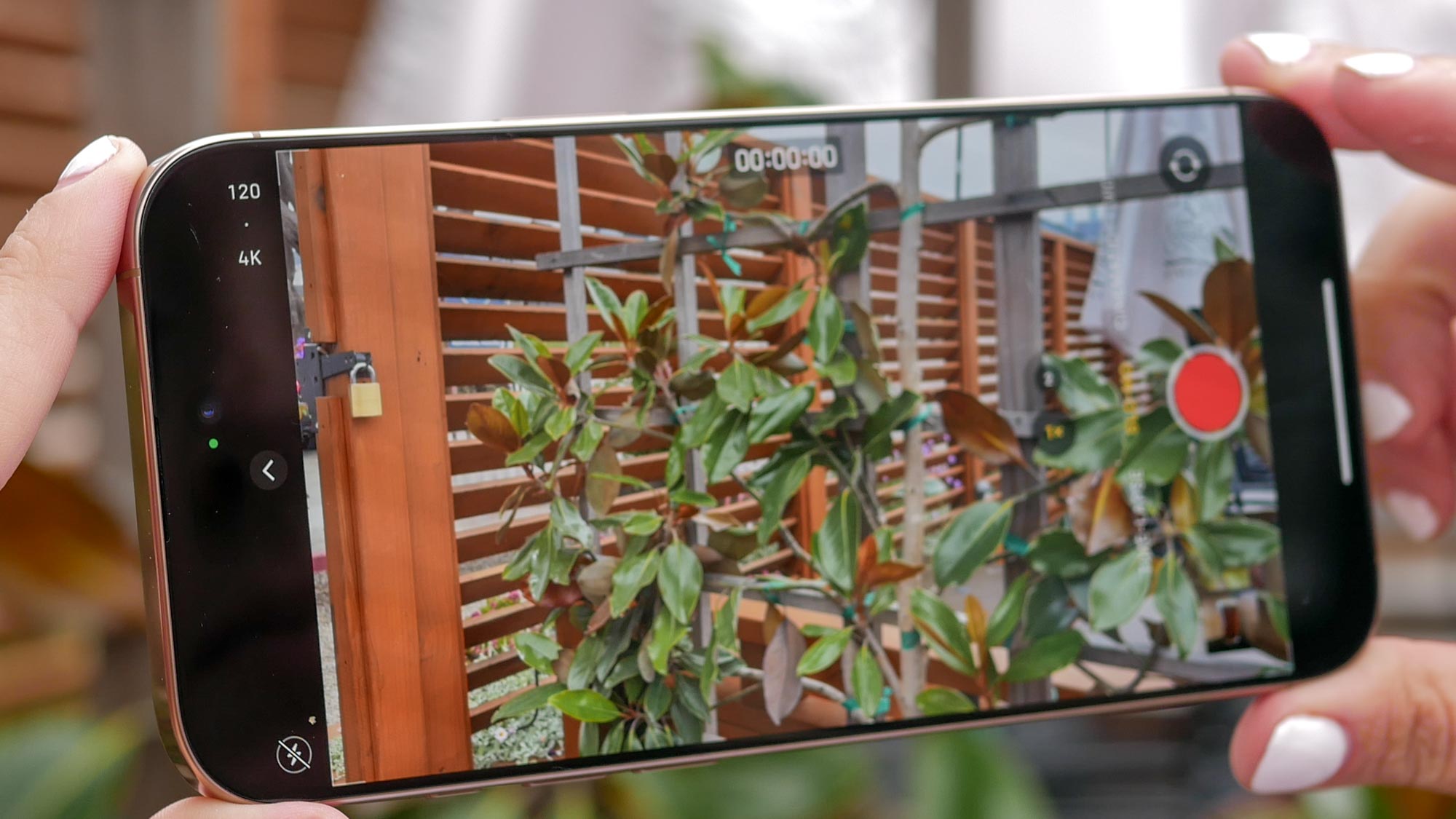
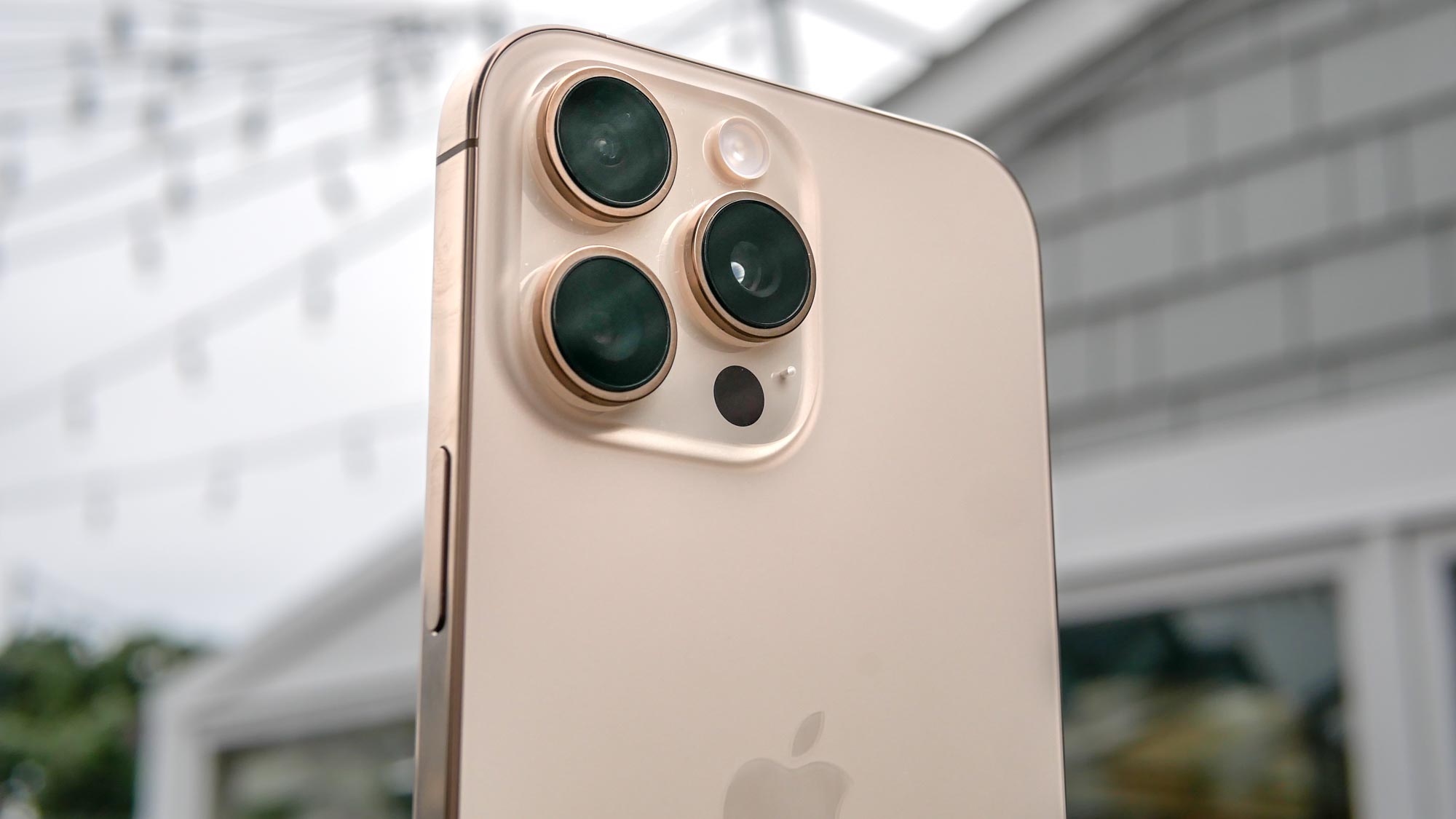
Specifications
Reasons to buy
Reasons to avoid
The iPhone 16 Pro Max no longer holds down the top spot among the best phones we've tested, but that's more of a reflection of the advanced AI on board the Galaxy S25 Ultra. It's a situation Apple could soon address, as it continues its Apple Intelligence rollout in 2025, though it's a bit disappointing that promised Siri improvements have been delayed.
Even if Samsung now holds the edge, there's plenty to love about the iPhone 16 Pro Max. This model offers a bigger screen (without increasing its overall size too much from the iPhone 15 Pro Max), an upgraded ultrawide camera and a faster processor.
You won't have to ditch your iPhone 15 Pro Max if you upgraded in 2023, and anyone worried about missing out on the first round of Apple Intelligence features should relax. While a good first step, Apple Intelligence is more of a nice-to-have than a must-have at this point.
That said, there are plenty of compelling reasons to upgrade to the iPhone 16 Pro Max, particularly if you've got an iPhone that's at least a couple years old.
Price and value: While this model commands the same $1,199 cost as its predecessor, a larger 6.9-inch screen and bigger battery means you're getting more for your money. That's particularly true now that the Ultra model of Samsung's Galaxy S flagships costs $100 more than Apple's top model.
"Less expensive" is relative, though, as the iPhone 16 Pro Max's $1,199 starting price is a lot for some people to pay.
Camera performance: iPhones live and die by their cameras, and the telephoto lens on the iPhone 16 Pro Max offers some notable improvements to both its main camera and its ultrawide lens. These complement the 5x telephoto lens that returns from the iPhone 15 Pro Max.
Because the iPhone 16 Pro features the same camera setup for $200 less, we'd steer more people toward that phone, but you won't be disappointed with what the iPhone 16 Pro Max cameras produce.
We've even put it through a 200 photo face-off against the Galaxy S24 Ultra to crown an undisputed champion, and the iPhone 16 Pro Max came out on top on the strength of its superior dynamic range and low-light shooting capabilities. For now, the Galaxy S25 Ultra has regained the lead, but the iPhone 16 Pro Max remains an outstanding camera phone option.
Battery and charging: The battery on the iPhone 16 Pro Max lasts more than 17.5 hours on our battery test, where we have a phone surf the web until its battery gives out. The average phone barely makes it past 10 hours, but the iPhone 16 Pro Max was just getting warmed up at that point. No other iPhone has ever lasted that long, with the iPhone 16 Plus coming the closest with an average result of around 16.5 hours.
If only the iPhone 16 Pro Max could charge quickly, but at least MagSafe charging is improved to 25W speed.
Overall performance: Qualcomm's Snapdragon 8 Elite is giving the iPhone all it can handle, but the A18 Pro chipset powering the iPhone 16 Pro Max turns out to be a very fast chip on its own.
We noticed the extra oomph when using the iPhone 16 Pro Max to perform everyday tasks and switch between apps. When we used the iPhone 16 Pro Max to transcode a video, the task took half as long as it did on the Galaxy S24 Ultra, and it bests the Galaxy S25 Ultra in that test, too.
Verdict: The iPhone 16 Pro Max wins top marks for design, photography and performance. Charging speed and digital zoom features could be further refined, and it's very expensive relative to some of the other phones on this list, but you definitely get a lot of power and polish for your money. Now it's just a matter of Apple delivering on the Siri improvements it promised.
Read the full review: iPhone 16 Pro Max
Attributes | Notes | Rating |
|---|---|---|
Price | This is the most expensive iPhone Apple sells. You can save $200 with the iPhone 16 Pro, if you don't mind the smaller screen and less battery life. | ★★★☆☆ |
Cameras | The iPhone 16 Pro Max is one of the best camera phones we've tested, though both the Pixel 9 Pro and Galaxy S24 Ultra beat it on zoomed shots. | ★★★★☆ |
Power | Snapdragon 8 Gen 3-powered phones may have caught up to Apple's silicon, but the A18 Pro continues to be a top performer, particularly when it comes to overall speed and daily tasks. | ★★★★★ |
Battery life | You won't need to charge your phone up during the day. The iPhone 15 Pro Max is the second longest-lasting iPhone we've ever tested, finishing ahead of the iPhone 16 Plus. | ★★★★★ |
More on the iPhone 16 Pro Max
Smartest phone
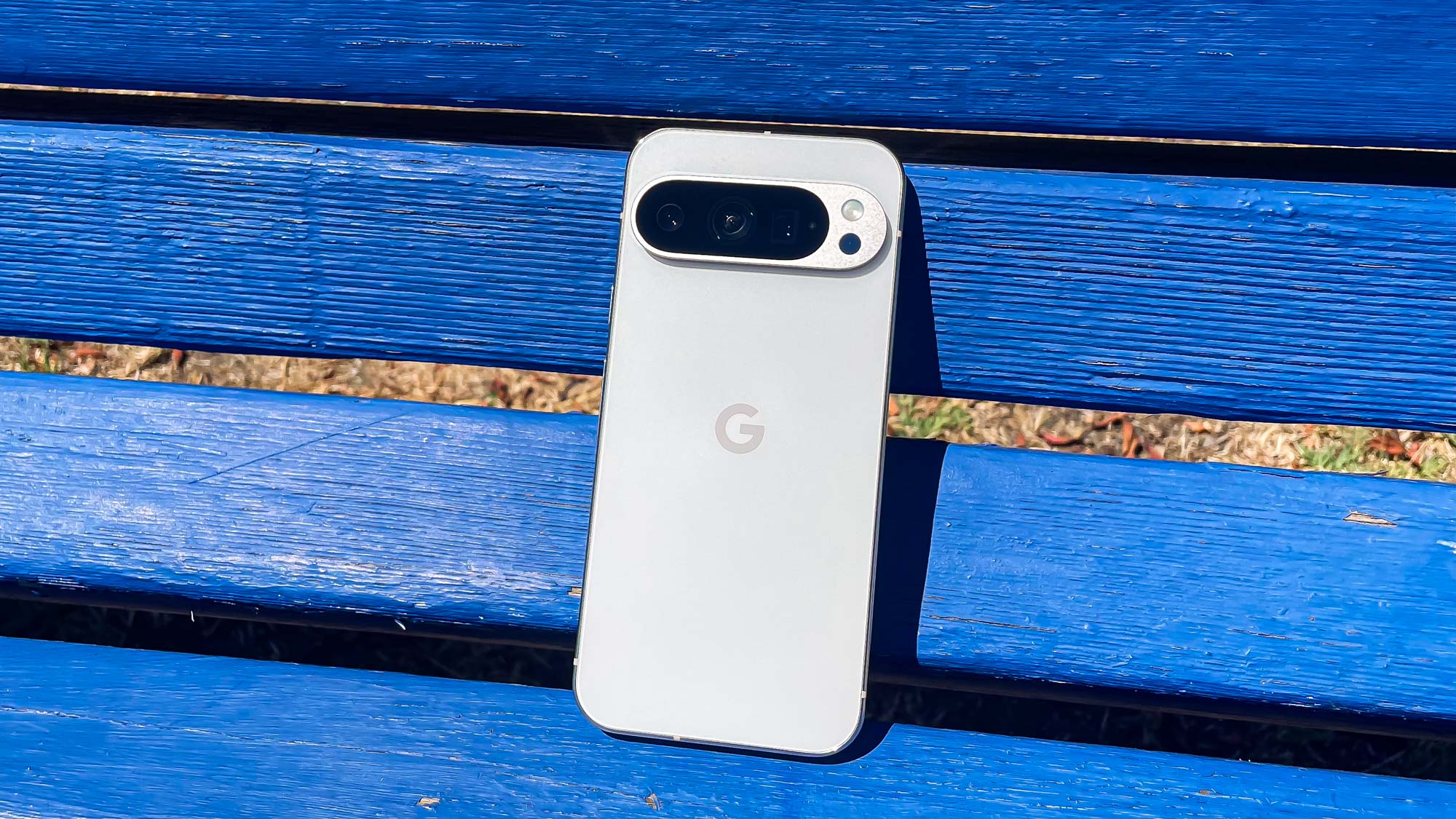
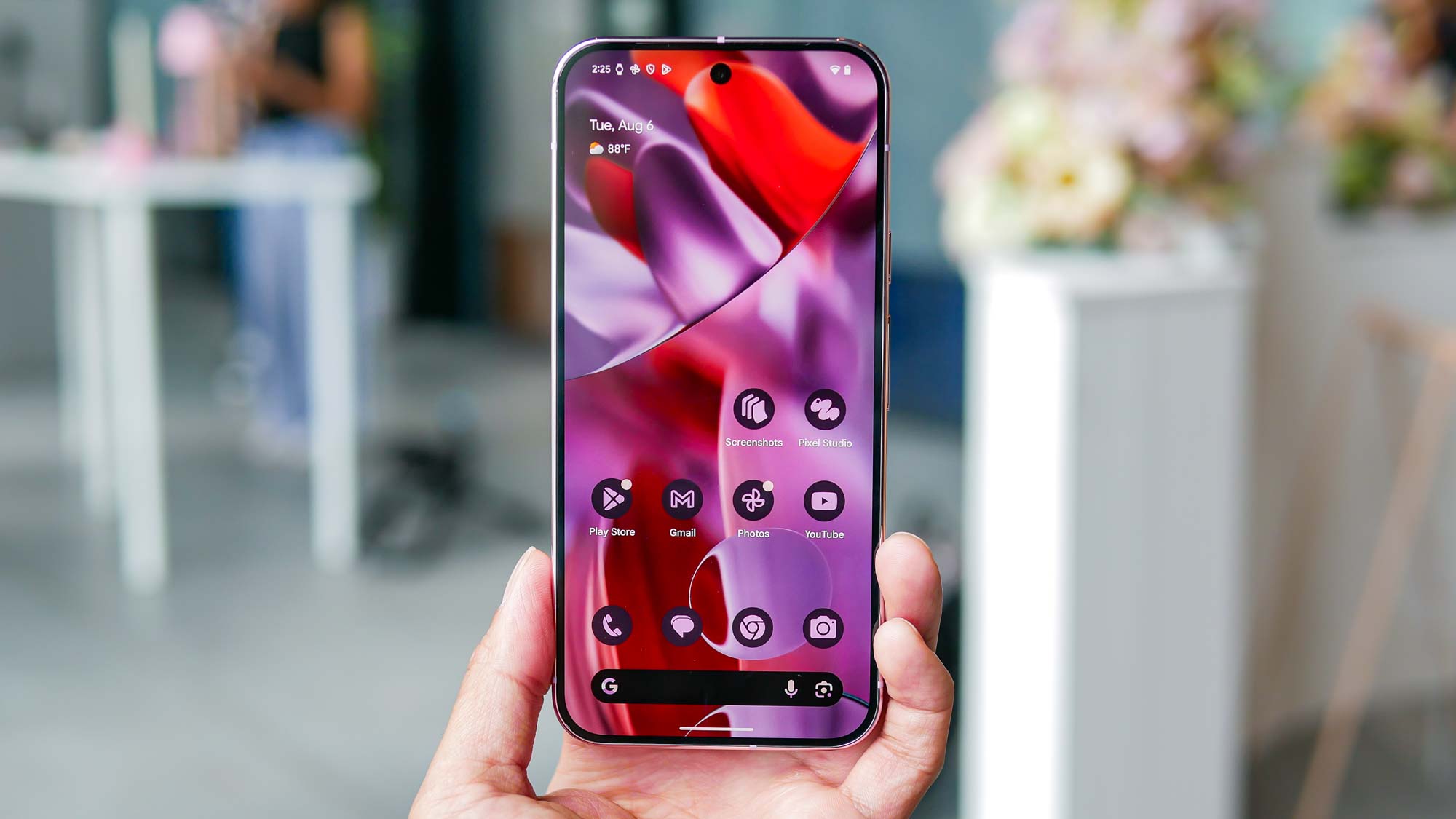
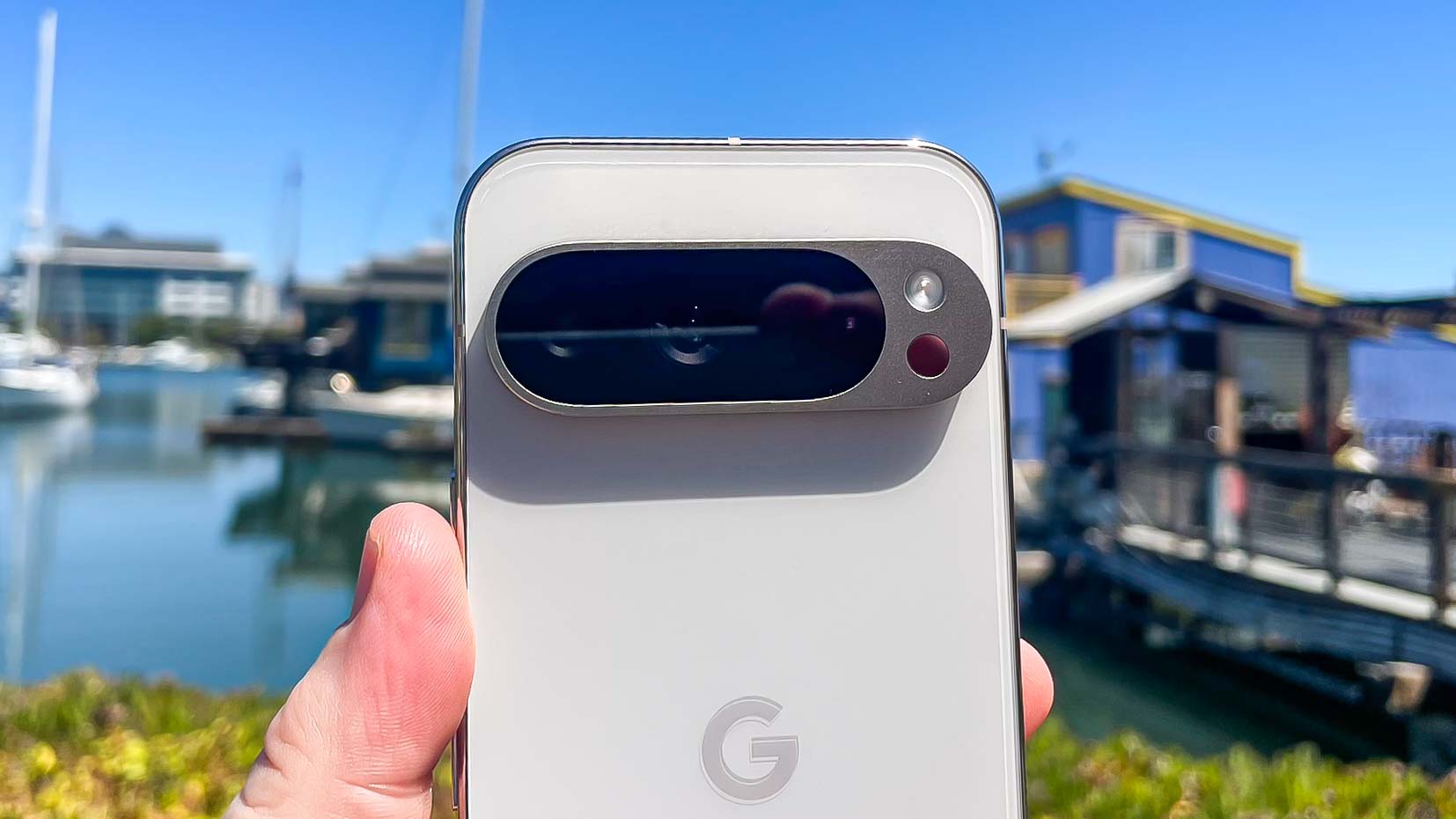
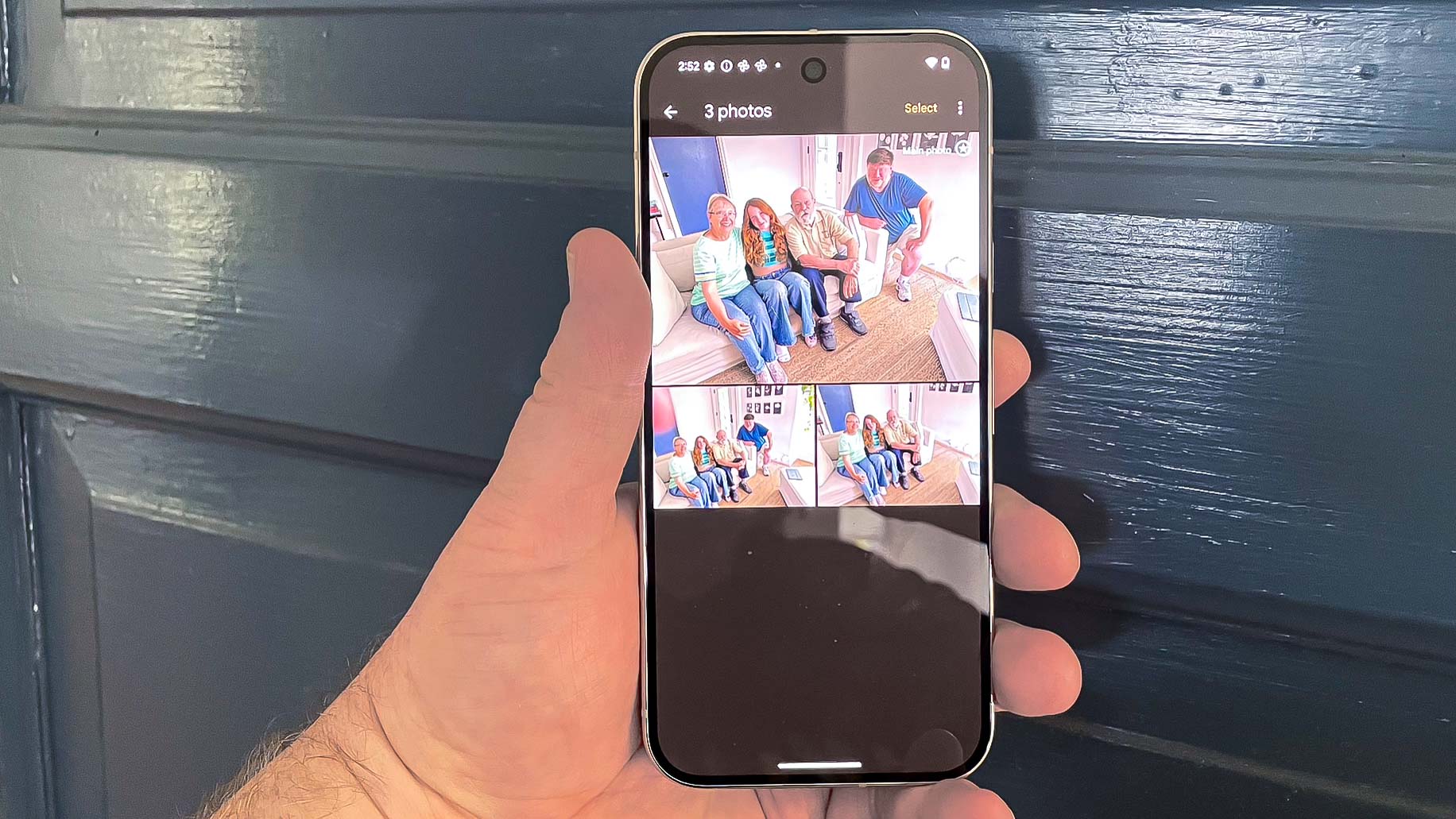
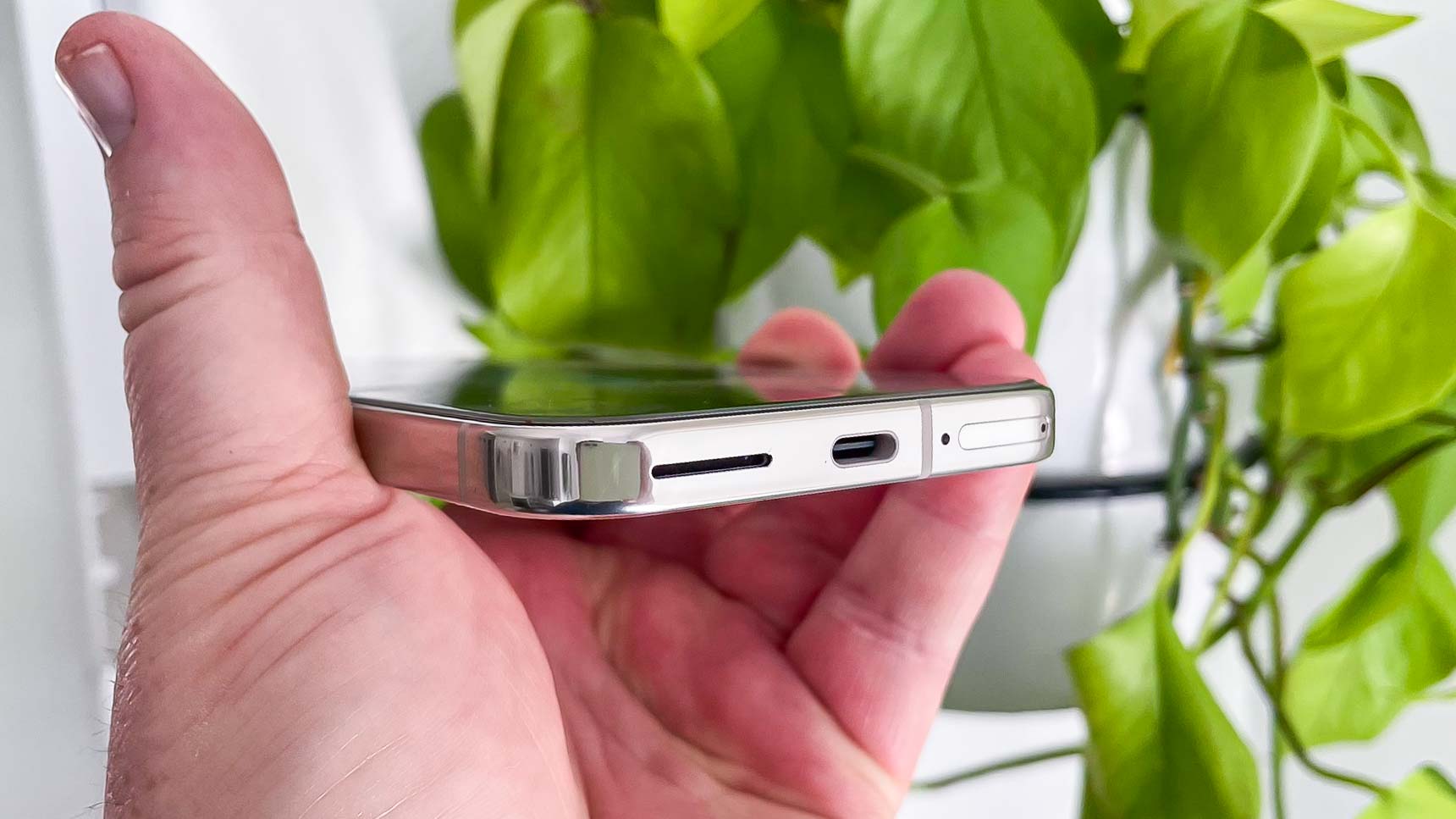
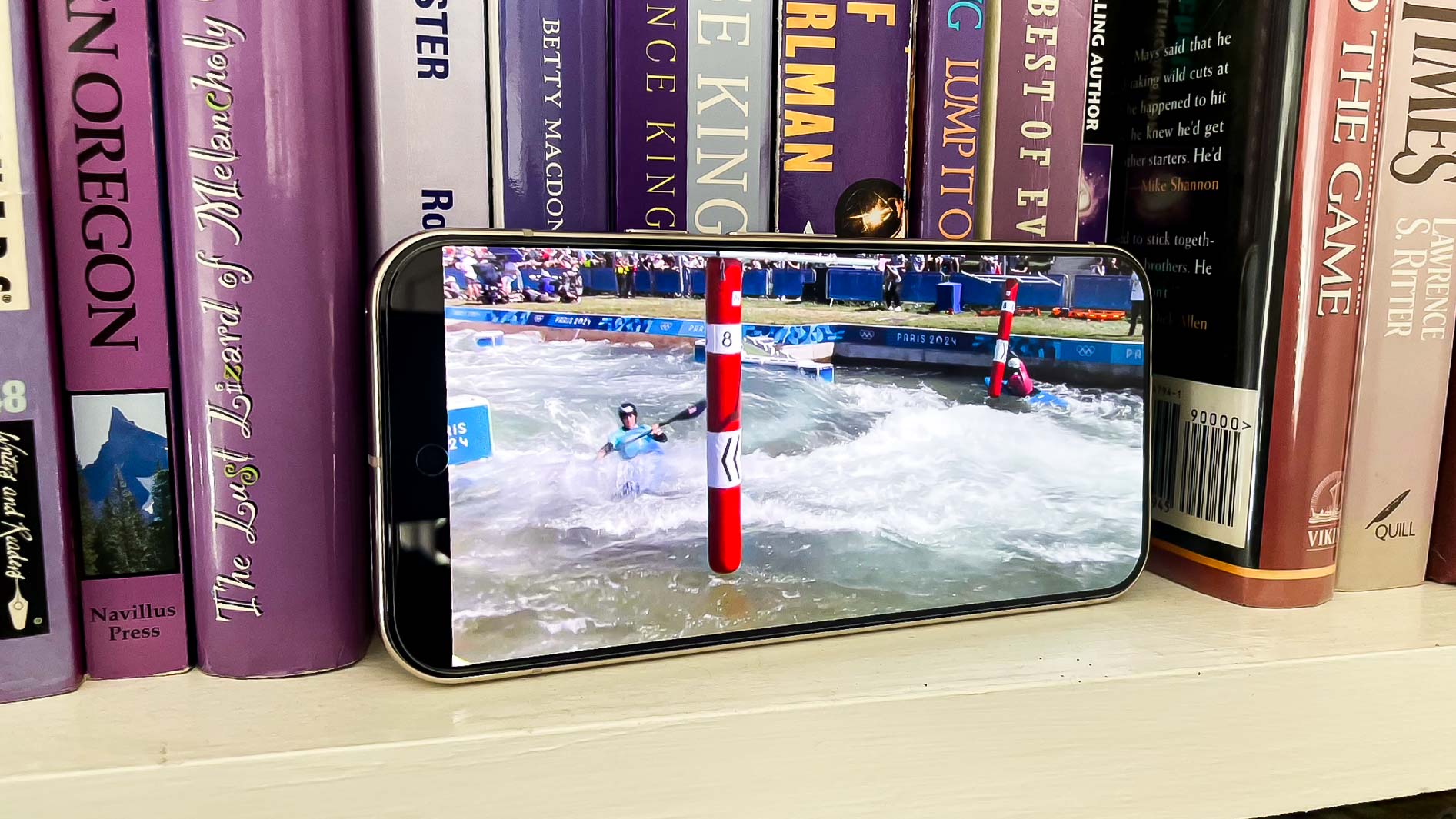
Specifications
Reasons to buy
Reasons to avoid
AI is the feature of the moment right now with smartphones, as both Apple and Samsung spent the past year adding AI-powered features to their phones. Google's an old hand at this, though, having switched to the AI-focused Tensor chipset with the Pixel 6.
Now, we're up to Tensor G4 on the Google Pixel 9 Pro, and having used Apple Intelligence, Galaxy AI and Google's AI tools, I think Google has the most capable AI of them all. The Pixel 9 phones — including the 9 Pro — certainly had several of my favorite AI phone features introduced in the last year.
Google says customers wanted a more compact version of the Pro to go with the big-screen model. (If you prefer more screen real estate, consider the Pixel 9 Pro XL, which has the exact same features as the regular Pro, but a 6.7-inch display and bigger battery, instead. It's also harder to use with one hand in my experience.)
Price and Value: The Pixel 9 Pro costs the same $999 that Google charged for the Pixel 8 Pro. But that older phone had a larger screen, which makes me feel like I'm being asked to pay more for less phone. Then again, with the improvements to battery life and display brightness — not to mention the latest AI features — you can't really claim that Google is shortchanging you on anything other than size.
Bargain hunters may want to wait to see how the Pixel 9a fares in our testing, as that phone costs just $499, but shares almost all of the AI features found on board the Pixel 9 Pro. You won't get a telephoto lens with the 9a, though, so if that's a non-starter, read on.
Camera performance: Actual Pixel 9 Pro camera improvements are modest — a new ultrawide sensor adds a Macro mode that performed very well when I tried it out. That said, I think the iPhone 16's macro photos are a little sharper. (They're different phones, but the iPhone 16 Pro Max vs. Pixel 9 Pro XL photo face-off John Velasco did illustrates the superiority of Apple's macro images.)
As for the Pixel 9 Pro's front camera, it gets an upgraded sensor, too, though I think Google needs to dial back the camera's tendency to make faces look too smooth.
Really, though, the Pixel 9 Pro's camera performance lives on the strength of its photo processing, and that remains strong, the cameras producing well-composed shots that showed off fine details when I tested them.
Battery and charging: Battery life hasn't been a strong suit for recent Google phones, but the Pixel 9 Pro breaks that losing streak. With a 4,700 mAh battery and a more efficient Tensor G4 chipset, the Pixel 9 Pro lasted an average of 13 hours and 30 minutes in our web surfing test — behind the comparably sized iPhone 16 and Galaxy S24 models, sure, but well, ahead of that 10-hour average for other smartphones. Other Pixels struggled to reach even that threshold so I like what I've seen from the Pixel 9 Pro's ability to get through the day on a charge.
Overall performance: The Tensor G4 that powers the Pixel 9 Pro can't keep pace with other top Android phones in benchmark testing, and it trails the iPhone 16, too. But that's not the focus of Tensor.
Instead, it powers a number of helpful AI features, including Pixel Screenshots for easy searches of content within screenshots, Add Me for inserting people into group shots and Call Notes for transcriptions and summaries of phone calls. Potentially, the best addition is Gemini Live, a smarter version of the Google Assistant. Pixel 9 Pro owners get a year of Gemini Advanced for supporting for complex features.
Some of the AI tools need some more polish, though they're still further along than Apple Intelligence features at the moment. Right now Pixel Screenshots has been the most useful addition for me since I take a lot of screenshots to remember important details. Using Pixel Screenshots, I'm able to search for those images by their content, and the Pixel 9 Pro is smart enough to show relevant results.
If you're more into producing images from nothing, the Pixel Studio generative AI tool lets you create things with nothing more than text prompts, and a feature update finally brings the ability to create images of people.
Verdict: If you're willing to bet that the Pixel 9 Pro's AI features will improve over time, the camera performance, longer battery life and bright display should be enough to give you a great device right now.
Read the full review: Google Pixel 9 Pro
Attributes | Notes | Rating |
|---|---|---|
Price | On the bright side, the Pixel 9 Pro costs the same $999 as the Pixel 8 Pro. But you're paying the same for a smaller screen. | ★★★☆☆ |
Cameras | You'll find few hardware changes outside an improved ultrawide sensor and higher-resolution selfie cam, but the Pixel 9 Pro still takes great shots. And the AI features are second to none. | ★★★★☆ |
Power | The Tensor G4 enables a bunch of new AI-powered features that make the Pixel 9 Pro standout. But it badly lags behind Samsung and Apple phones in terms of speed. | ★★★☆☆ |
Battery life | We've finally got a series of Pixels that outlasts the average smartphone, with the Pixel 9 Pro beating the average result on our test by 3 hours. | ★★★★☆ |
More on the Google Pixel 9 Pro
Best under $500
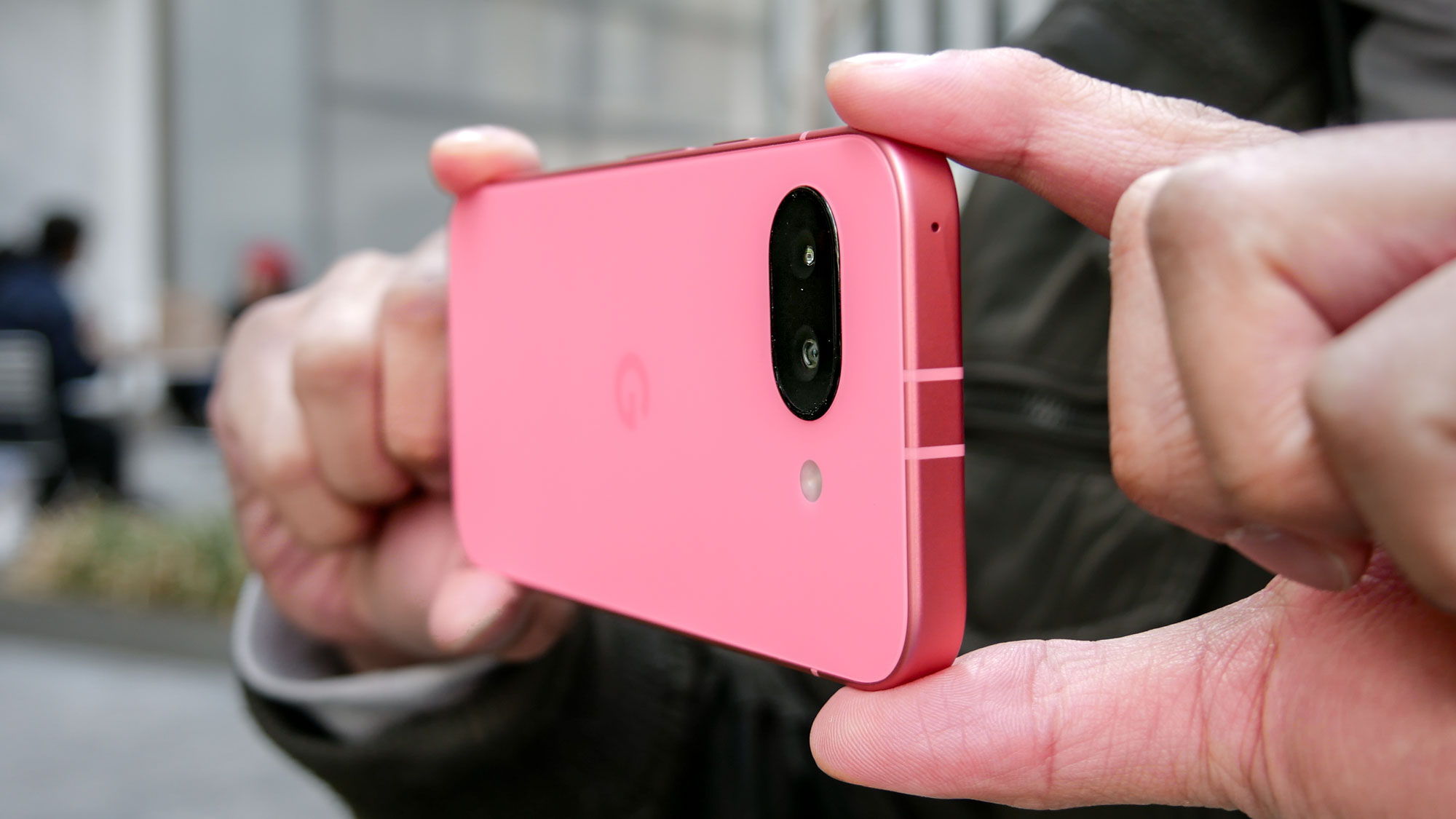
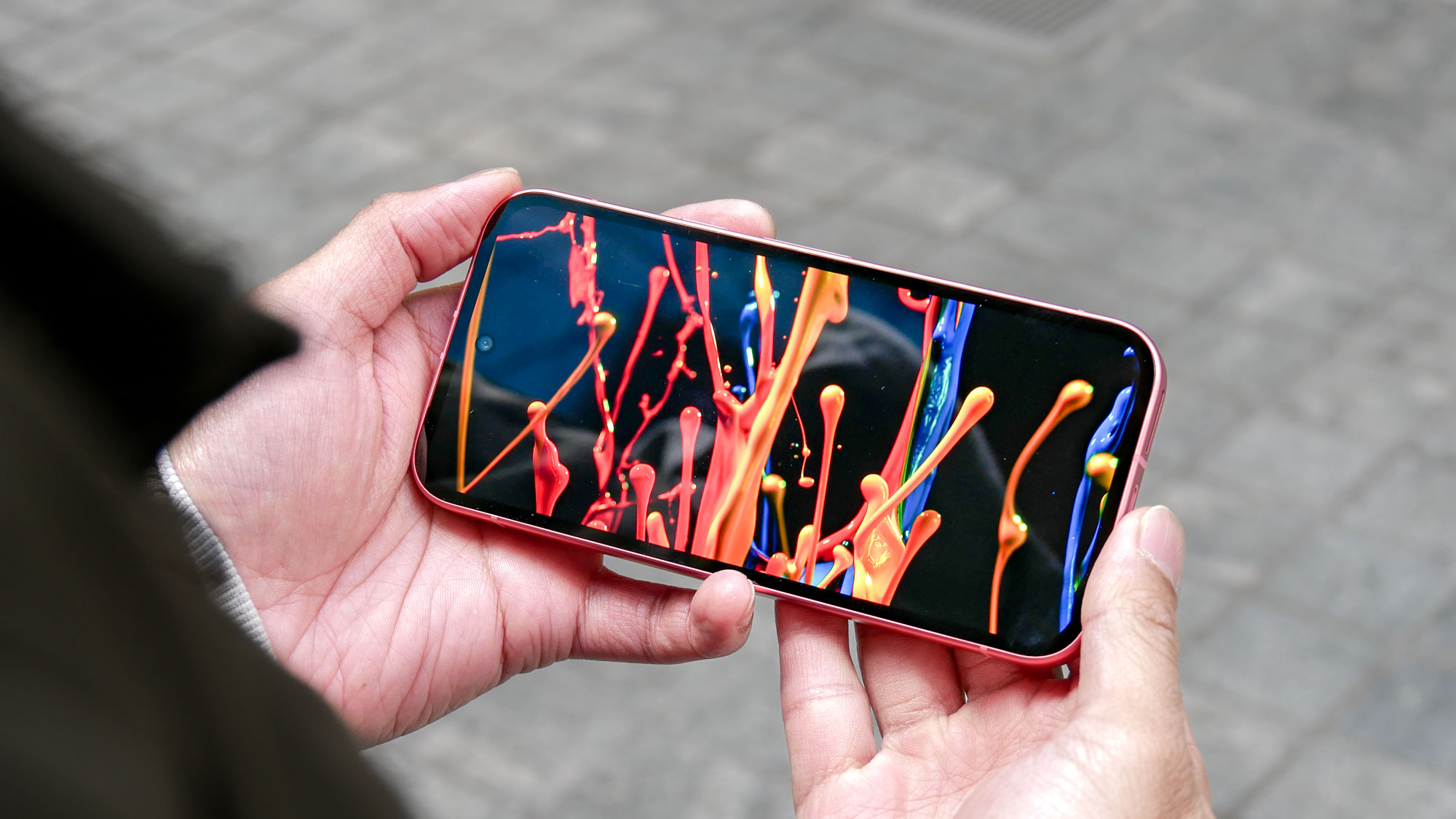
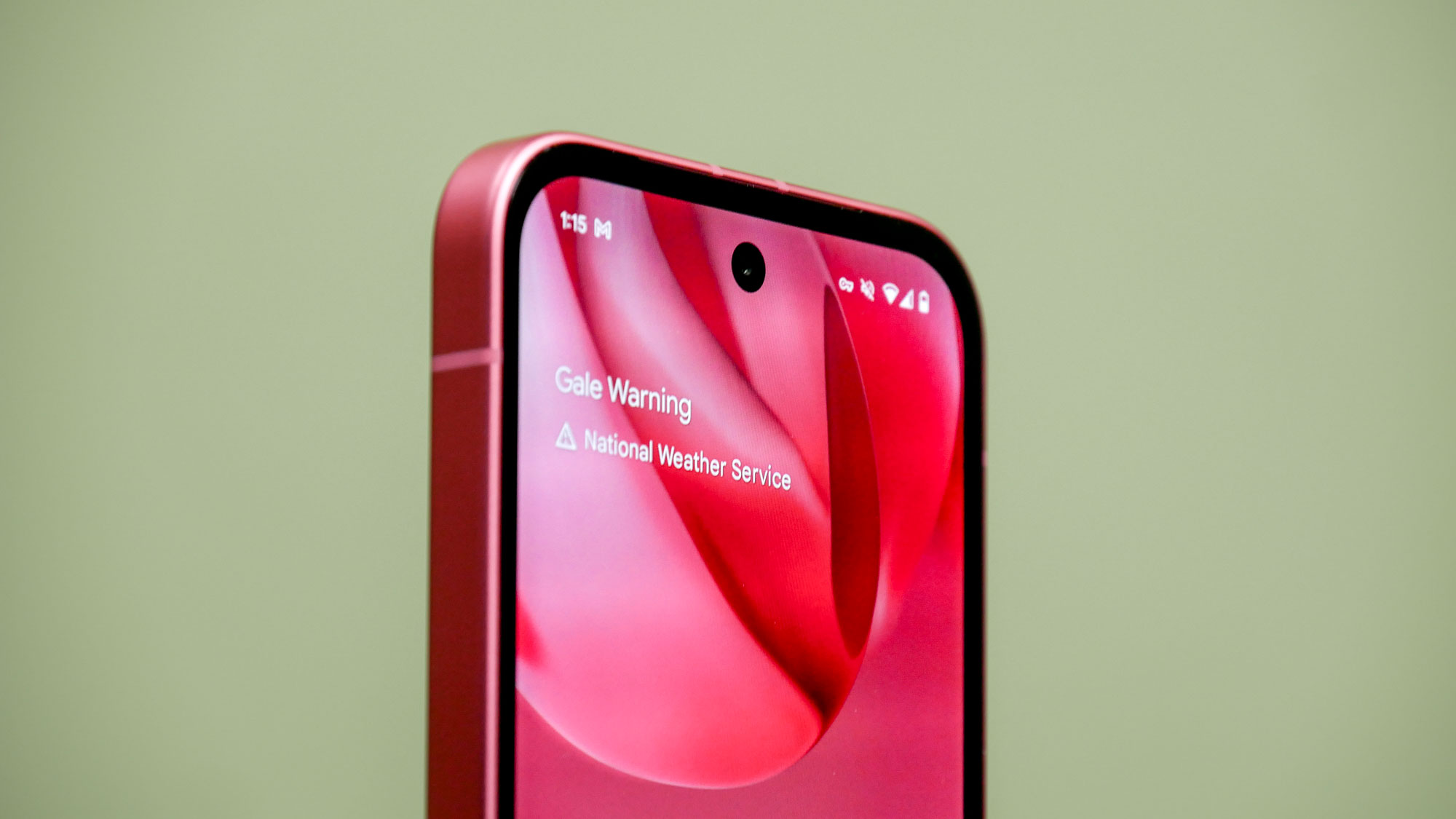
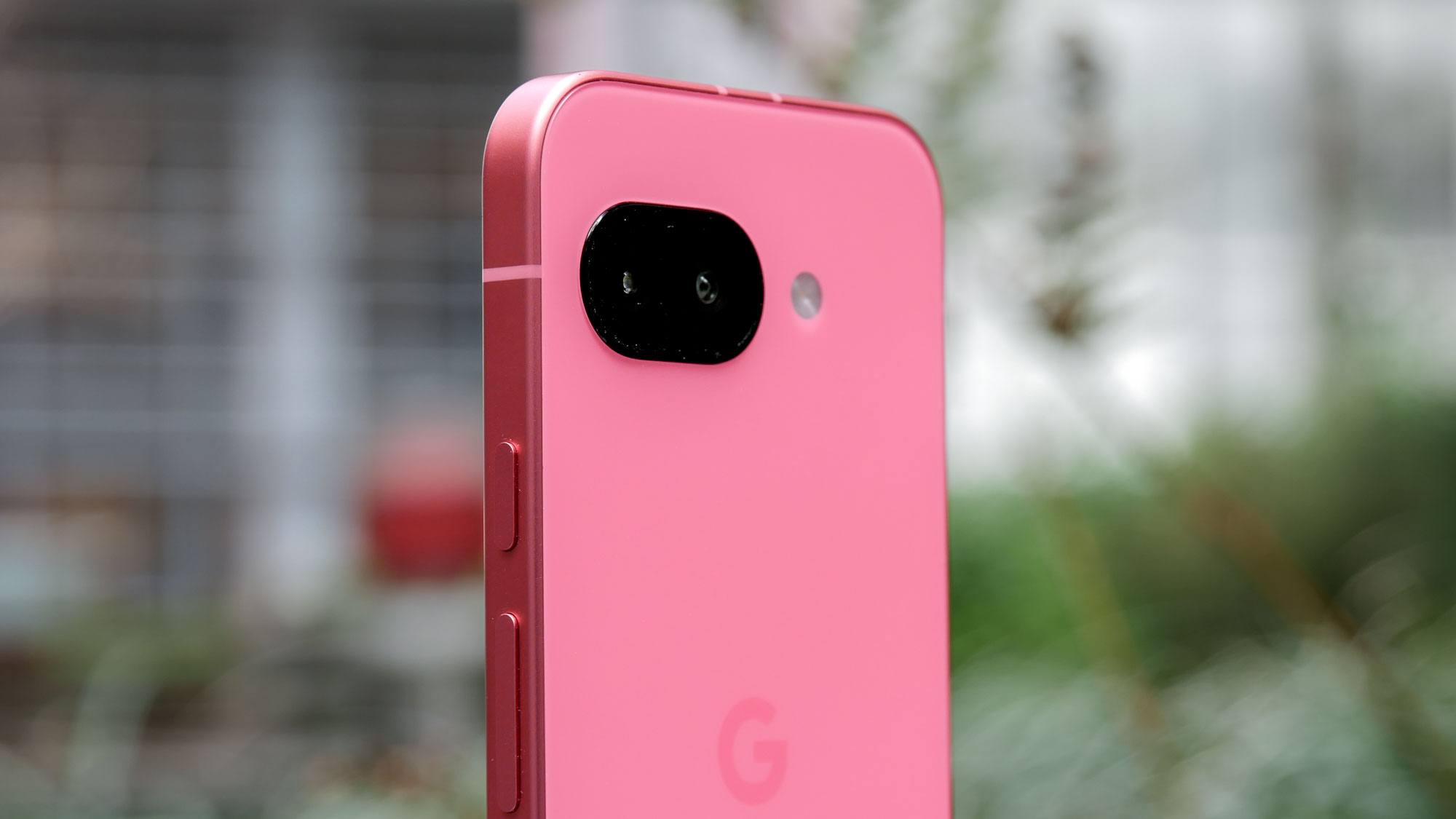
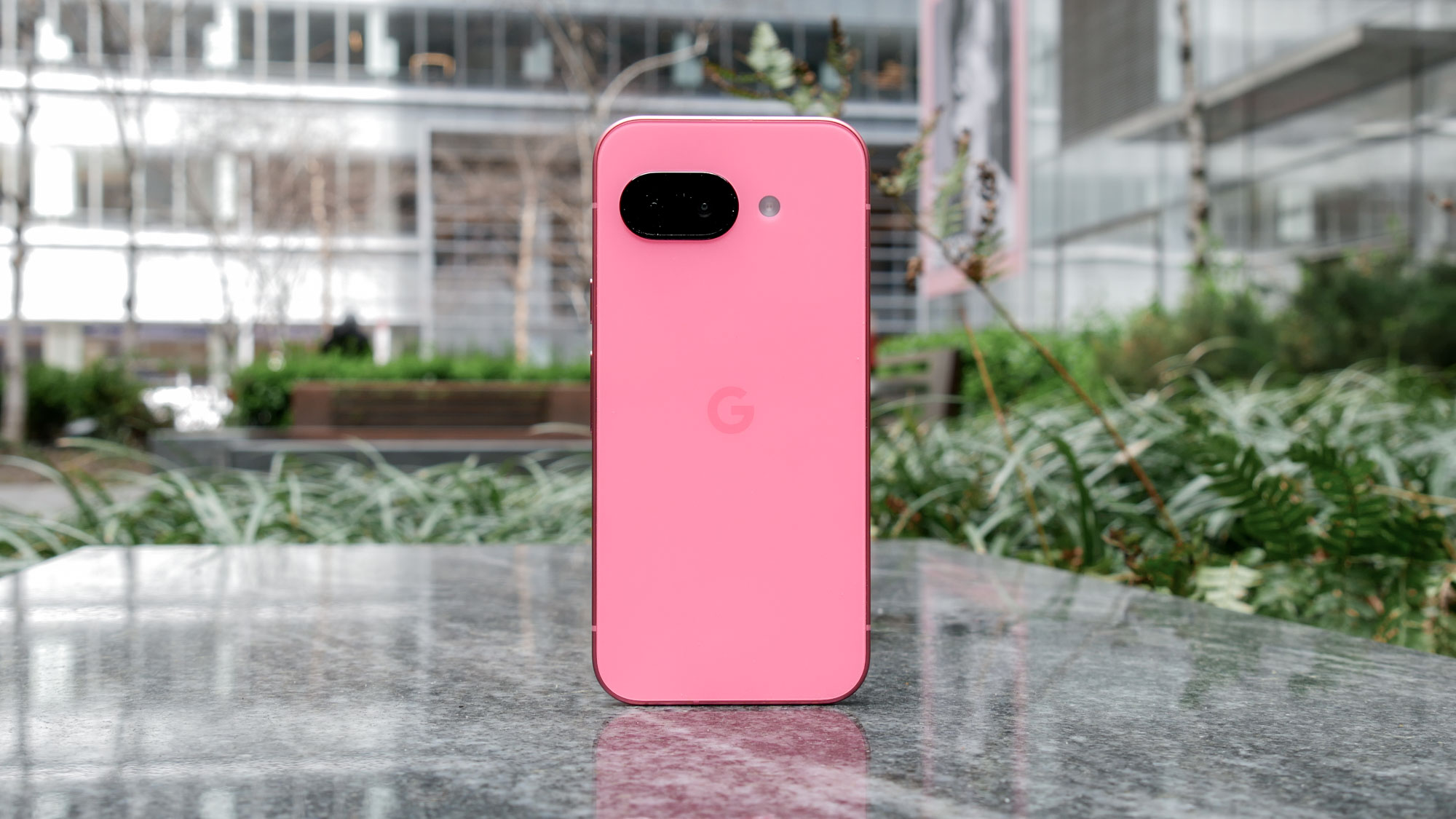
Specifications
Reasons to buy
Reasons to avoid
Everyone was teetering on how Google was planning to price the Pixel 9a, but the company's decision to keep it firmly at the same price as before is a welcome relief. Quickly looking at this best cheap phone contender, I can tell you that it's upgraded in every way, including its design.
Love it or hate it, you can't overlook how it brings back a long forgotten phone design with its nearly flush camera design on the back of the phone. At the same time, the Pixel 9a makes for a compelling option with its Tensor G4 chip, larger 6.3-inch Actua display, bigger battery, and more AI features.
After my colleague John Velasco reviewed it, I can agree that it's the budget phone to beat with the most value.
Price and value: In addition to saving you with its $499 price, you can sleep in peace knowing that Google won't be dropping the phone from its support schedule. That's because the Pixel 9a gets the same seven years of software and security updates that its pricier Pixel 9 Pro and 9 Pro XL get.
If the price isn't enough to convince you, just know that there are Pixel 9a deals that discount the phone even more from its normal price, while also throwing in freebies.
Camera performance: While the somewhat flush camera design on the back of the phone is a stark change over the previous camera bar designs we've seen from Google, the Pixel 9a also gets its share of hardware upgrades. There's now a 48MP main camera that pairs with a 13MP ultrawide. While the main camera is down from the Pixel 8a's 64MP one, it features a wider f/1.7 aperture that allows it to better capture photos under low light.
My colleague John Velasco put this to this test in his Pixel 9a review and it definitely shows big improvements across the board, including closeups because the Pixel 9a finally gets a proper macro mode — along with a new astrophotography mode.
Battery and charging: Like the Pixel 9 Pro above, the Pixel 9a beats the average smartphone's performance on our battery test. The Pixel 9a was able to surf the web for 13 hours and 8 minutes before tapping out, which is an improvement over the Pixel 8a's time of 11 hours and 21 minutes.
To put that result in context, that's almost 2 hours longer than what the 8a lasted. This is largely attributed to its larger 5,100 mAh battery and power efficient Tensor G4 chip.
Overall performance: Speaking of performance, AI features continue to be a big part of the Pixel 9a's story because of how it's equipped to handle them with the Tensor G4 running the show. This effectively matches the feature set found on Pixel 9 flagships, with Pixel Studio and Add Me photo-editing features stealing the show.
But don't sleep on the phone's call management features, either, as I think they're some of the best AI features on the Pixel and unique to Google's phones. John says in his review how he loves the Call Screen feature to have Google Assistant take phone calls on his behalf, complete with contextual responses he can choose.
Forget about blazing speeds, though, as that's not in the Tensor chips' locker. That said, the Pixel 9a does handily out-perform the Galaxy A35, which uses older Exynos silicon. However, it trails the A18's performance with the iPhone 16e.
Verdict: The Pixel 9a is a superb contender that continues to prove how budget phones can rival flagship models. Every aspect of the phone has been improved over its predecessor. From its much bright (and larger) screen, to its longer battery life, and better camera performance, it's a fantastic option for anyone. Best of all, it gets nearly all of the AI features found with the more expensive Pixel 9 models.
Read the full review: Google Pixel 9a
Attributes | Notes | Rating |
|---|---|---|
Price | Google keeps its midrange phone under $500, making the Pixel 9a one of the better values you can find if you don't want to pay flagship prices. | ★★★★☆ |
Cameras | With an updated 48MP main camera paired with a 13MP ultrawide, the Pixel 9a not only take better photos, but it also gets proper macro and astrophotography modes. | ★★★★☆ |
Power | The Pixel 9a uses the most recent Tensor G4, which effectively gives it nearly the same AI features found with the rest of the Pixel 9 series. | ★★★★☆ |
Battery life | You'll get better than average battery life with the Pixel 9a, lasting nearly as long as the pricier Pixel 9. | ★★★★☆ |
More on the Google Pixel 8a
- The best cheap phones
- Google Pixel 9a performance tested — here's how it compares to the best cheap phones
Best Android flagship value
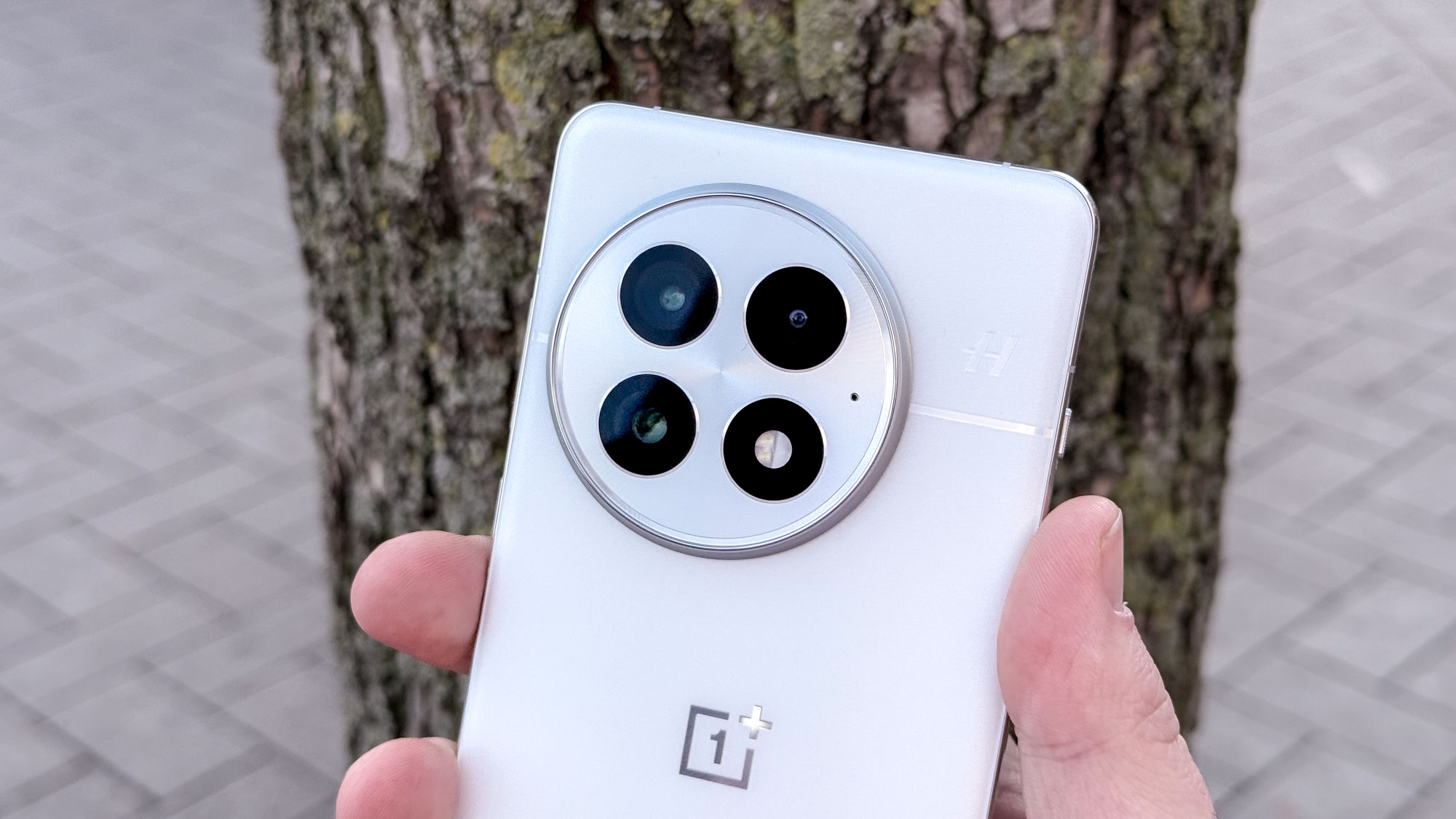
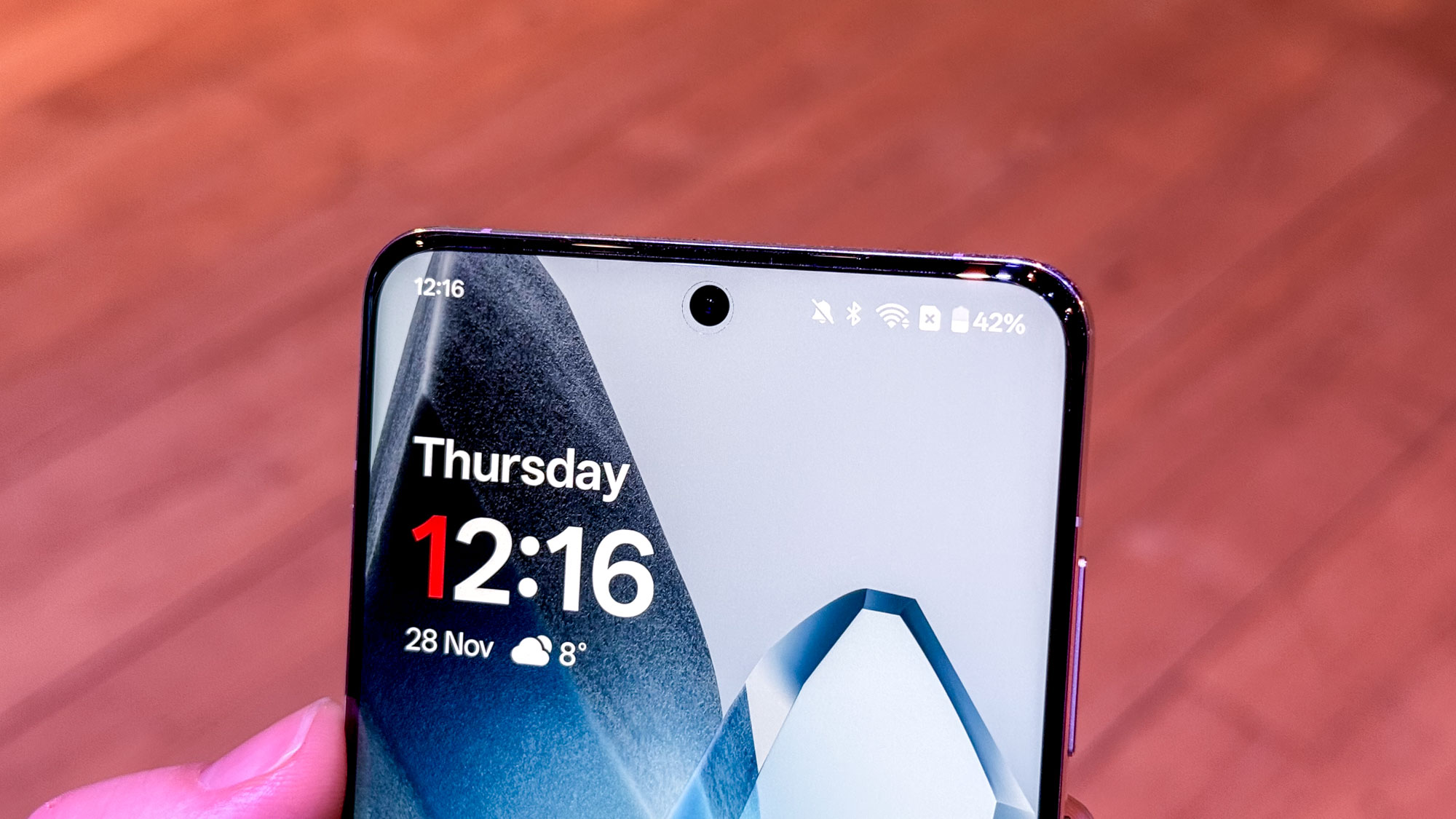
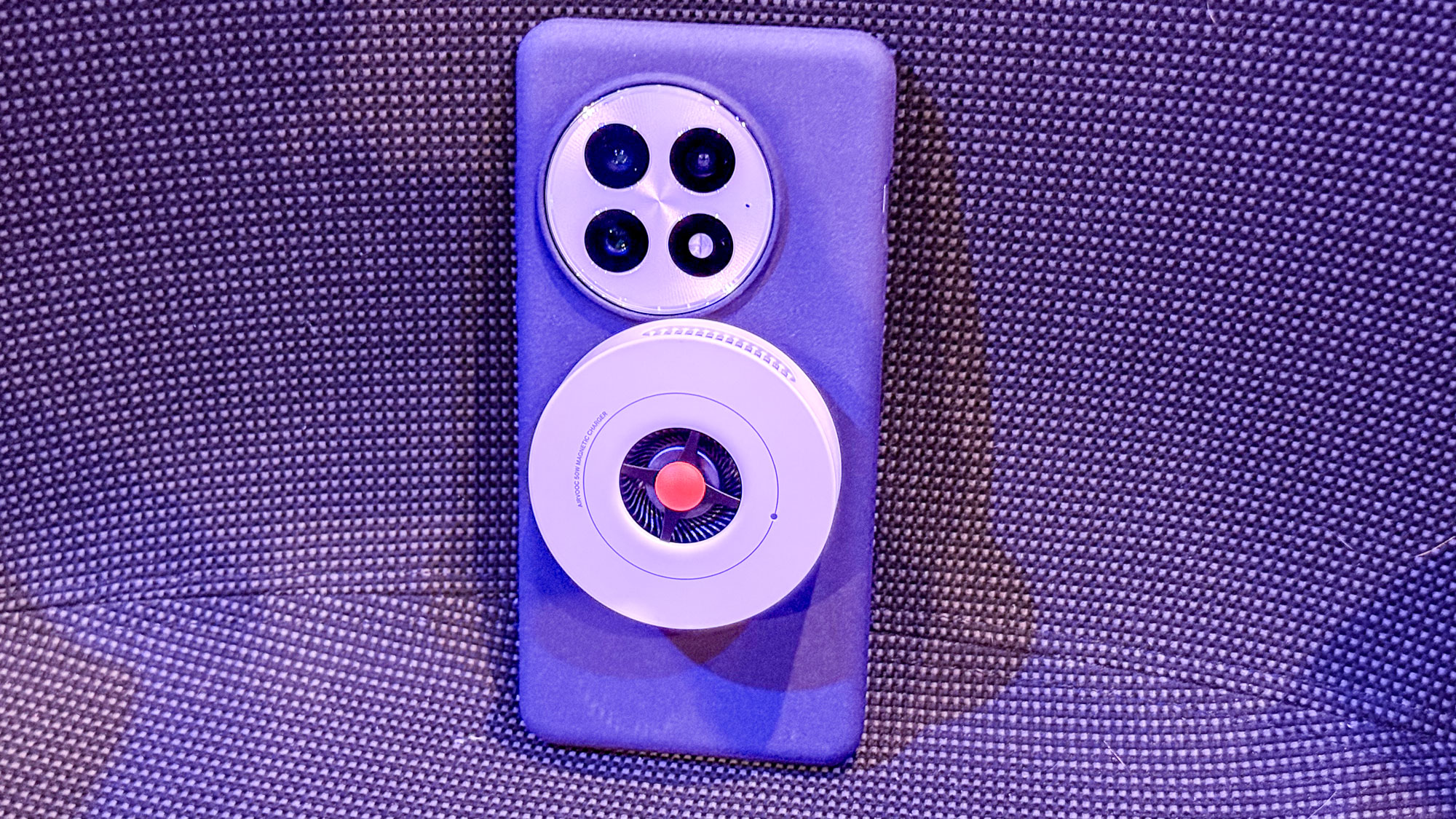
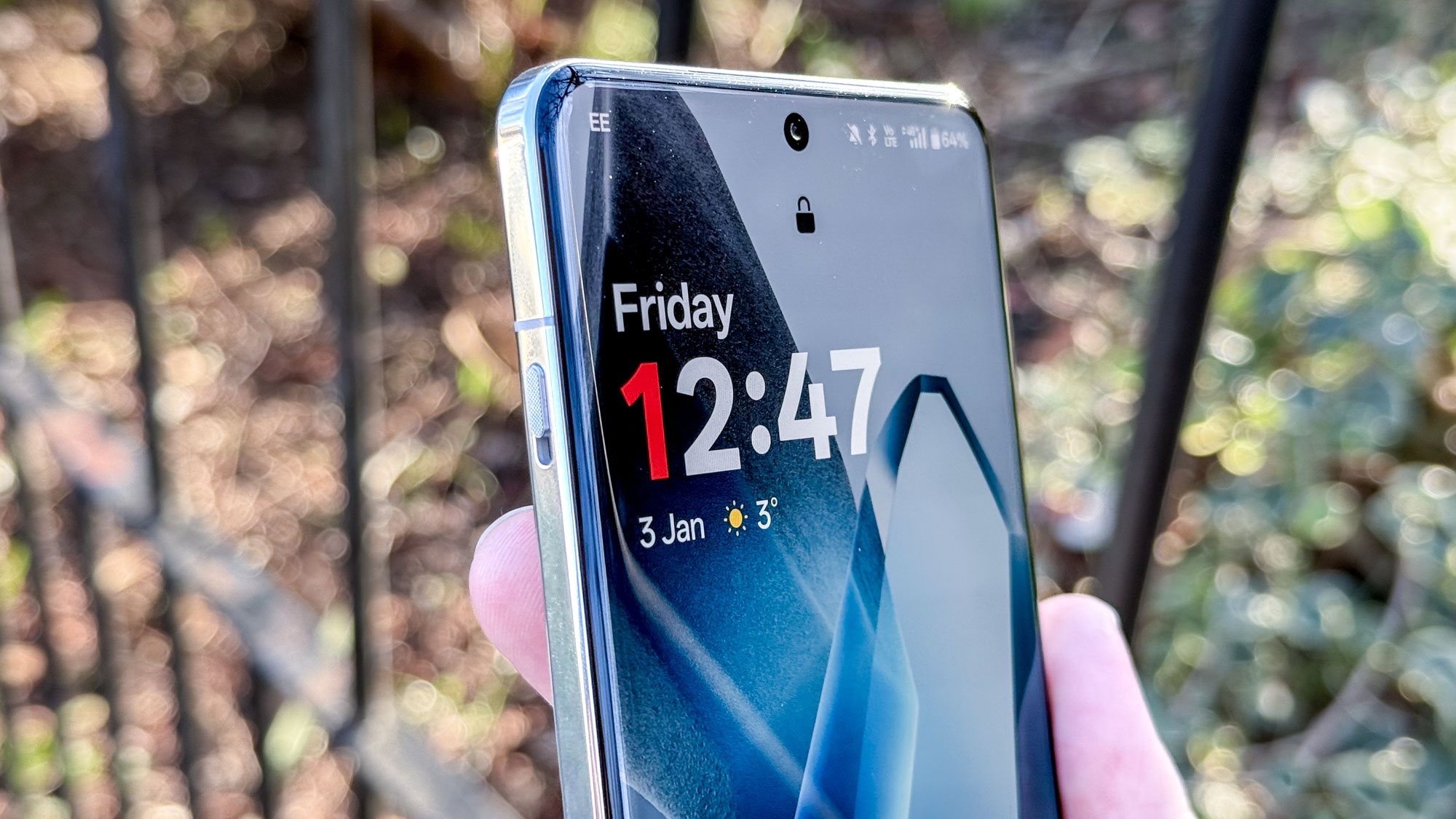
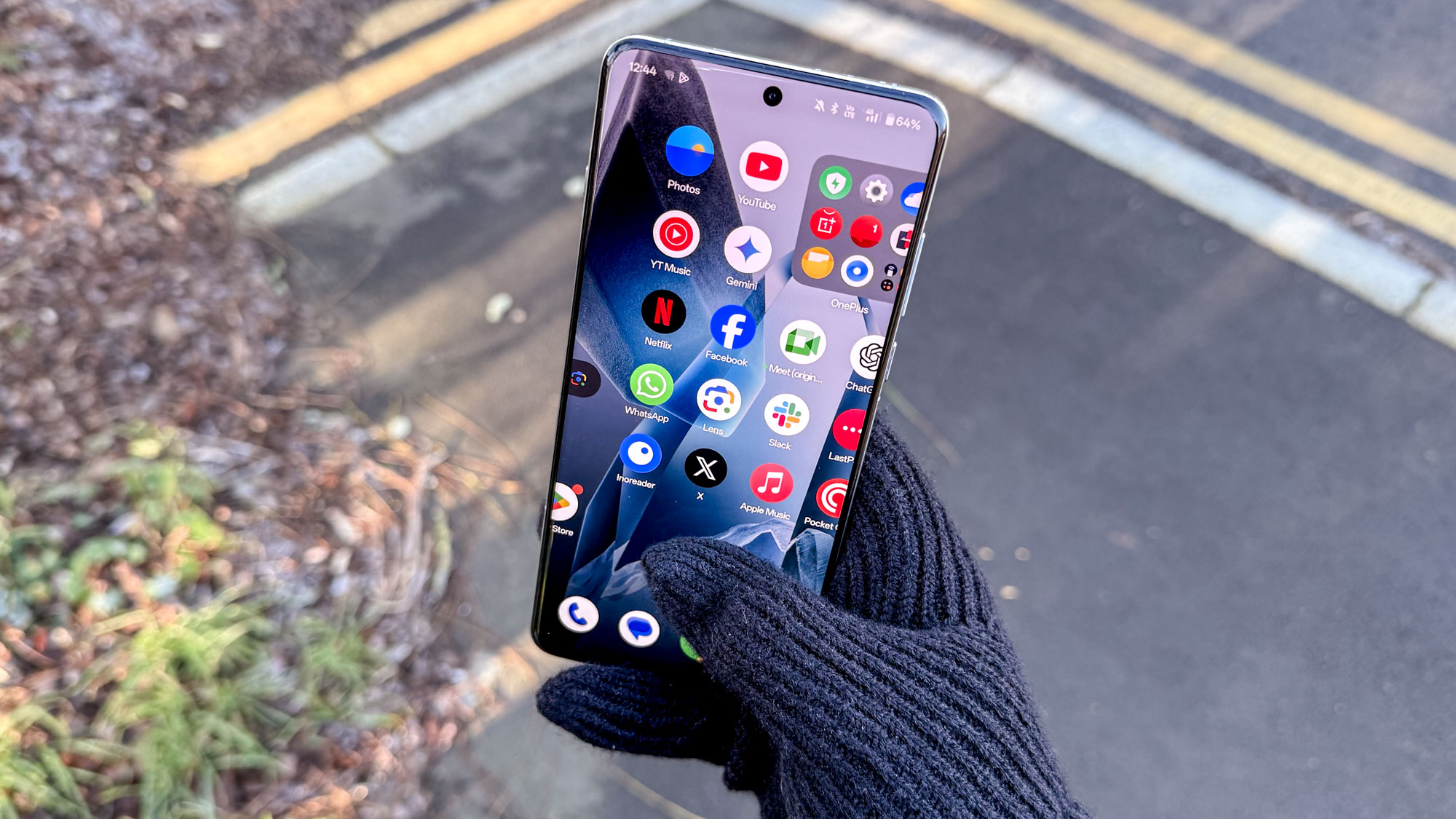
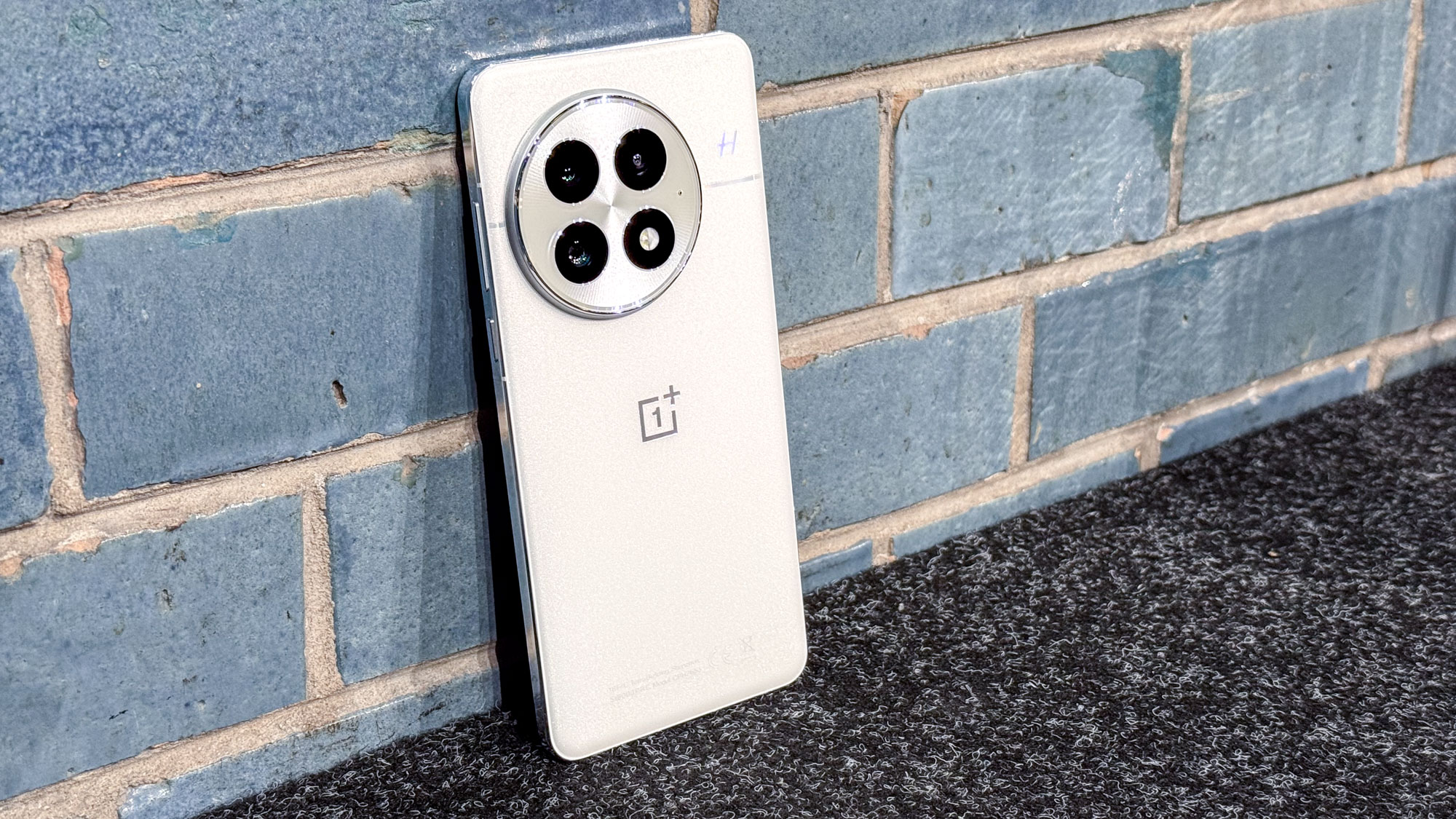
Specifications
Reasons to buy
Reasons to avoid
My colleague Richard Priday calls the OnePlus 13 one of the best Android phones out there after testing the phone, and it's hard to argue with him, at least until the new Galaxy S25 models come along in a few weeks. Whatever you want in a phone, the OnePlus 13 delivers it, from strong performance to a long-lasting battery.
Even camera performance, long the Achilles heel of OnePlus phones, measures up well to top camera phones. Simply put, the OnePlus 13 delivers a complete package for less than what you'd pay for most flagships, even after a price hike
Price and value: Let's talk about that price hike. The OnePlus 13 starts at $899, which is $100 more than what the OnePlus 12 cost when it debuted. (You can knock that price down by trading in a phone when you buy the OnePlus 13 directly from the phone maker.)
If you compare that to the starting price of entry-level flagships, it doesn't reflect well on the OnePlus 13, though many of those $799 models have smaller displays than the 6.78-inch panel on OnePlus' phone. Compare it to similarly sized phones like the Galaxy S24 Ultra and iPhone 16 Pro Max, and the OnePlus 13 still costs substantially less while delivering equivalent features.
Camera performance: Teaming up with lens specialist Hasselblad continues to pay dividends for OnePlus, as the OnePlus 13 cameras perform better than anything we've seen from the phone maker.
Testing produced photos that were very bright and colorful, and I'm particularly impressed with how the OnePlus 13 balances external light sources. Shots in low light turned out well, and the OnePlus 13 clearly has a knack for portrait shots, especially if your subject wears glasses.
In some situations, photos shot by the OnePlus 13 can be a little too bright, robbing the final image of warmth and depth. But overall, I think the OnePlus 13 cameras hold up well against the competition.
Battery and charging: There's not much to complain about here. A 6,000 mAh battery and the power management features found in the Snapdragon 8 Elite chipset powering the OnePlus 13 produced the second-best result we've ever seen in our phone battery test. The new OnePlus flagship lasted 19 hours and 45 minutes, which is nearly 10 hours better than the average smartphone. Only the gaming-focused ROG Phone 9 Pro lasts longer on a charge.
You won't have to wait long to top off that battery either, thanks to 80W charging speeds in the U.S. (It's 100W elsewhere.) With an 80W charger, we got the OnePlus 13 to a 92% charge in half-an-hour after draining its battery.
Overall performance: The top-of-the-line Snapdragon 8 Elite chipset inside the OnePlus 13 means the phone can keep pace with just about any flagship, though we've heard that Samsung is optimizing the Snapdragon 8 Elite in its Galaxy S25 phones for better performance. Certainly, the performance-focused ROG Phone 9 Pro churns out better results than the OnePlus 13 with Qualcomm's new chip, but that's not stopping the OnePlus 13 from topping the latest iPhones in graphics testing as well as in some CPU tests.
Just as importantly, OnePlus doesn't turn its back on AI features with this edition of its flagship. AI photo-editing tool take some of the guesswork out of removing blur and reflections from shots while an Intelligent Search tool makes it easier to find what you're looking for on the phone.
Verdict: It's time to start thinking about OnePlus in the same way you'd consider Samsung or Google when mulling over which Android phone to get. The OnePlus 13 belongs in the same conversation as any leading Android device, thanks to its strong performance, long-lasting battery and surprisingly strong cameras. Software support can't quite match what those other phone makers offer, but overall, the OnePlus 13 gives you a top Android experience.
Read the full review: OnePlus 13
Attributes | Notes | Rating |
|---|---|---|
Price | You'll pay more for the OnePlus 13 than you did for last year's flagship. However, at $899, the OnePlus 13 still costs anywhere from $100 to $400 less than the premium big-screen phones it competes against. | ★★★☆☆ |
Cameras | A Hasselblad partnership continues to pay dividends for OnePlus, as the OnePlus 13 cameras perform better than any of their predecessors. In our testing, images compared favorably to ones shot by leading camera phones like the Galaxy S24 Ultra and iPhone 16 Pro Max. | ★★★★☆ |
Power | The best Qualcomm chip you can buy powers the OnePlus 13, and the benchmarks results we tallied show why that's important. The OnePlus 13 thrives at playing graphically intense games, and it can speedily handle any tasks you throw at it. | ★★★★☆ |
Battery life | Only one other phone posts a better time on our battery test than the nearly 20 hours that the OnePlus 13 lasted. In terms of real-world use that translates to multi-day battery life before you need to charge the phone. | ★★★★★ |
More on the OnePlus 13
- Best phone battery life: Where the OnePlus 13 ranks
- OnePlus 13 vs. iPhone 16 Pro Max
- Best OnePlus phones
Best iPhone value
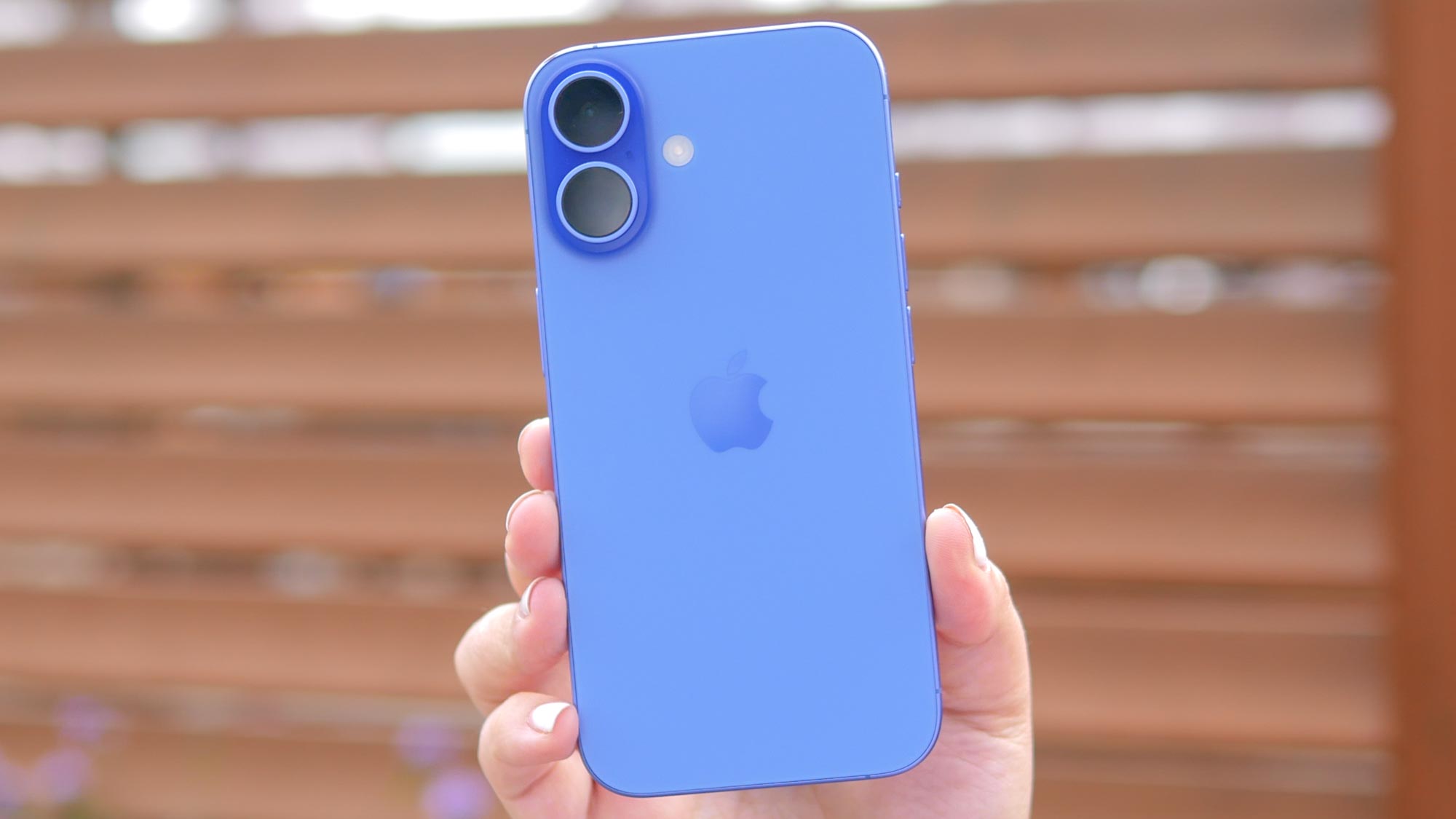
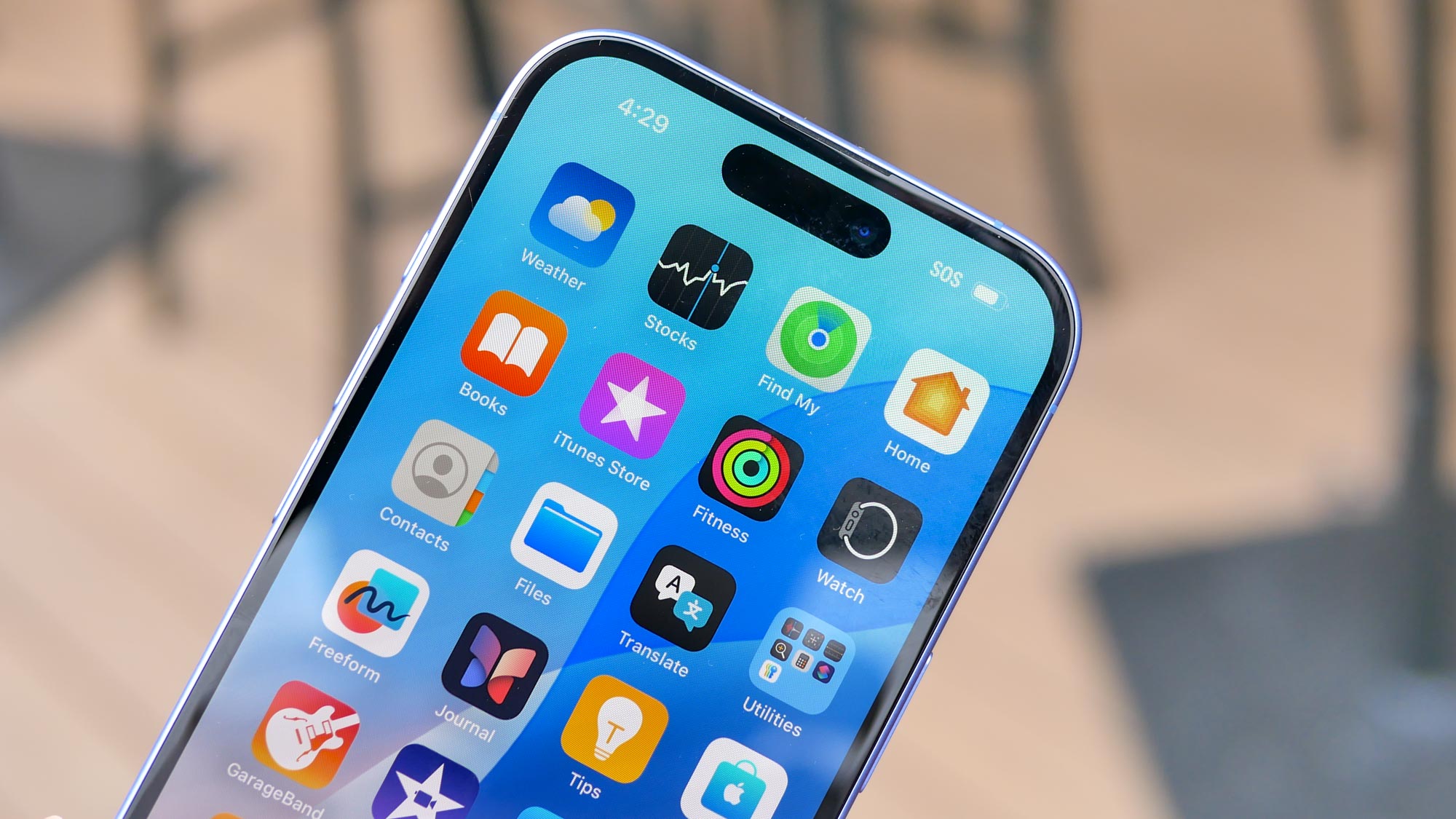
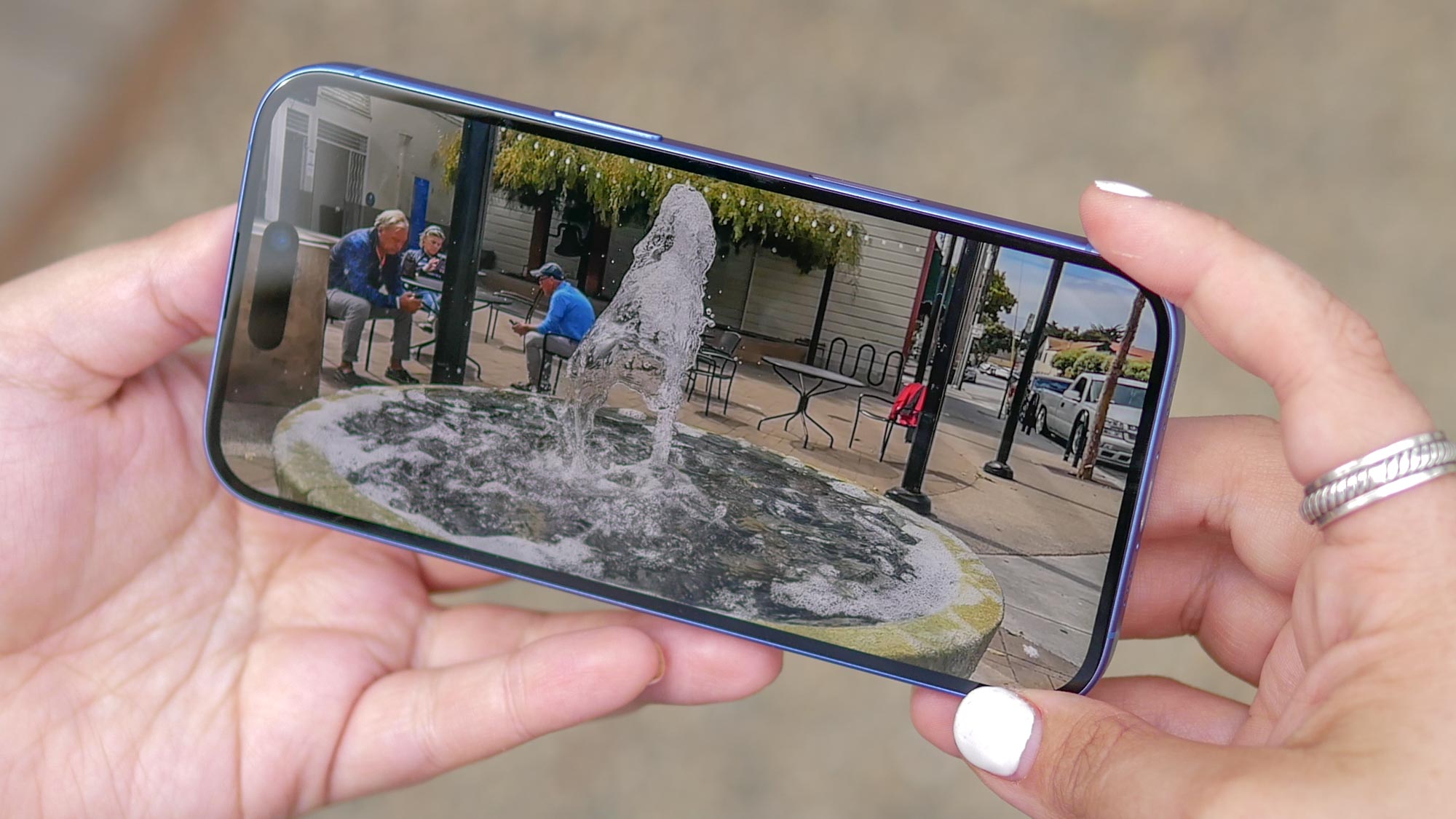
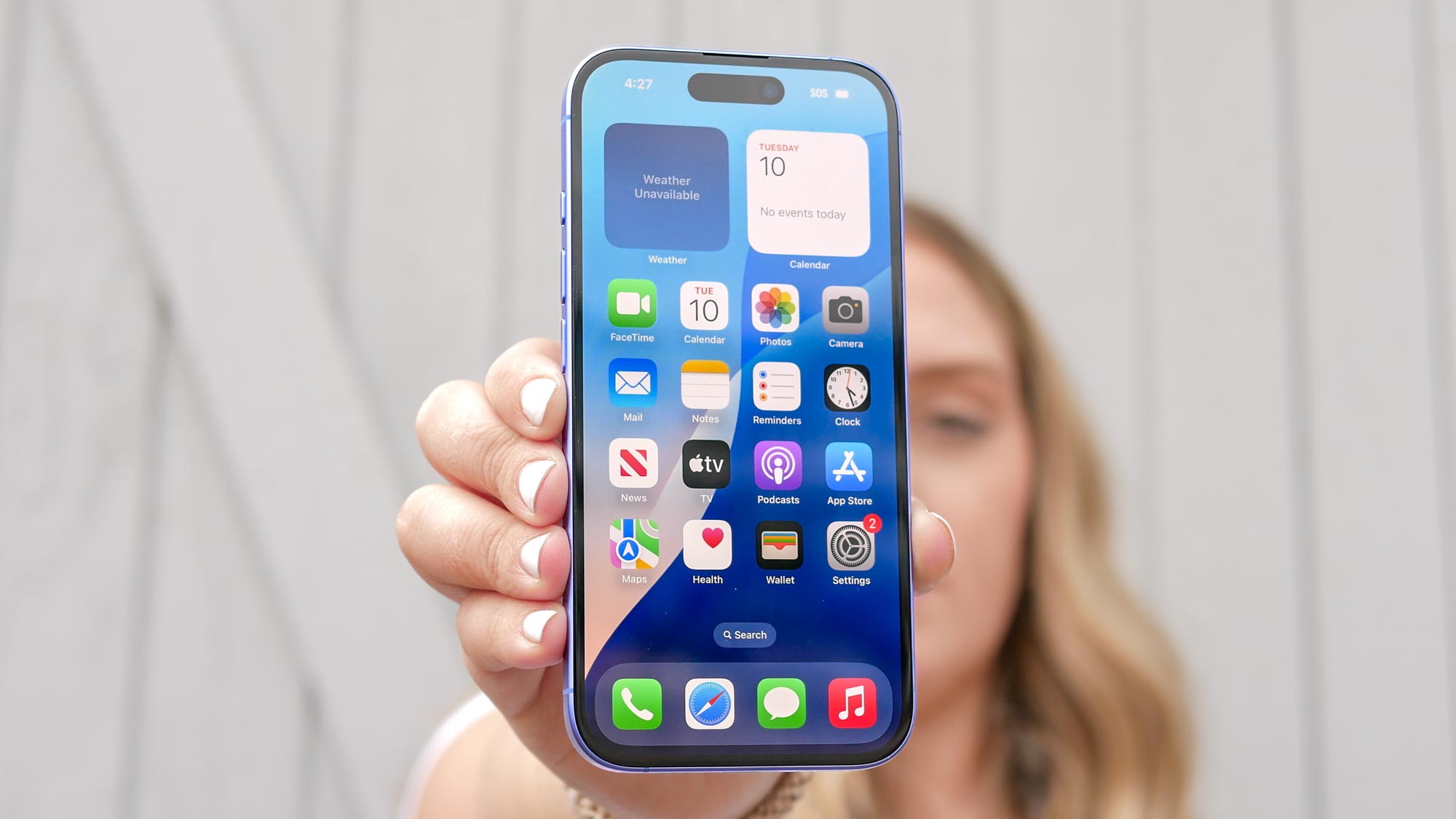
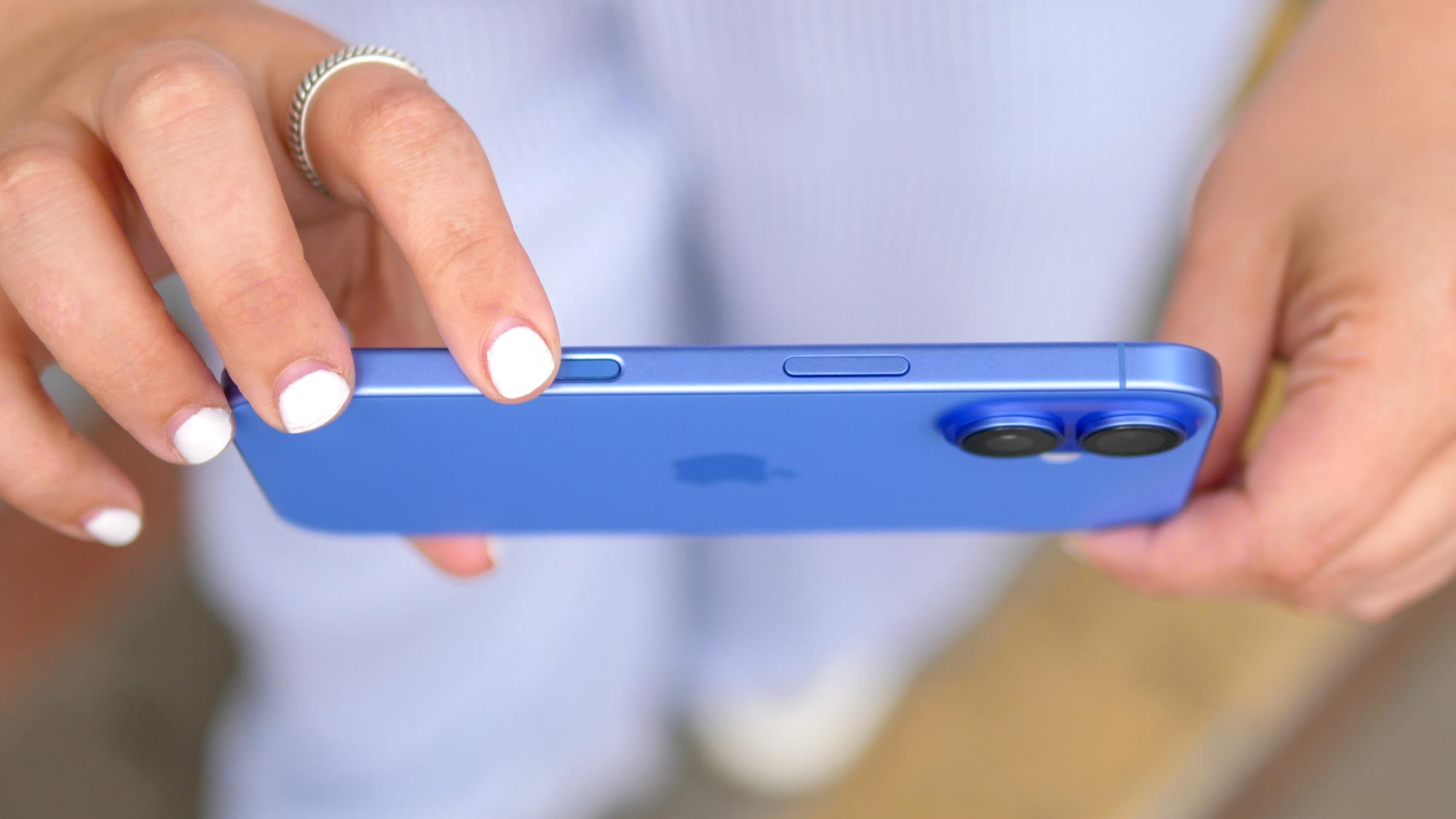
Specifications
Reasons to buy
Reasons to avoid
The iPhone 16e may be cheaper, but it doesn't deliver as many features as the iPhone 16. This entry-level Apple flagship also offers incredible value against the pricier iPhone 16 Pro and 16 Pro Max, thanks to all the things it has in common with those pricier models.
In fact, my colleague John Velasco argues that the iPhone 16 is a Pro model in disguise, reversing the recent trend of Apple giving all its attention to the Pro phones. Certainly, no one would claim the iPhone 16 is an afterthought, given all the new additions.
Price and value: The $799 starting price of the iPhone 16 remains a lot to pay for most people. But it's cheaper than the $899 iPhone 16 Plus, not to mention those iPhone 16 Pro models., which start at $999 and only climb upward from there. Whether it's the Galaxy S25 or Pixel 9, you're going to pay $799 for an entry-level smartphone, so at least Apple's not charging you more.
The iPhone 16e costs $200 less and also supports Apple Intelligence features. But that phone comes with a single rear camera and lacks features like MagSafe support and the Dynamic Island. I think that's an awful lot to give up unless price is absolutely paramount among your concerns.
Camera performance: The 48MP main camera unlocks a lot of photography potential in the iPhone 16, but its ultrawide camera gets an even better upgrade with a wider f/2.2 aperture that allows it to gather in more light than previous iPhones. That also enables a new macro mode on the iPhone 16, which produces more striking close-ups than I've seen from other phones.
The iPhone 16 continues to offer lossless 2x zoom without the need of a telephoto camera too, which helps bridge the gap between itself and the Pro models. I've tested that feature against phones like the Galaxy S24 that have a dedicated zoom lens, and the iPhone holds its own when comparing 2x zooms. Zooming in further, though, will make the differences more apparent.
Battery and charging: Apple's larger iPhones have more room for bigger batteries but the iPhone 16 still lasts more than 12 hours on a single charge — that's well ahead of the average smartphone, but not the Galaxy S24. I remain frustrated by Apple's 20W wired charging speeds, even after the company switched to USB connectivity with the iPhone 15. USB was supposed to be faster than Apple's Lightning standard, so where's the innovation? At least Apple improves wireless MagSafe charging to 25W.
Overall performance: The A18 chipset within the iPhone 16 is potent, proving just as capable as the A18 Pro. (Apple's Pro chipset has a little more muscle when it comes to graphics, thanks to an extra core in its GPU.) Even more impressive is how it puts up better scores in GeekBench than most Android phones running the latest Snapdragon 8 Gen 3 chip.
This boosted chipset allows the iPhone 16 to support AI-powered Apple Intelligence features just like Apple's Pro models, though as we've noted it's very early days for Apple Intelligence. (And as with the iPhone 16 Pro Max, the iPhone 16 won't be getting the delayed Siri improvements until Apple is good and ready to release them.)
Verdict: The iPhone 16 is a better value than the iPhone 15 that came before it, thanks in part to its significantly longer battery life, stronger A18 performance, and how it now carries similar features found on the 16 Pro models — like Camera Control, Action Button, and support for spatial photos and videos.
If you prefer a bigger screen and a longer-lasting battery, it may be worth an extra $100 for the iPhone 16 Plus, but Apple's standard iPhone remains a compelling option in its own right.
Read the full review: iPhone 16
Attributes | Notes | Rating |
|---|---|---|
Price | Sporting the same $799 as before, the iPhone 16 is a better value than ever mainly because of how it has more in common with the Pro models than ever before. | ★★★★☆ |
Cameras | The 48MP main camera does a lot, but it still can't beat a Pro iPhone due to the lack of a dedicated telephoto lens. | ★★★☆☆ |
Power | Apple uses a variant of its latest chipset, but the A18 manages to deliver outstanding results that narrows the gap against the A18 Pro. | ★★★☆☆ |
Battery life | As a compact phone, the iPhone 16 offers all-day battery. | ★★★★☆ |
More on the iPhone 16
Best alternative value phone
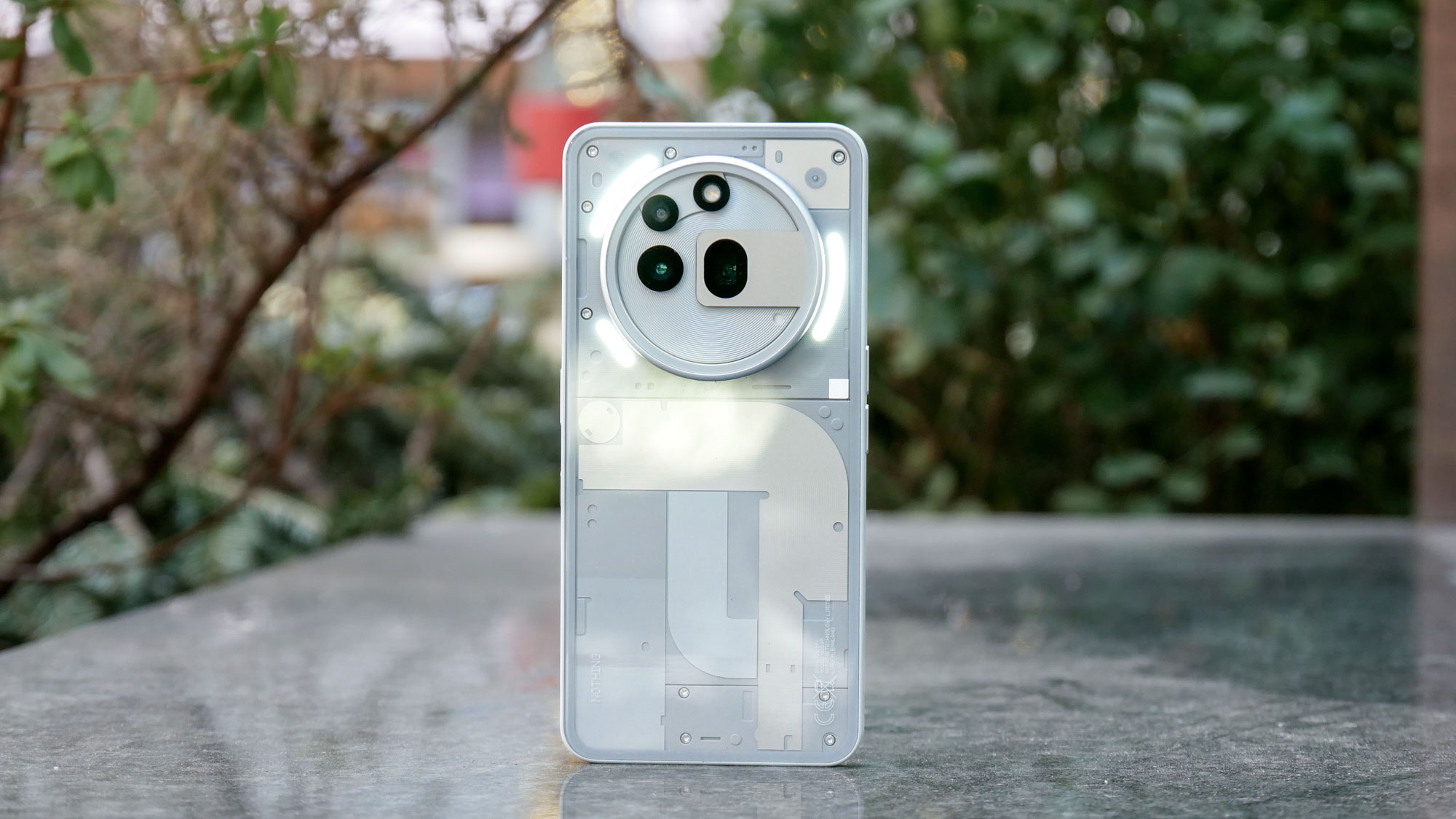
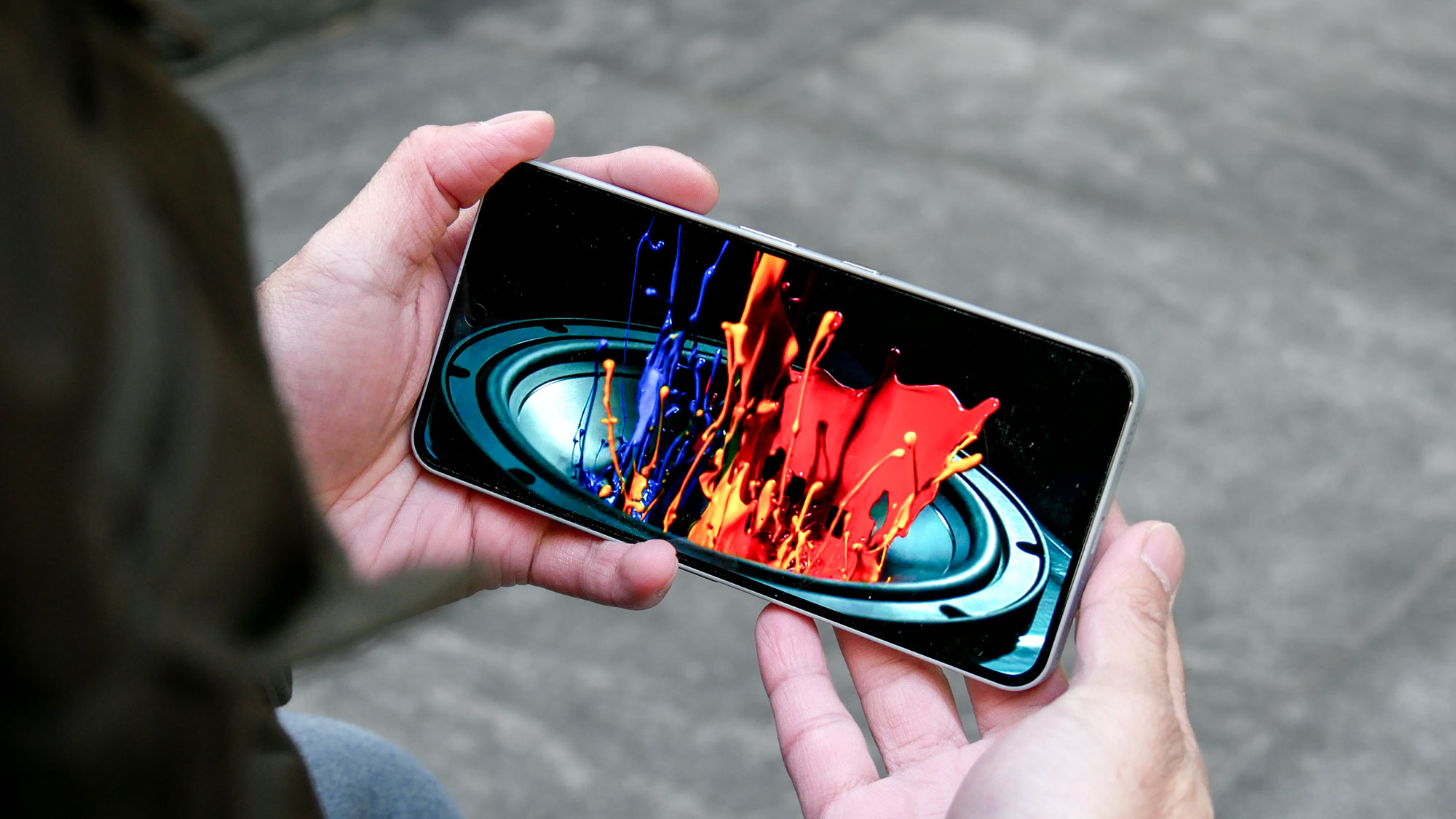
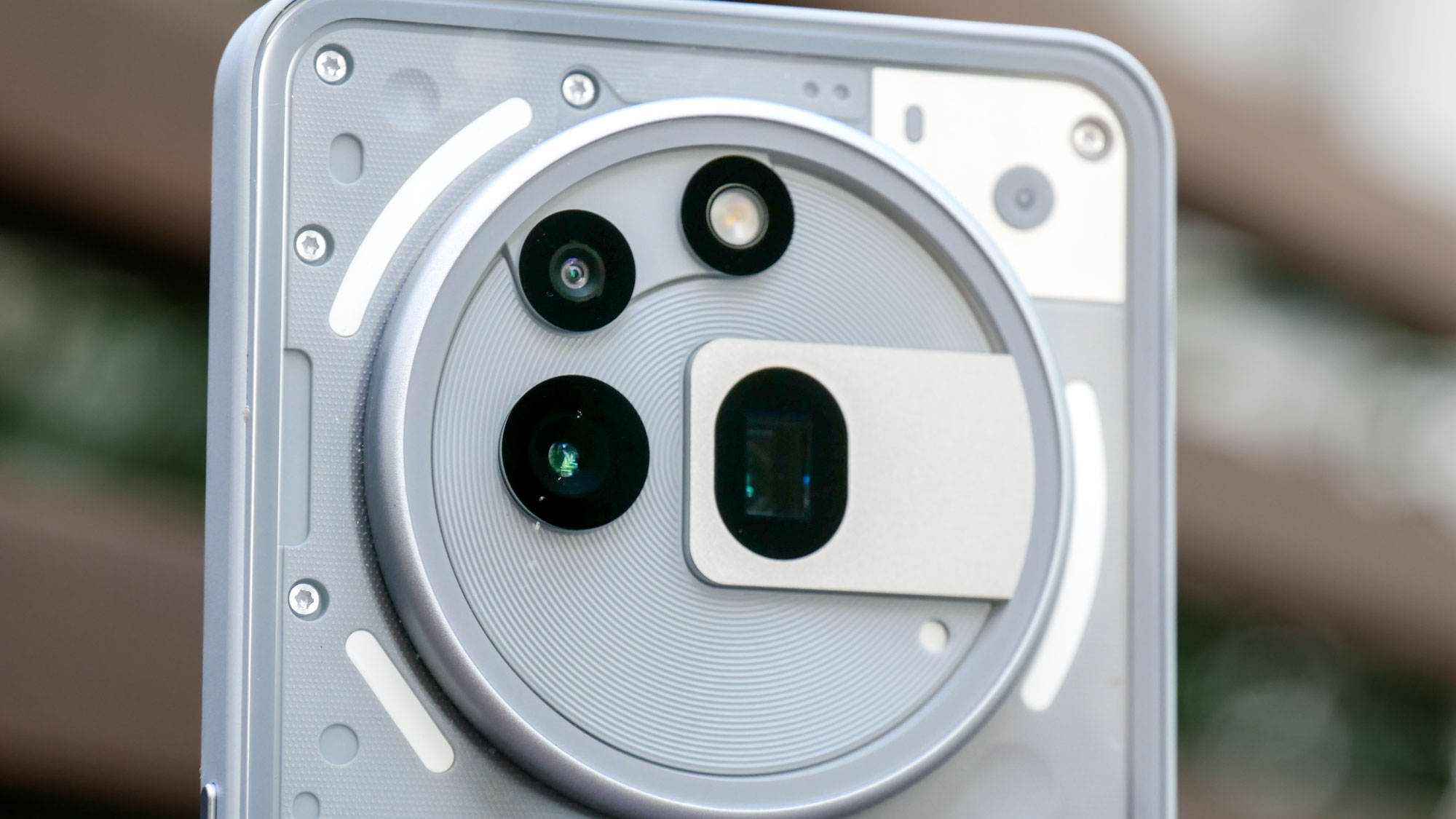
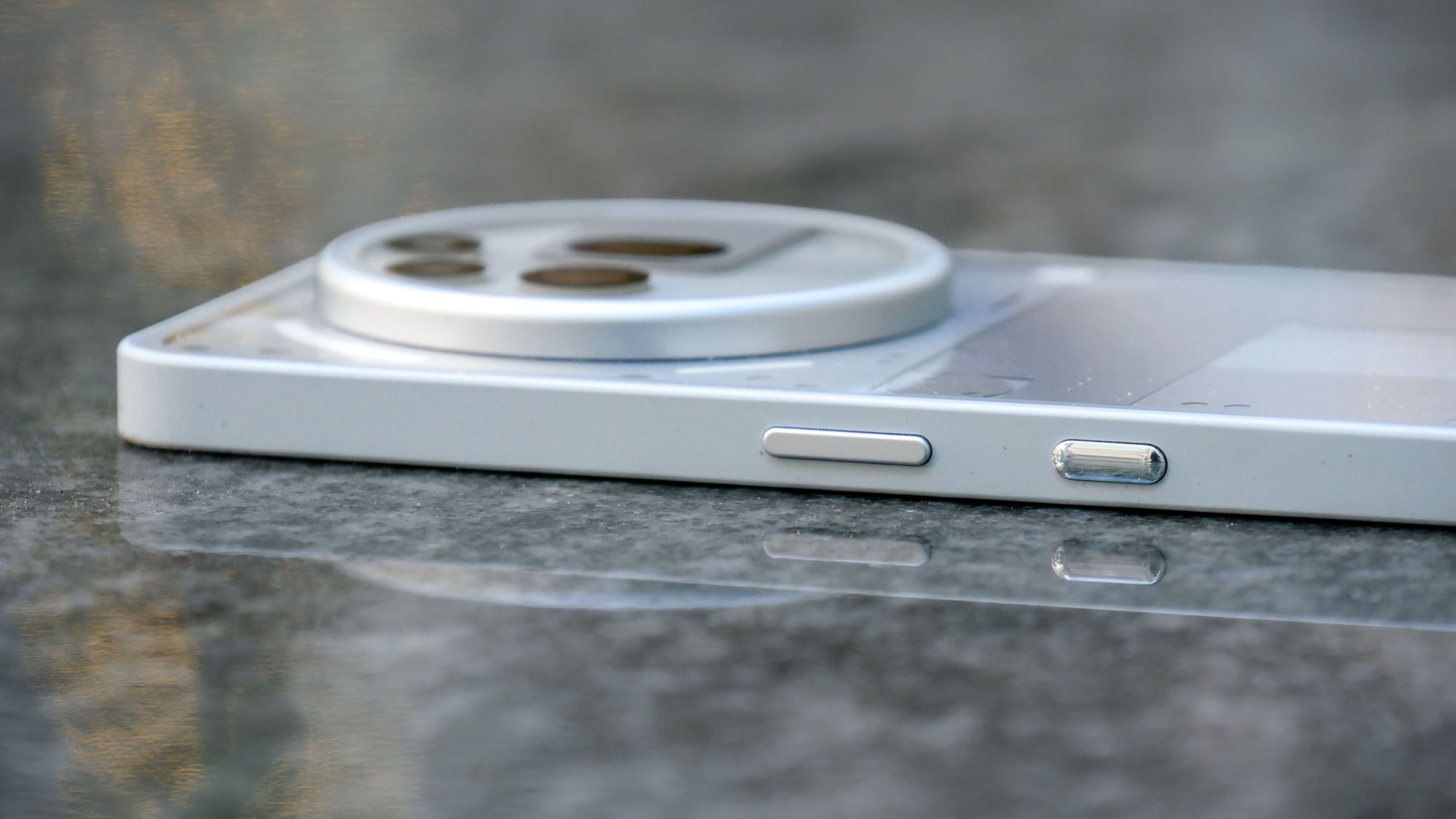
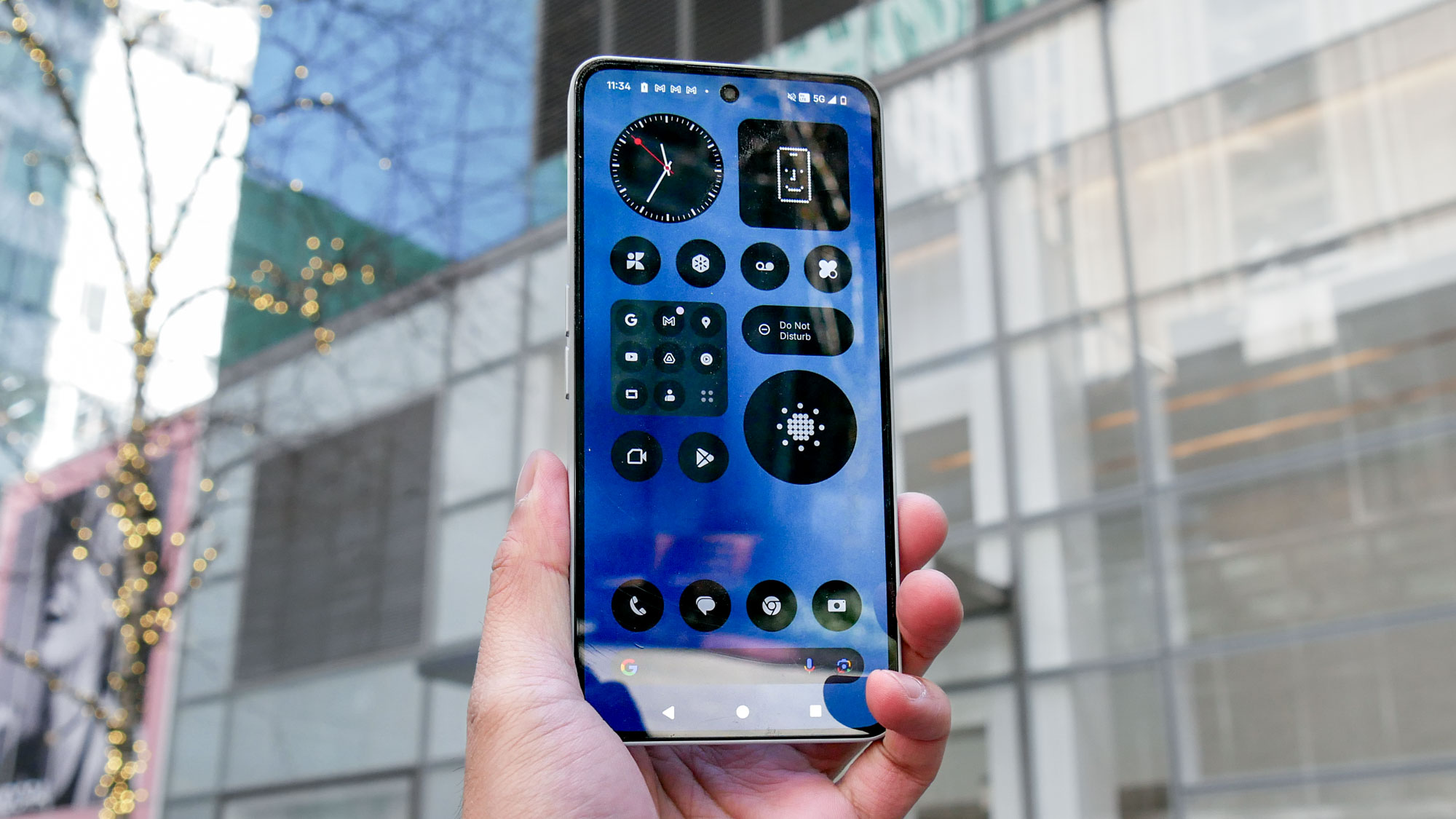
Specifications
Reasons to buy
Reasons to avoid
Budget phones tend to have compromises, but the Nothing Phone 3a Pro offers more for less. Considering how it's priced at $459 and packs features that are usually reserved for flagship models that easily cost double the amount, my colleague John Velasco says that the Nothing Phone 3a Pro redefines that it takes to be a budget phone.
While its strengths continue to be around its unique design, Nothing OS, and Glyph Interface, Nothing adds a robust set of triple cameras on the back of the phone — complete with a telephoto camera with 3x optical zoom. Phones under $500 don't get this sort of treatment with their cameras.
If that's not to convince you about its utility, the Nothing Phone 3a Pro also offers all-day battery life with its 5,000 mAh battery and fast charging with its 50W speed. Over on the software side, Nothing OS 3.1 sports the same minimalist design that the software is known for, while also diving into the world of AI with the Essential Space.
Price and value: You really can't beat its $459 starting cost, which is a fraction of the cost of your typical flagship — and cheaper than the upcoming Pixel 9a. The Nothing Phone is also accompanied with 12GB of RAM and an even more generous 256GB of storage. Throw in its triple cameras, neat Glyph Interface, and long lasting battery, it's hard to deny its value.
Camera performance: What's clear here that budget phones can have triple camera systems. Yet the Nothing Phone 3a Pro takes it one step further because of how it consists of a main, ultrawide, and telephoto camera with 3x optical zoom. The latter's important because oftentimes budget phones have less optical zoom, or none at all because they're transformed into portrait or macro cameras.
For a budget phone, the camera performance is outstanding, especially under low light where it's much improved over its predecessor in the Nothing Phone 2a. There's also a dedicated macro mode than leverages the main camera instead of the ultrawide, to get sharper, more detailed images.
Battery life and charging: There's a 5,000 mAh battery inside of the Nothing Phone 3a Pro, which is enough to propel it to an average of 14 hours and 33 minutes on Tom's Guide's battery benchmark test. That actually beats many of its main rivals, like the iPhone 16e and Pixel 8a.
You can also tap into its 50W wired charging to get it charged in no time at all. In fact, 15 minutes of charging gets it up to 39% capacity — while 30 minutes moves it up to 70%. The only thing missing is wireless charging, which is probably the biggest compromise to getting this phone.
Overall performance: Ditching MediaTek in favor of Qualcomm this time around, the Nothing Phone 3a Pro is powered by a Snapdragon 7s Gen 3 chip. Benchmark scores don't make it as formidable, but it can still handle everyday tasks. Beyond that, it struggles to keep up smooth frame rates with games, which can often come off as choppy even when its dedicated Game Mode is enabled.
Verdict: If you're looking for a feature rich phone without the bloated cost, the Nothing Phone 3a Pro fits the bill. Few phones have such an intriguing design like this, plus it's pared with a versatile triple camera system that covers all the range from near, far, and everything in between. You'll just have to live without wireless charging and less than ideal gaming performance.
Attributes | Notes | Rating |
|---|---|---|
Price | For the amount it's going for, the $459 almost feels criminal in this day and age because few phones are priced at this without being stripped away of features. | ★★★★★ |
Cameras | Camera improvements on successive phones are often minor, but they're night and day with the Nothing Phone 3a Pro. Not only does it get upgraded to a robust triple camera system, but the performance is better than expected for a value phone. | ★★★☆☆ |
Power | This is one of the biggest drawbacks about being a value phone because the Snapdragon 7s Gen 3 isn't equipped to handle intense graphics processing. | ★★☆☆☆ |
Battery life | The 5,000 mAh battery carries the phone for all-day use, while also outlasting its main rivals. | ★★★★☆ |
Best Samsung flagship for most people
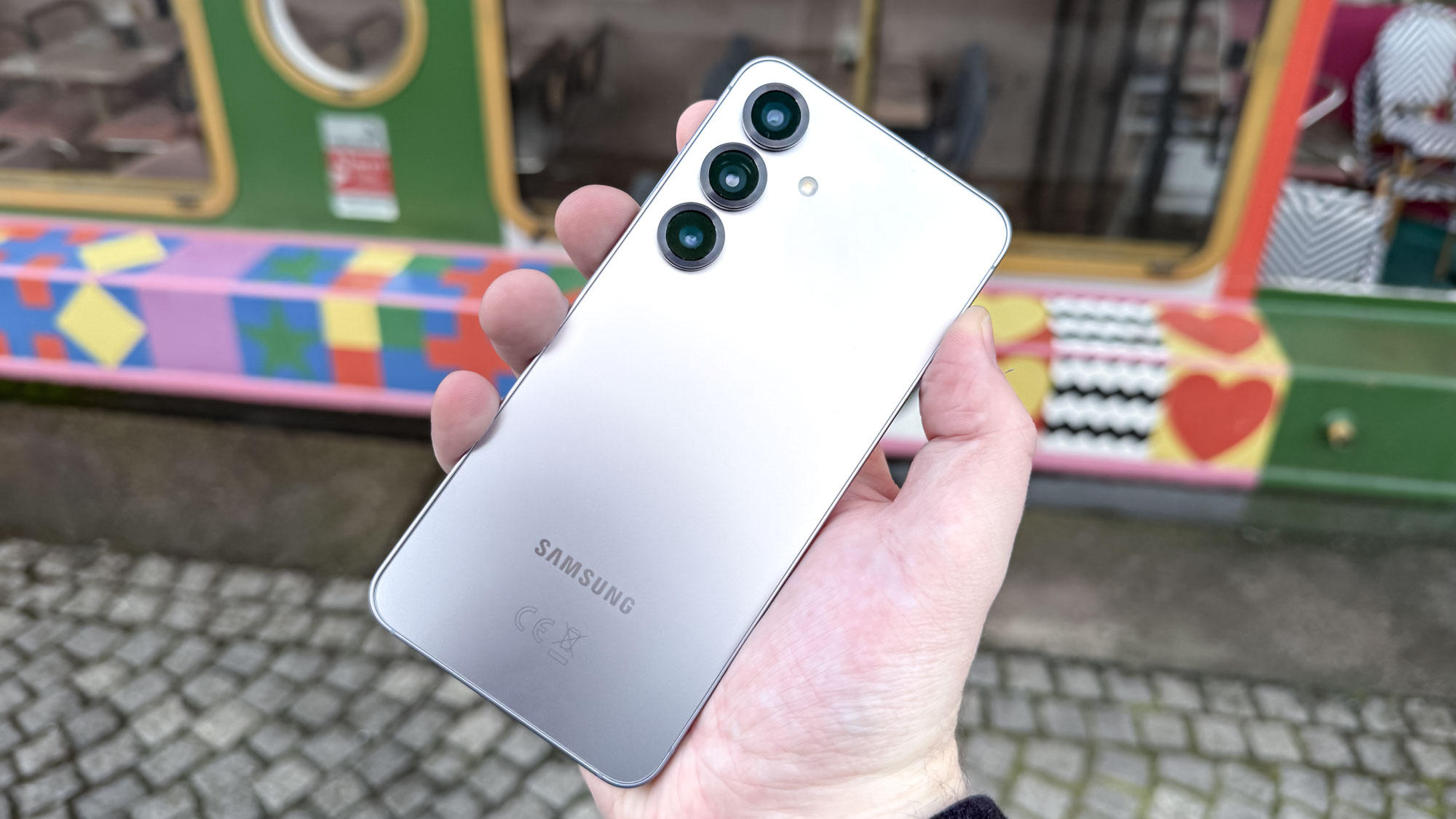
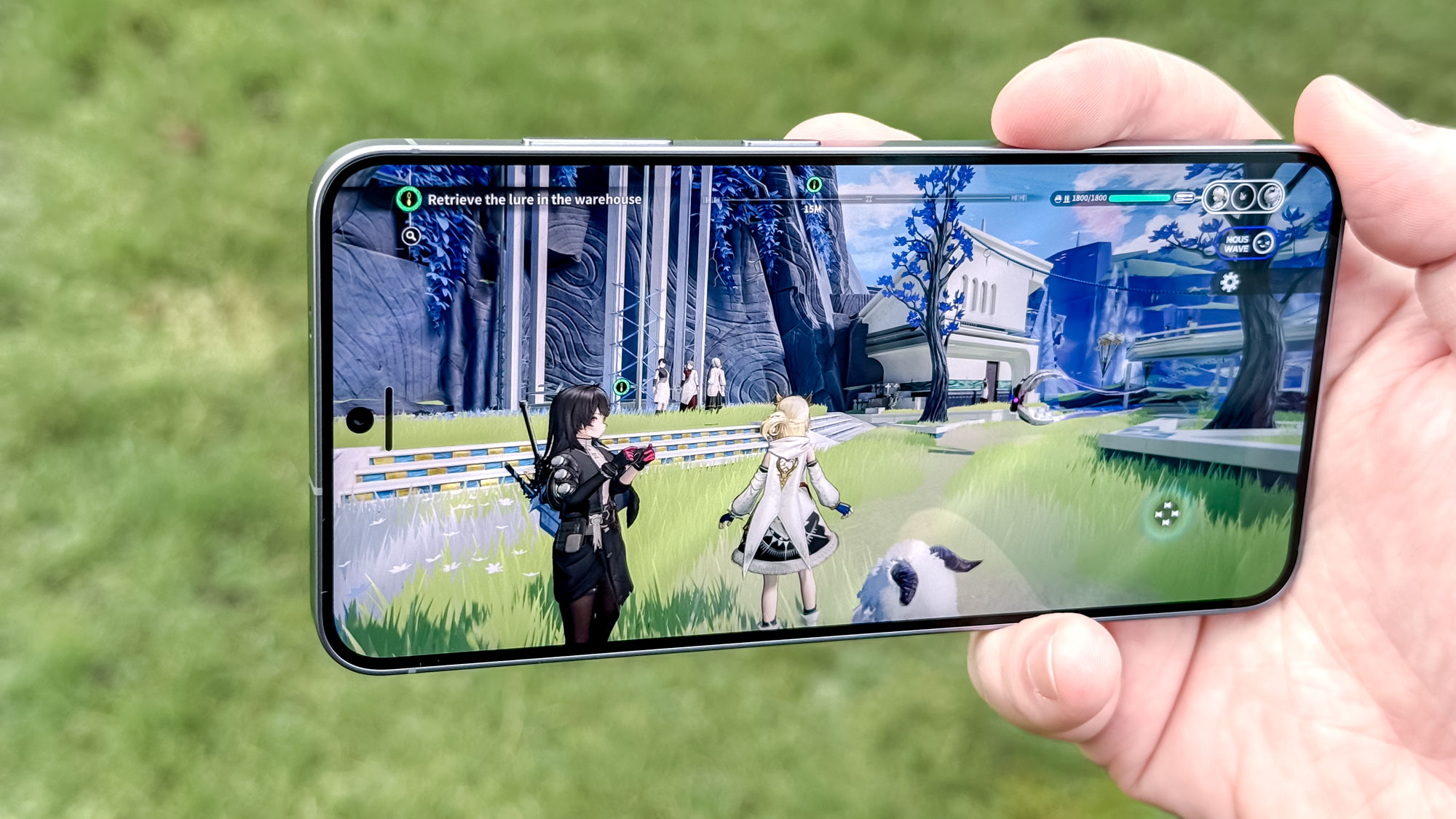
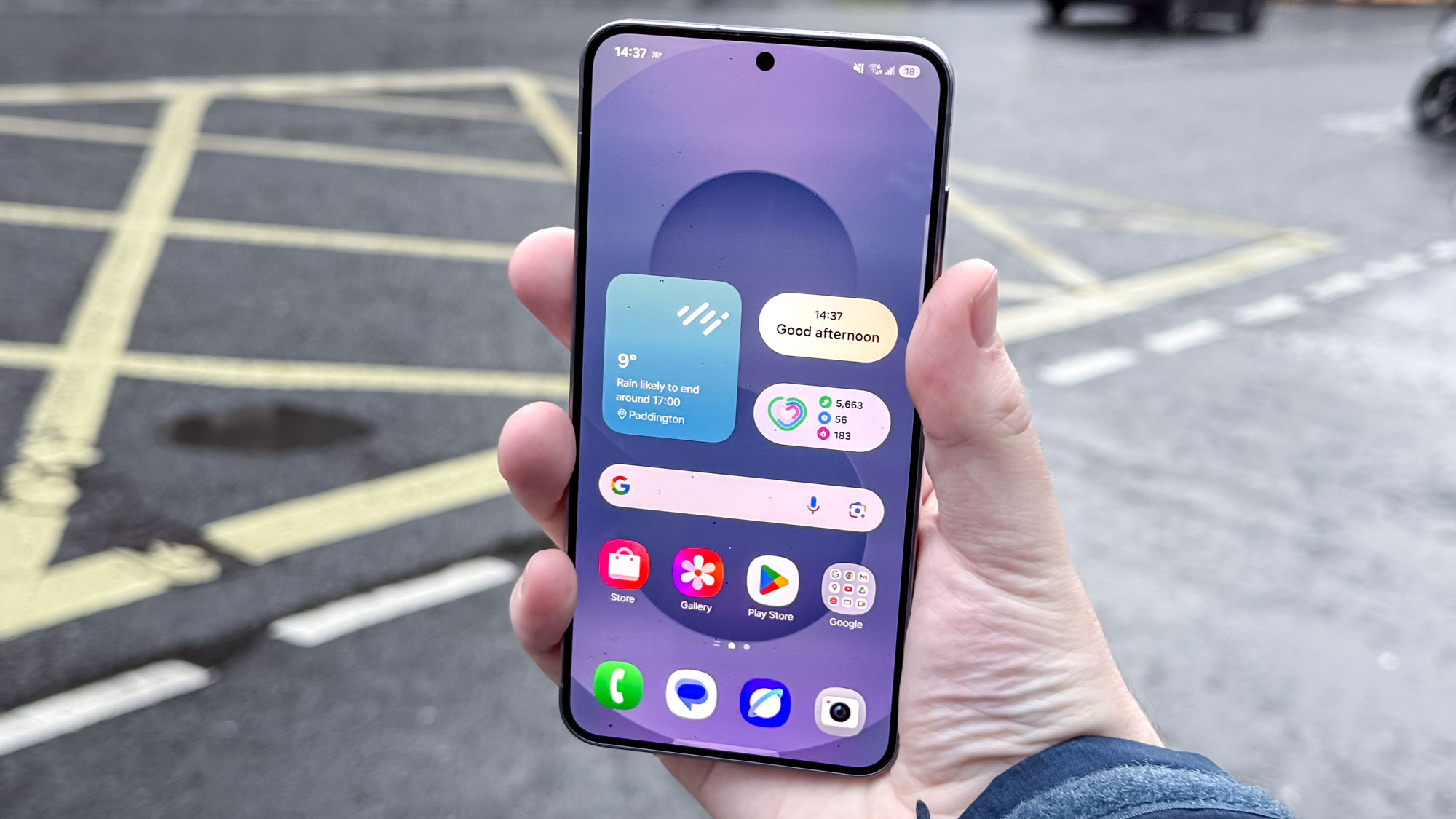

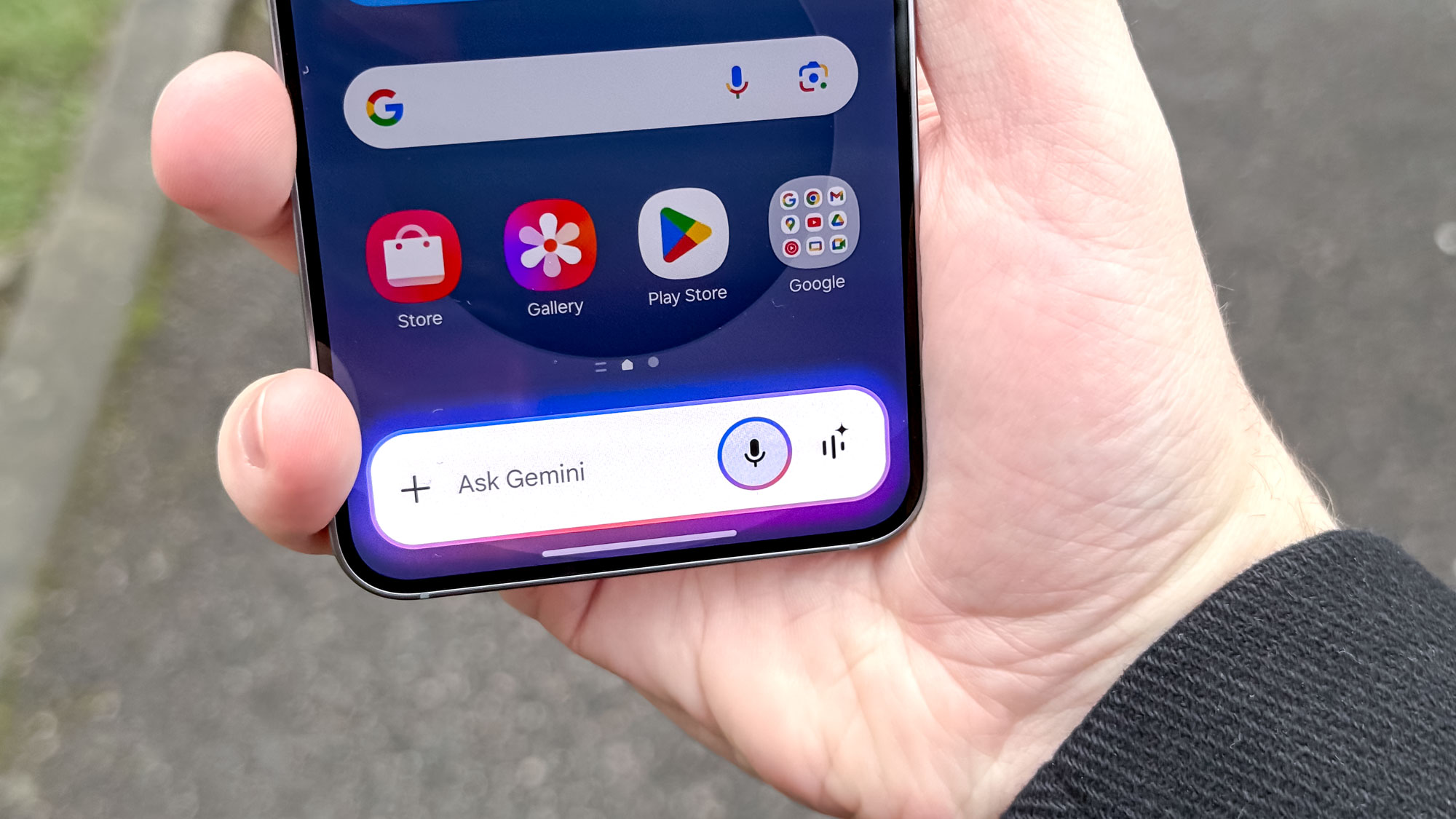
Specifications
Reasons to buy
Reasons to avoid
As with the Galaxy S25 Ultra, AI improvements are the big draw for the Galaxy S25. Samsung once again offers the same Galaxy AI features across its flagship lineup, so anything the S25 Ultra can do, so can the standard S25.
Considering the Galaxy S25 costs $500 less than Samsung's premium device, this entry-level flagship will be the way most people experience the lastest AI features from Samsung. And if they wind up buying the Galaxy S25, they'll be very pleased with the experience, despite some minimal hardware changes from previous additions.
Price and value: That $799 starting price is what's going to attract people to the Galaxy S25, especially if they balk at paying $1,000 and up for smartphones. If you find the Galaxy S25 Plus and Galaxy S25 Ultra too expensive, the Galaxy S25 provides a less expensive way to enjoy Samsung's latest devices, especially since the AI features Samsung is emphasizing with this lineup are identical from phone to phone.
Camera performance: The Galaxy S25 uses the same camera setup found on the Galaxy S24 and Galaxy S23, though the new phone does offer an update ProVisual Engine for better photo processing. Even with that change — which does have a very positive effect on the S25's camera output — owners of recent Galaxy S models may not find much of a reason to upgrade on camera performance alone.
That said, our camera testing revealed that the Galaxy S25 is less prone to over-saturating photos the way recent models did, so colors look a lot more natural in Galaxy S25 shots. Night shots also look livelier on the Galaxy S25 thanks to improvements aimed at low-light photography. The Galaxy S25 remains one of the few $799 phones to offer a telephoto lens, though the 3x optical zoom trails the 5x you'd get by paying up for Pro models from Apple or Google.
Battery life and charging: As Samsung's most compact Galaxy S model, the entry-level version doesn't have a lot of room inside for a big battery. To that end, the Galaxy S25 features a 4,000 mAh battery, just like its predecessor did. But that doesn't stop the s25 from dramatically improving upon battery life.
When we had the Galaxy S25 surf the web continuously as part of our standard battery test, the new phone held out for 15 hours and 43 minutes, which almost 2.5 hours longer than the Galaxy S24's battery test result. Clearly, the S25 is getting a lot of power management help from its Snapdragon 8 Elite chipset, as that system-on-chip is supposed to offer better power management.
Charging speeds remain at a disappointing tepid 25W for wired charging. Like the rest of the Galaxy S25 lineup, this standard version supports Qi2 wireless charging, though you'll need a special case to take advantage of that support.
Overall performance: For the Galaxy S25, Samsung stopped using different chipsets for phones released in different regions like it did with the S24. Instead, everyone who buys a Galaxy S25 gets a Snapdragon 8 Elite-powered device — and that's good news if you want the best performance in an Android phone.
The Snapdragon 8 Elite inside the S25 is optimized for Samsung's phones, enabling the Galaxy S25 to pull ahead of the OnePlus 13 in CPU testing. (The two match up fairly well in graphics tests we've run.) And Samsung equips its entry-level flagships with a generous 12GB of RAM.
That combination of chipset and memory also helps power the new Galaxy AI features, highlighted by the ability to perform actions across multiple apps via the phone's digital assistant. The Now Brief feature the surfaces relevant information on your phone screen is promising, though we'll not know how effective it truly is until it has time to learn from our actions and preferences.
Verdict: Not everyone cares for the Galaxy S25's compact size, preferring a bigger screen on their device. However, if you like a phone that's easy to use with one hand, and you want the very best Galaxy AI features without having to pay premium prices, the $799 Galaxy S25 delivers big value in its smaller size.
Attributes | Notes | Rating |
|---|---|---|
Price | The Galaxy S25's $799 starting price matches similar offerings from Apple and Google. But the big difference is the $500 gap with the Galaxy S25 Ultra, even though those two Samsung phones share AI features. | ★★★★☆ |
Cameras | There's no real change in hardware from recent Samsung models, so S24 and S23 owners may not feel compelled to upgrade. Photo processing improvements do make S25 photos look less saturated, though — a positive step. | ★★★☆☆ |
Power | Regardless of where you buy your Galaxy S25, you'll get a phone powered by the Snapdragon 8 Elite optimized for Samsung's phones. That means the best Android performance available — once again for less than what Samsung's pricier models cost. | ★★★★☆ |
Battery life | No change in battery size? No problem. The Snapdragon 8 Elite's power management features help the Galaxy S25 improve upon its predecessor's time in our battery test by nearly 2.5 hours. | ★★★★☆ |
More on the Samsung Galaxy S25
Best foldable phone
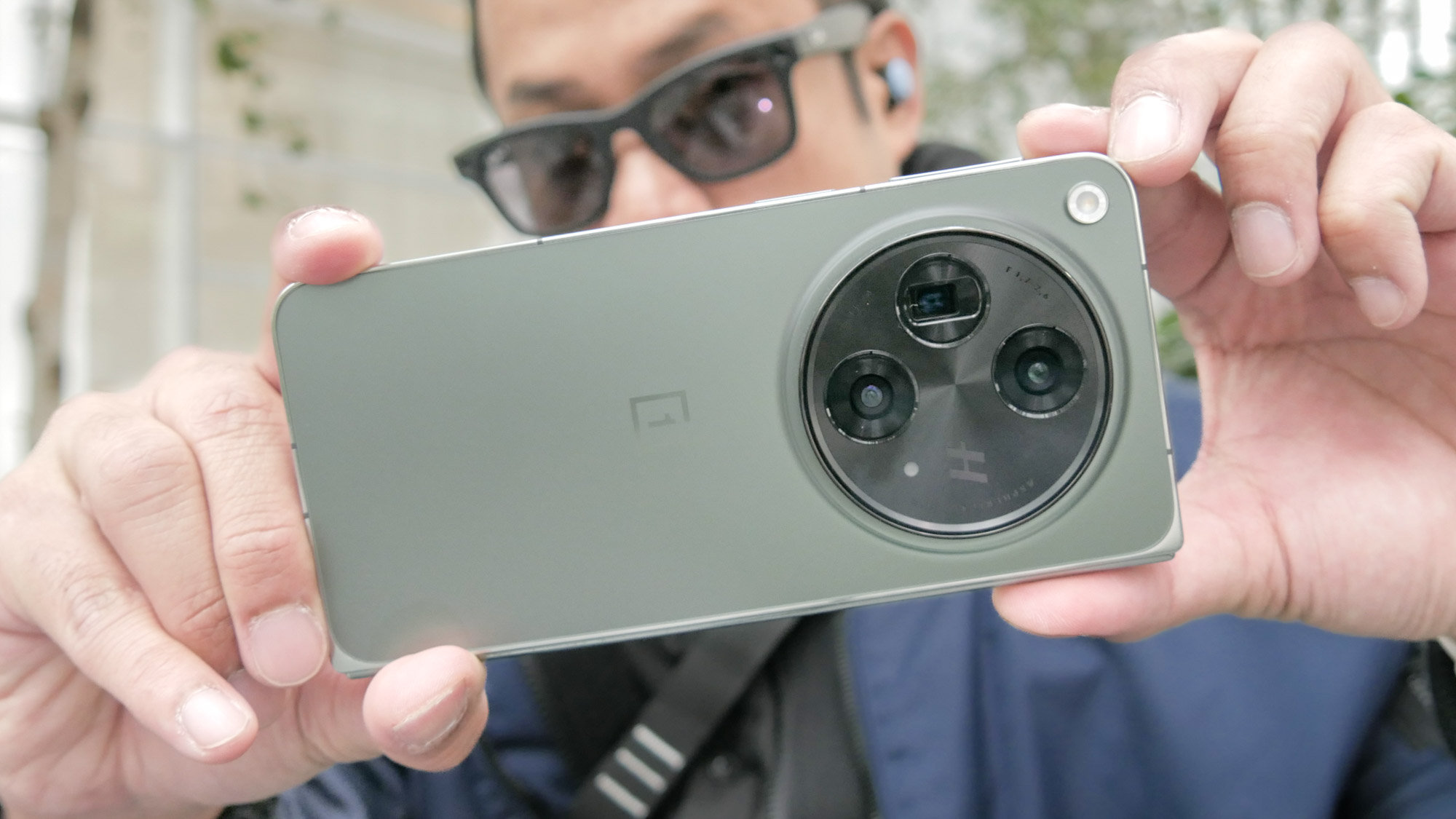
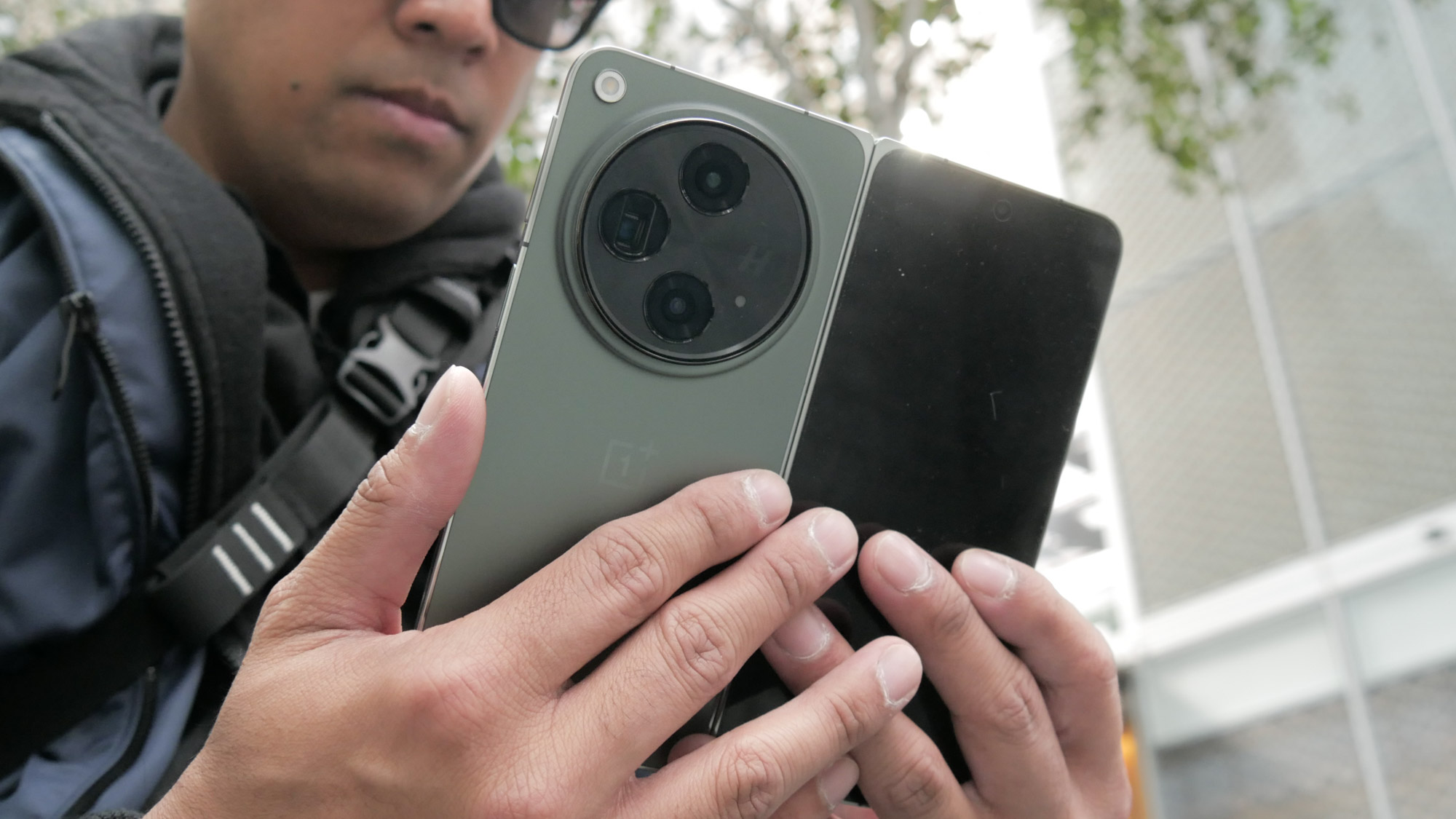
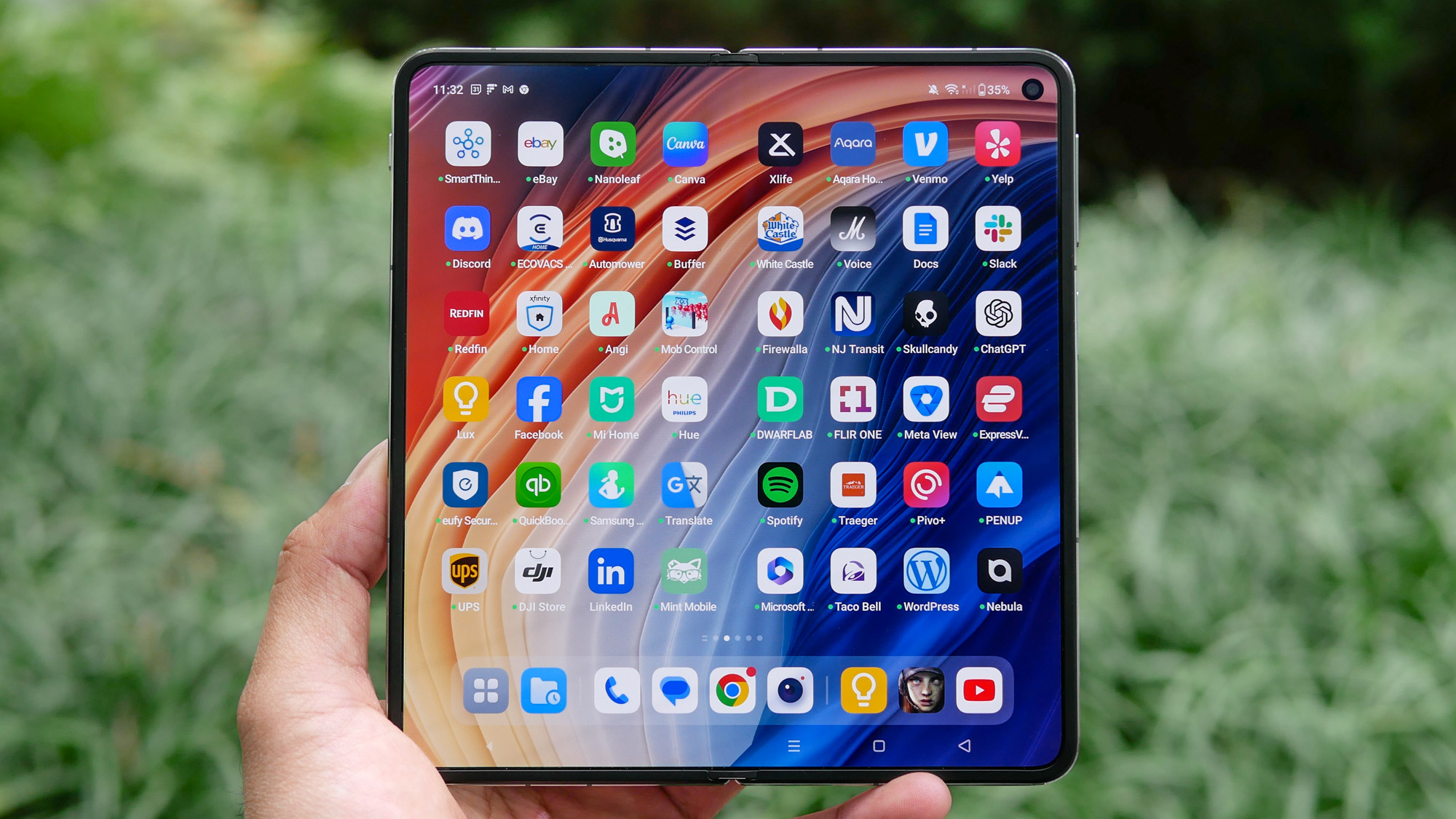
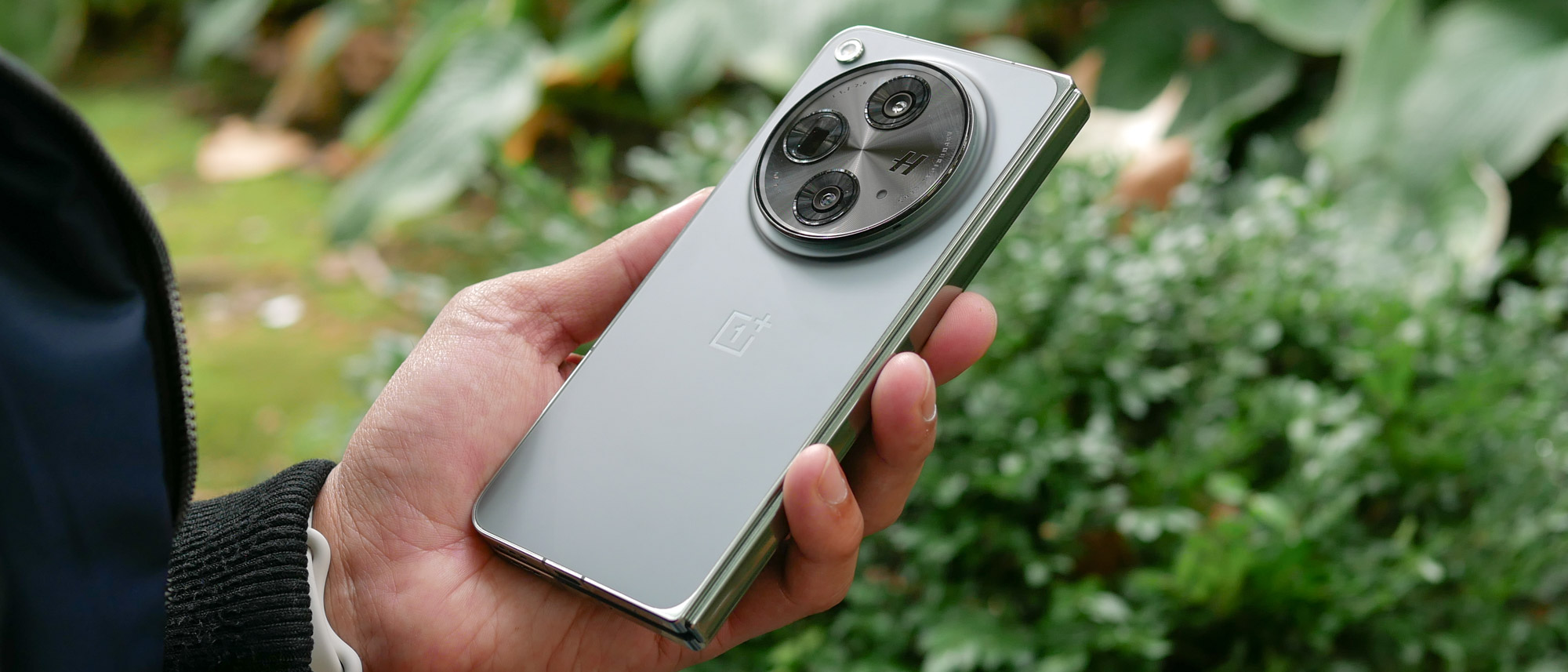
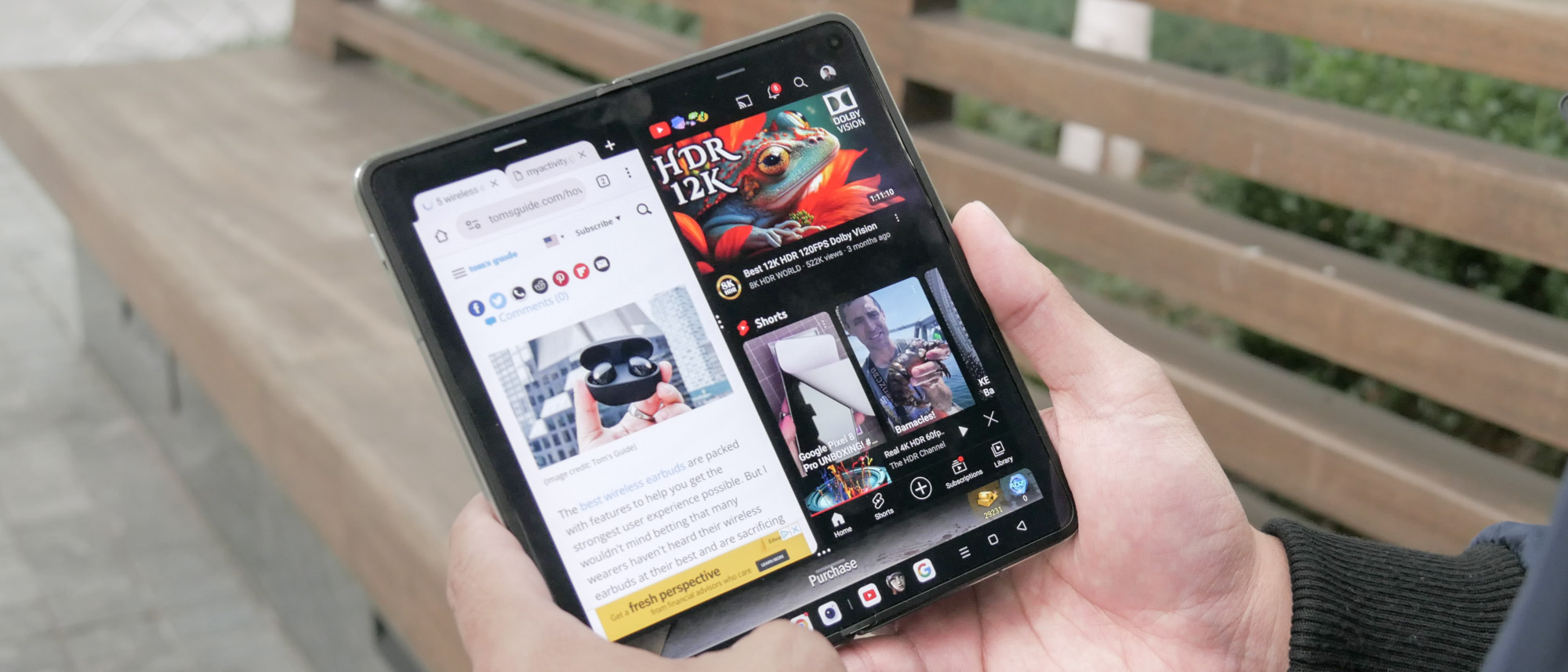
Specifications
Reasons to buy
Reasons to avoid
Both the Galaxy Z Fold 6 and Pixel 9 Pro Fold may have come out more recently, but the OnePlus Open still tops them both, especially now that it's cheaper than Samsung's top foldable. Not only is the OnePlus Open well made, but it offers up a more practical multitasking experience for users — easily the biggest argument we can make for choosing this phone over other foldables with a similar design.
The OnePlus Open has everything power users crave, and the arrival of a variant called the OnePlus Open Apex Edition delivers storage enhancements and AI photo-editing tools. That will have to tide us over for now as OnePlus apparently won't release a OnePlus Open 2 in 2025.
Price and value: OnePlus has an attractive proposition for prospective buyers. It already undercuts other notebook styled foldables with its $1,699 starting cost, but the extra $200 trade-in credit offer effectively makes it $1,499, which is a much better deal than the $1,899 cost for the Galaxy Z Fold 6.
Camera performance: Armed with a Hasselblad camera system, the OnePlus Open handles most situations with ease, excelling mostly with its main camera when lightning conditions are ideal. Its 3x telephoto zoom camera is just as good as the Pixel Fold's 5x zoom camera. That said, when John Velasco tested the OnePlus Open for Tom's Guide, he found that the foldable's cameras struggle in extreme low light conditions.
Battery and charging: Foldable phones don't always last a long time on a charge, given the super-sized screens they have to keep powered. Yet, the OnePlus Open goes the distance lasting over 11 hours on our battery test — easily beating out the Galaxy Z Fold 6. The Pixel 9 Pro Fold finished just a few minutes behind the OnePlus Open, so this is the foldable to get if you want a device that can stay powered up through the day. Like other OnePlus phones, the Open charges quickly, as we got the phone up to 85% capacity after 30 minutes.
Overall performance: Since the OnePlus Open is more than a year old, you're getting a phone with an older chip. But as I noted with the OnePlus 12R, it's not like the Snapdragon 8 Gen 2 from 2023 is showing its age. Just be aware that the Galaxy Z Fold 6 can handle tasks faster, and even the Tensor G4-powered Pixel 9 Pro Fold has a bit more pep.
But even if the OnePlus Open can't out-muscle newer foldable phones, it still boasts the Open Canvas multitasking feature that John Velasco calls the best implementation of multitasking that he's seen on all the foldable phones he's reviewed for us.
Verdict: The OnePlus Open improves upon what existing notebook styled foldables have done already, but it includes all the necessary improvements to make it the best foldable phone. At the same time, it offers the longest battery life and fastest recharge speeds in a foldable, paired with a lower cost and premium design.
That said, with no OnePlus Open update on the horizon, other foldable phone makers have the chance to close the gap with this current model. Keep an eye peeled for the likely Galaxy Z Fold 7 launch later this year to see if OnePlus Open rivals are up to the task.
Read the full review: OnePlus Open
Attributes | Notes | Rating |
|---|---|---|
Price | With other foldable phones going up in price, the OnePlus Open is the least expensive model you can find with a design that opens up like a book. | ★★★★☆ |
Design | The Google Pixel 9 Pro Fold is thinner, but the OnePlus Open is lighter and easier to tote around. | ★★★★☆ |
Power | While the Snapdragon 8 Gen 2 was a strong chip in its day, the OnePlus Open is starting to fall behind rival foldables with newer silicon. The Galaxy Z Fold 6 beats it handily, and the Pixel 9 Pro Fold can keep pace with it. | ★★★☆☆ |
Battery life | The OnePlus Open doesn't last as long as smaller foldable flip phones, but among foldables with this design, it's the battery life champ. | ★★★★☆ |
More on the OnePlus Open
Most affordable AI phone
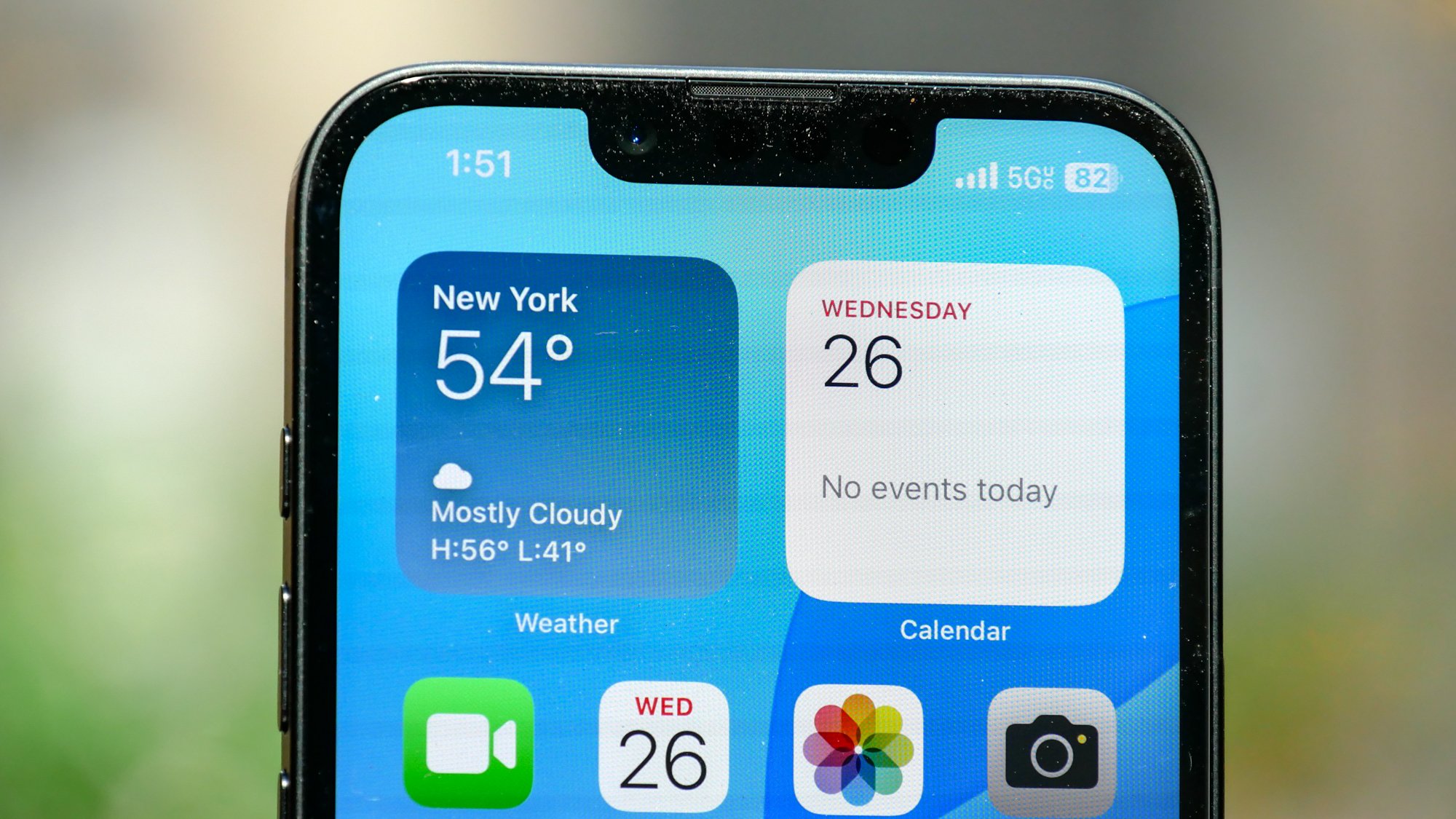
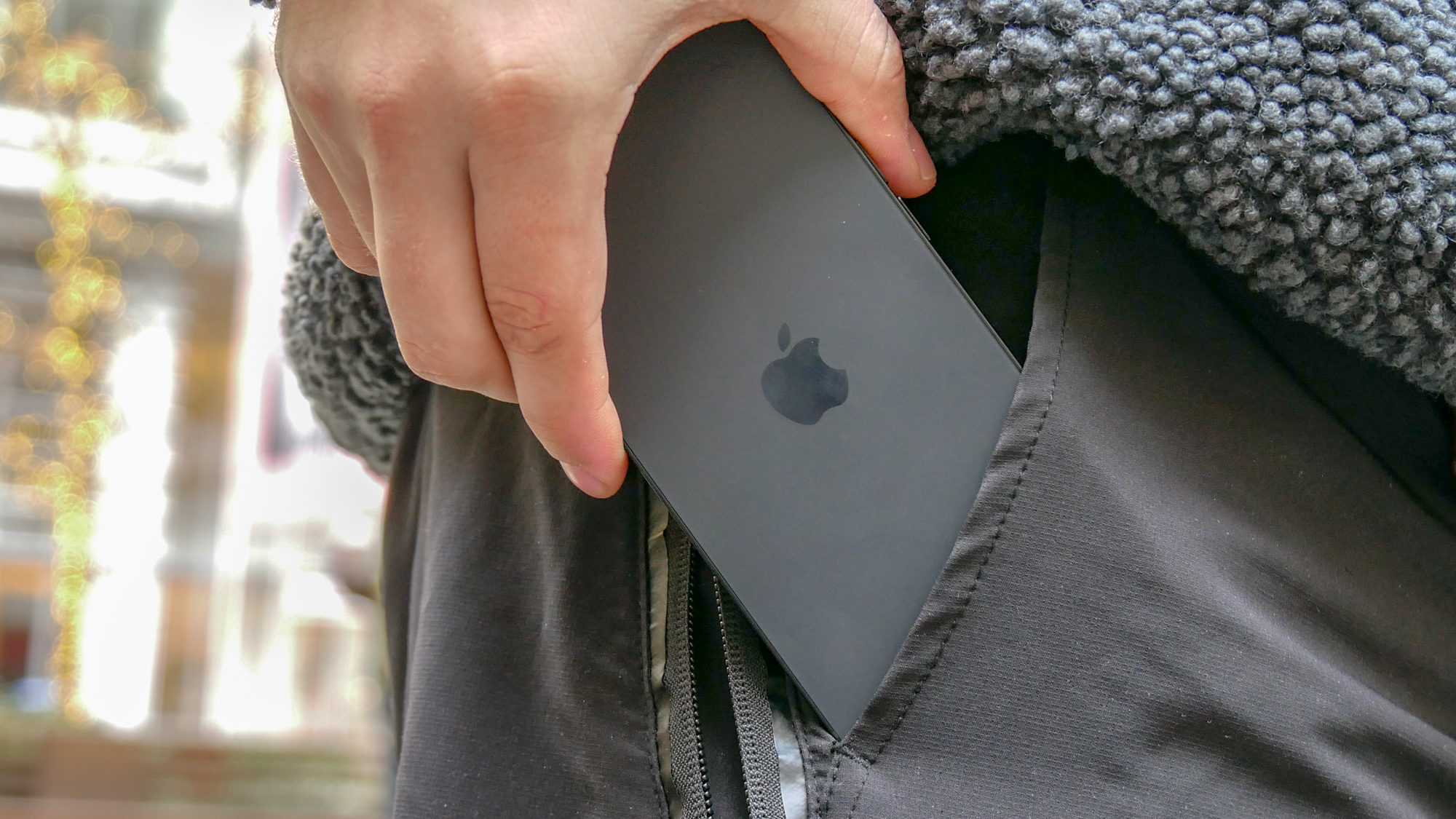
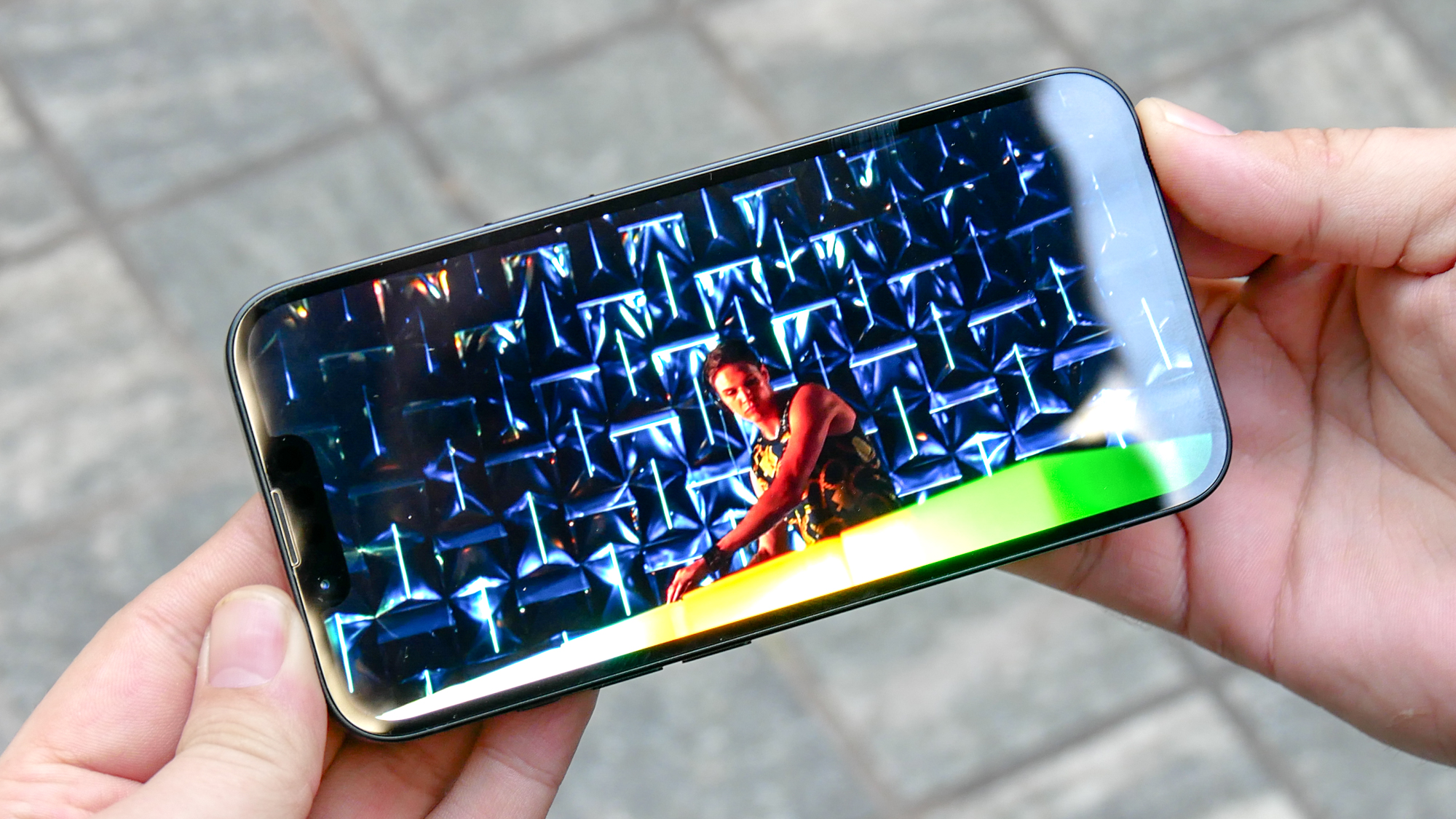
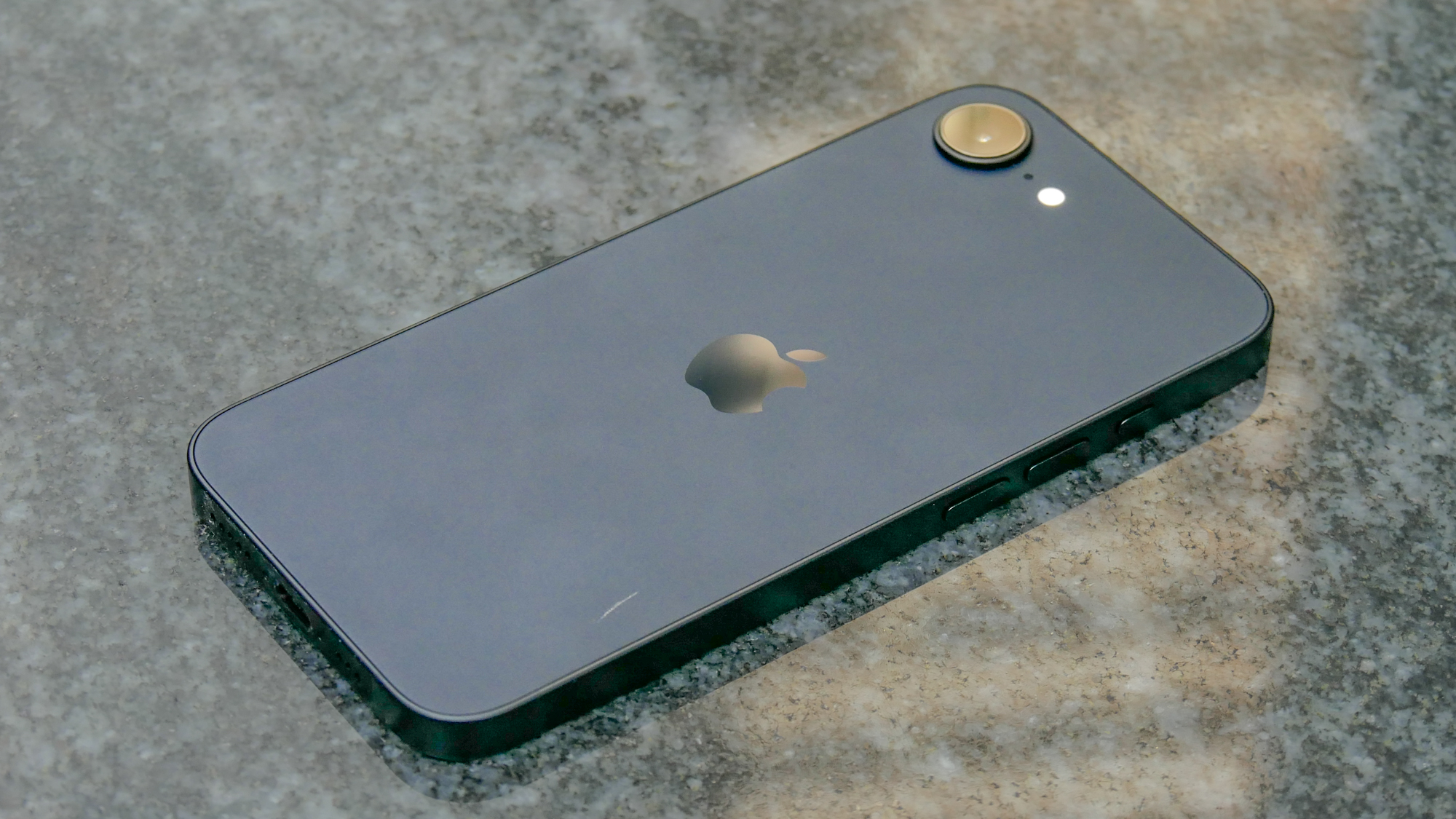
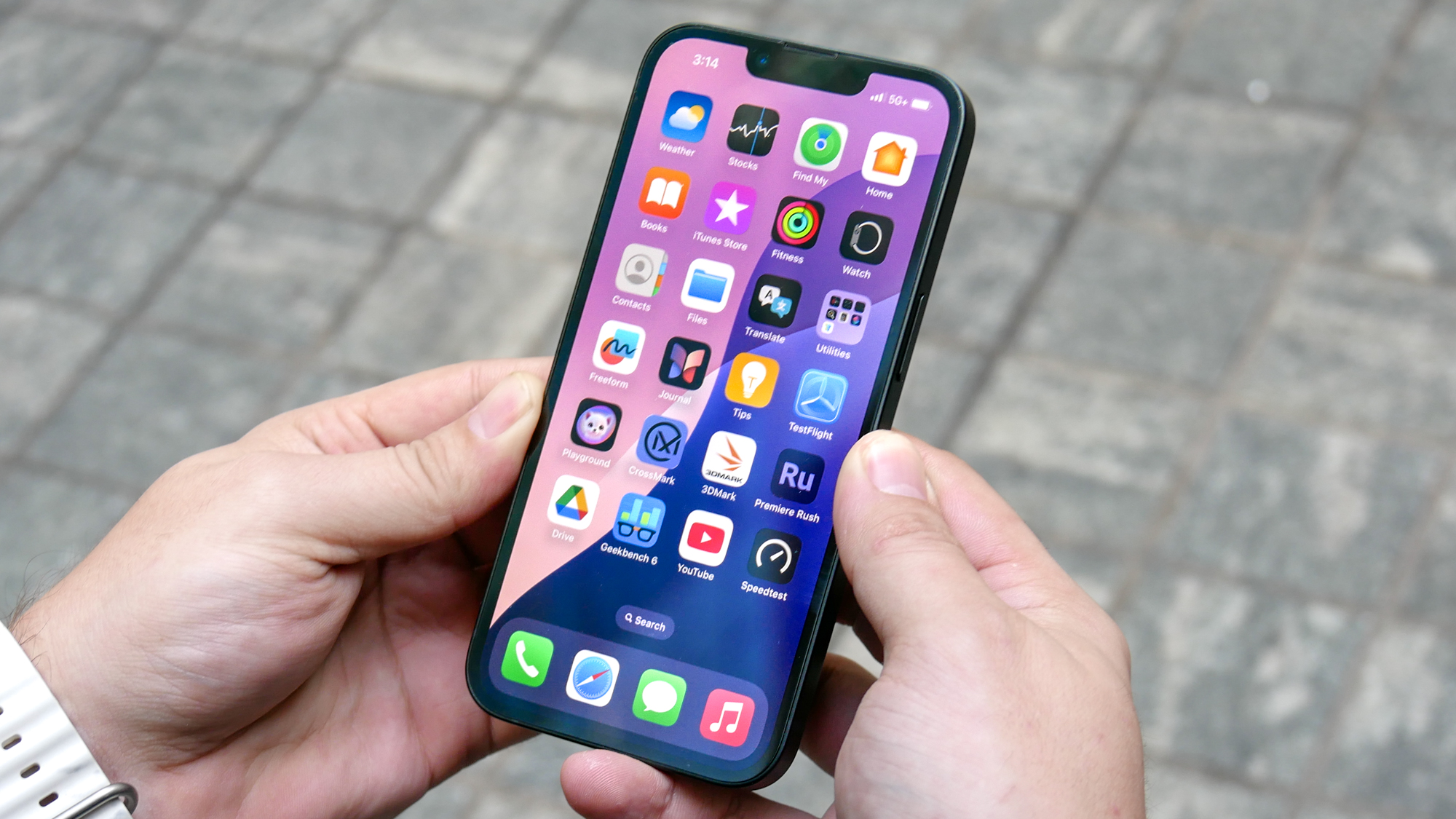
Specifications
Reasons to buy
Reasons to avoid
The iPhone SE (2022) makes way for the iPhone 16e, and that’s great news if you wanted to try out Apple’s suite of AI tools without having to pay flagship prices. The iPhone 16e uses the same processor as the iPhone 16, meaning it can also support Apple Intelligence features, making it the lowest-cost iPhone to do so.
Price and value: It’s a story of good news/bad news for the iPhone 16e’s price. The good news is that the device is the cheapest iPhone Apple sells, starting at $599 for a 128GB model. That’s $200 less than what you’d pay for an iPhone 16, and you get the same Apple Intelligence features with the less expensive phone.
However, that $599 starting price is $179 more than what Apple was charging for the iPhone SE, so in a way, the cost of getting a brand new iPhone has gone up. And with phones like the Nothing Phone 3a Pro and Pixel 9a available, there are cheaper Android options.
If you want to find a silver lining, the 128GB of storage on board the 16e is double the capacity of the base model iPhone SE.
Camera performance: My colleague John Velasco compared the iPhone 16e’s camera to the iPhone 16 and iPhone SE 2022 and came away impressed. The iPhone 16e may have just a single rear camera — a 48MP lens — but it uses photo-processing effectively to produce some very striking images with a lot of dynamic range and bold color (sometimes to the point over saturation).
If you’re familiar with the iPhone SE’s camera, you know that it struggled to take detailed photos at night, but that’s not an issue with the iPhone 16e, which excelled at low-light photography in John’s testing. Because of the 48MP sensor, the new iPhone can also approximate a 2x zooming, giving you greater flexibility, though not as much as you would enjoy with the iPhone 16 and its extra ultrawide lens.
Battery and charging: The iPhone 16e adopts a more modern design with a 6.7-inch OLED screen, compared to the 4.7-inch LCD panel on the iPhone SE (2022). That’s relevant here, because the larger size gives Apple more room to squeeze in a big battery than the dinky power pack that led the iPhone SE to produce below-average results on our battery test. It also helps that the A!8 chipset inside the iPhone 16e excels at managing power efficiently.
The end result is an average battery life that tops 12.5 hours on our test, improving on the iPhone SE’s time by 3.5 hours and beating the average smartphone’s result by more than 2 hours. The iPhone 16e also finished ahead of the iPhone 16 when we tested those phones side-by-side, a result that might indicate the Apple-built C1 modem inside the iPhone 16e is as efficient as Apple claims. (Our battery test runs over cellular, so a modem’s power efficiency would definitely have a hand in the result.)
Overall performance: The A18 chipset used by the iPhone 16e isn’t quite the same as the one powering the iPhone 16 — this version has one less GPU core, which explains the lower scores on graphics benchmarks that John noticed when reviewing the phone. That said, the iPhone 16e handles graphically-intense games well, so you’re not really sacrificing much in the way of performance with this phone the way you might with other midrange handsets.
The true performance story is the iPhone 16e’s support for Apple Intelligence features. Not only can you run the same AI tools available on more expensive models like the iPhone 16 Pro Max, Apple’s ongoing updates will continue to build out the iPhone 16e’s capabilities for some time to come.
Verdict: The iPhone 16e is not exactly a slam dunk,as you do give up some camera flexibility, MagSafe support and the Dynamic Island feature for a discounted phone that’s not as cheap as its predecessor. If you have the extra $200, the iPhone 16 is a better buy, but if cost is paramount, the iPhone 16e is a great way to experience Apple Intelligence for less.
Android users looking for less expensive AI have a lower-cost option of their own. The Galaxy S24 FE has many — though not all — of the Galaxy AI features found on Samsung’s more expensive flagships and is worth checking out.
Read the full review: iPhone 16e
Attributes | Notes | Rating |
|---|---|---|
Price | The iPhone 16e offers a way to get Apple Intelligence for the lowest price. That said, the $599 price tag is $179 more than what the iPhone SE (2022) cost, which compromises some of the value of opting for this cheaper model. | ★★★☆☆ |
Cameras | Don't let the single camera lens on the iPhone 16e fool you into thinking this isn't a top-performing camera phone. Photo-processing gives boosted colors, while photos have excellent dynamic range. | ★★★★☆ |
Power | The A18 powering the iPhone 16e has one less GPU core than the chipset inside the iPhone 16, so graphics aren't as powerful. But overall, the iPhone 16e is an excellent midrange performer with the added benefit of Apple Intelligence support. | ★★★★☆ |
Battery life | With a time on our battery test that's around 2.5 hours better than the average phone, the iPhone 16e offers solid battery life, even if bigger iPhones last longer. | ★★★☆☆ |
More on the iPhone 16e
Best phones: Key specs compared
Here's a closer look at how our best phones pick compare when it comes to display brightness and battery life test results.
Phone | Screen size | Brightness test results (nits) | Battery life test results (Hrs: Mins) |
Samsung Galaxy S25 Ultra | 6.9 inches | 1,860 | 17:14 |
iPhone 16 Pro Max | 6.9 inches | 1,553 | 17:35 |
Google Pixel 9 Pro | 6.3 inches | 1,880 | 13:30 |
Google Pixel 9a | 631 inches | 2,076 | 13:08 |
Nothing Phone 3a Pro | 6.77 inches | 1,259 | 14:33 |
OnePlus 13 | 6.82 inches | 1,104 | 19:45 |
iPhone 16 | 6.1 inches | 1,348 | 12:13 |
Samsung Galaxy S25 | 6.2 inches | 1,789 | 15:43 |
OnePlus Open | 7.2 inches (interior display); 6.3 inches (exterior) | 586 | 11:31 |
iPhone 16e | 6.1 inches | 1,028 | 12:41 |
FAQ: Finding the best phones
Should I get an Android device or iPhone?
Android phones give you more choice in terms of price, size and innovative designs. However, iPhones offer speedier software updates, better games and apps and better security and privacy. See our iPhone vs Android face-off for more on the strengths and weaknesses of the two mobile platforms.
When do new phones come out?
It helps to have some idea as to when new phones are on their way if for no other reason than you don't unwittingly buy a device that's about to be made obsolete. (There's an argument to be made for buying a phone as its successor is getting announced should the older model see a price drop.) Phone makers tend to keep launch dates close to the vest, but they also have a habit of releasing new models at the same time of the year. Here's out best guess as to what's coming next for the most anticipated phones of 2025:
- Galaxy S25 Edge: April 2025
- Galaxy Z Fold 7/Galaxy Z Flip 7: Summer 2025
- Pixel 10: Fall 2025
- iPhone 17: Fall 2025
Is it better to buy an unlocked phone?
Most shoppers in the U.S. buy new phones through their wireless carrier. But an unlocked phone gives you the freedom to buy the device without any sort of contract and then bring it to the provider you want to use. And these days, it's pretty easy to bring an unlocked phone to any phone carrier.
That said, some phones cost more when you buy them unlocked. For example, Apple tacks $30 on to the price of the iPhone 16 for an unlocked model. Best Buy typically takes money off the price of a phone when you activate it with a specific carrier at time of purchase.
How big of a phone should I get?
Fans of the best small phones will have a hard time finding devices with screens smaller than 6 inches today, though a few still exist. Thanks to shrinking bezels, most phones with screens around 6.1 inches are fairly compact. If you prefer a big phone, you'll want something with a screen that's 6.5 to 6.8 inches. Anything bigger, and you'll likely want to turn to a foldable phone, where the device opens up to reveal a larger display.
What should I consider when looking at camera features?
Most phones will come with at least two rear cameras — a main lens and an ultrawide shooter, usually. Telephoto lenses offering an optical zoom are often reserved for more expensive flagship phones. Don't pay attention to the megapixel count. Instead, look at camera face-offs between phones to see the photo quality and look for special features like Night Mode to get better quality in low light. Also see our best camera phone roundup for more on the devices that really excel when taking photos.
What do I need to know about smartphone battery life?
Generally, phones with larger batteries (measured in mAh) offer the longest battery life, but that's not always the case. That's why we run our own battery test, in which we make phones surf the web until they run out of power. The average phone runs out of juice in 10 hours in our test, while the best phone battery life we've tested tends to pass the 14-hour mark with some phones lasting longer than 18 hours.
What about AI features?
Artificial intelligence is the talk of the tech world these days, and mobile phones are looking to capitalize on the buzz by adding AI-powered features that either simplify common tasks or help you create new images and documents on the go.
Google's phones — whether it's the flagship Pixel 9 models or the budget Pixel 8a — have the most advanced AI, but Samsung has gotten very aggressive with adding Galaxy AI capabilities, whether it's introducing AI features in new phones or extending those features to older flagships; that said, it's unclear which Galaxy AI additions arriving with the Galaxy S25 will find their way to other Samsung devices.
Apple trails both its rivals, though it hopes the Apple Intelligence features currently rolling out to the iPhone 16 and iPhone 15 Pro models will close the gap somewhat. The arrival of the iPhone 16e makes those AI features available in a lower-cost model.
How we test smartphones
In order for a smartphone to make our best phone list, it needs to excel on several tests that we run on every handset. We perform some of these tests in our labs and some in the real world.
When it comes to performance, we rely on such synthetic benchmarks as Geekbench 5 and 3DMark's Wild Life Unlimited to measure graphics performance. These tests allow us to compare performance across iPhones and Android devices. We also run a real-world video transcoding test on each phone using the Adobe Premiere Rush app and time the result.
To measure the quality of a phone's display, we perform lab tests to determine the brightness of the panel (in nits), as well as how colorful each screen is (DCI-P3 color gamut). In these cases, higher numbers are better. We also measure color accuracy of each panel with a Delta-E rating, where lower numbers are better and score of 0 is perfect.
One of the most important tests we run is the Tom's Guide battery test. We run a web surfing test over 5G or 4G at 150 nits of screen brightness until the battery gives out. As noted above, a phone that lasts more than 10 hour has good battery life, while phones that last around 12 hours or longer are among the longest-lasting phones we've tested.
Last but not least, we take the best phones out in the field to take photos outdoors, indoors and at night in low light to see how they perform versus their closest competitors. We take shots of landscapes, food, portraits and more, and also allow you to be the judge with side-by-side comparisons in our reviews.
For more information, check out our how we test page for Tom's Guide.
Sign up to get the BEST of Tom's Guide direct to your inbox.
Get instant access to breaking news, the hottest reviews, great deals and helpful tips.
Philip Michaels is a Managing Editor at Tom's Guide. He's been covering personal technology since 1999 and was in the building when Steve Jobs showed off the iPhone for the first time. He's been evaluating smartphones since that first iPhone debuted in 2007, and he's been following phone carriers and smartphone plans since 2015. He has strong opinions about Apple, the Oakland Athletics, old movies and proper butchery techniques. Follow him at @PhilipMichaels.


